3 Bedrooms | 2.5 baths | 2,001 sq. ft.
- MLS#: 325023953
- 3 Bedrooms
- 2.5 Baths
- Living Space2,001 sq. ft.
- Lot Size: 6,456 sq. ft.
- Year Built: 2016
- Subdivision: Southtown Commons
- Levels: Two Story
- APN: 0137-154-140
- Garage: Two Car
- Roof: Tile
- Water Source: Public
- Sewer Source: Public
- Heat/Cooling:HVAC
- Foundation: Slab
- Open Concept Living
- Plush Carpet in Bedrooms
- Loft Space
- Pergola
- Dog Run
WHO YOU WORK WITH MATTERS
Over the years, I have become a trusted name in the industry, with a strong background in new construction. I have a proven track record of success in helping my clients buy and sell properties. I am originally from the Bay Area, where I developed an early fascination for architecture and design. Watching my family in the real estate industry ultimately led me to pursue a career in real estate. After years of honing my skills and knowledge in new construction in the Solano County market, I made a life-changing decision to move into resale to not only help clients buy homes, but also sell, invest, and so much more. Resale has driven my desire to be an advocate for my clients throughout the entire process.
Whether you are a first-time homebuyer looking for the perfect property or a seasoned investor seeking lucrative opportunities, or ready to list your property, let me help you with all things real estate today!
victoriadouglashomes@gmail.com
I value 1:1 relationships and have the utmost respect for the work we do together. I love working collaboratively with you to achieve your goals. I am committed to transparency and integrity. Using my professional experience and motivated enthusiasm, I will work step-by-step with you to achieve the outcome you're seeking by developing a tailored marketing plan, briefly outlined below.
What My Clients Have To Say
Victoria spent around two months finding me the correct house for me to purchase, she showed me many houses that were available over that time, so that she could understand what I was looking for out of a house. Victoria even found the correct loan broker that saved be a lot when it came to financing my eventual purchase. There was lots of scary paperwork that she walked me thought and made sure I understood it as we went thought the process of buying the house. Thank you very much Victoria Babilonia you made it a easy and stress free decision.
Anna Caldera
Buy and Sold
I highly recommend Victoria Douglas. I have worked with her for years, both buying and selling homes. She is extremely knowledgeable in all aspects of real estate negotiations. Customer service is very important to her and she always makes me feel like I am her number one priority. She is an exceptional realtor and I have always enjoyed working with her.
Victoria is very resourceful and exceptionally knowledgeable about the local area. She is very professional but also friendly and hard working. Her staff is also top-notch and extremely courteous. Victoria helped my son, my wife and myself find the 'dream house' and did not rest until the deal was made. Her negotiation skills are second to none and we as a family can not be thankful enough for all her help throughout the whole home buying process.
3 Bedrooms | 2.0 baths | 1,831 sq. ft.
- MLS#: 225030243
- 3 Bedrooms
- 2 Baths
- 1,831 sq. ft.
- 7,405 sq. ft. Lot
- Year Built: 2002
- Subdivision: Palisades
- Levels: Single Story
- APN: 051-620-032
- Garage: Three Car
- Roof: Tile
- Water Source: Public
- Sewer Source: Public
- HVAC
- Foundation: Slab
- Lot Features: Sprinklers, Landscaped
- RV PArking - Covered
- Covered Patio
- Shed
- + Den/Office Space
Welcome to 1022 Skyline Drive – A Perfect Blend of Comfort & Community!
Nestled in a desirable Yuba City neighborhood, this charming home offers 3 bedrooms, 2 bathrooms, and a versatile den/office space—ideal for work or relaxation. The bright and airy layout is designed for effortless living, with a well-appointed kitchen featuring ample storage and seamless flow into the spacious living areas. Step outside to a generously sized backyard, perfect for gatherings, gardening, or unwinding under the stars.
Beyond the home, Yuba City offers a vibrant lifestyle with top-rated schools, beautiful parks, and endless recreation. Enjoy hiking trails at South Yuba River State Park, let your furry friends play at Off the Leash Dog Park, or explore local dining favorites like Lumberjack’s Restaurant and El Zarape. The city’s annual Bok Kai Festival and Yuba-Sutter Fair bring the community together with culture, entertainment, and family-friendly fun. With shopping, dining, and outdoor adventure just minutes away, this home is the perfect place to experience all that Yuba City has to offer!
WHO YOU WORK WITH MATTERS
Over the years, I have become a trusted name in the industry, with a strong background in new construction. I have a proven track record of success in helping my clients buy and sell properties. I am originally from the Bay Area, where I developed an early fascination for architecture and design. Watching my family in the real estate industry ultimately led me to pursue a career in real estate. After years of honing my skills and knowledge in new construction in the Solano County market, I made a life-changing decision to move into resale to not only help clients buy homes, but also sell, invest, and so much more. Resale has driven my desire to be an advocate for my clients throughout the entire process.
Whether you are a first-time homebuyer looking for the perfect property or a seasoned investor seeking lucrative opportunities, or ready to list your property, let me help you with all things real estate today!
victoriadouglashomes@gmail.com
I value 1:1 relationships and have the utmost respect for the work we do together. I love working collaboratively with you to achieve your goals. I am committed to transparency and integrity. Using my professional experience and motivated enthusiasm, I will work step-by-step with you to achieve the outcome you're seeking by developing a tailored marketing plan, briefly outlined below.
What My Clients Have To Say
Victoria spent around two months finding me the correct house for me to purchase, she showed me many houses that were available over that time, so that she could understand what I was looking for out of a house. Victoria even found the correct loan broker that saved be a lot when it came to financing my eventual purchase. There was lots of scary paperwork that she walked me thought and made sure I understood it as we went thought the process of buying the house. Thank you very much Victoria Babilonia you made it a easy and stress free decision.
Anna Caldera
Buy and Sold
I highly recommend Victoria Douglas. I have worked with her for years, both buying and selling homes. She is extremely knowledgeable in all aspects of real estate negotiations. Customer service is very important to her and she always makes me feel like I am her number one priority. She is an exceptional realtor and I have always enjoyed working with her.
Victoria is very resourceful and exceptionally knowledgeable about the local area. She is very professional but also friendly and hard working. Her staff is also top-notch and extremely courteous. Victoria helped my son, my wife and myself find the 'dream house' and did not rest until the deal was made. Her negotiation skills are second to none and we as a family can not be thankful enough for all her help throughout the whole home buying process.
Many people are hoping mortgage rates will come down before they buy a home. But will that actually happen? According to the latest forecasts, experts say rates will decline, but not by as much as a lot of people want.
The good news? Even if they don’t drop substantially, there are still ways to make buying a home more affordable.
How Much Will Rates Drop?
A few months ago, experts were forecasting mortgage rates could dip below 6% by the end of the year. But recent projections suggest that may not happen after all.
While mortgage rates are still expected to decline some later this year, projections from Fannie Mae, the Mortgage Bankers Association (MBA), and Wells Fargo now show them stabilizing closer to the 6.5% to 7% range (see below):
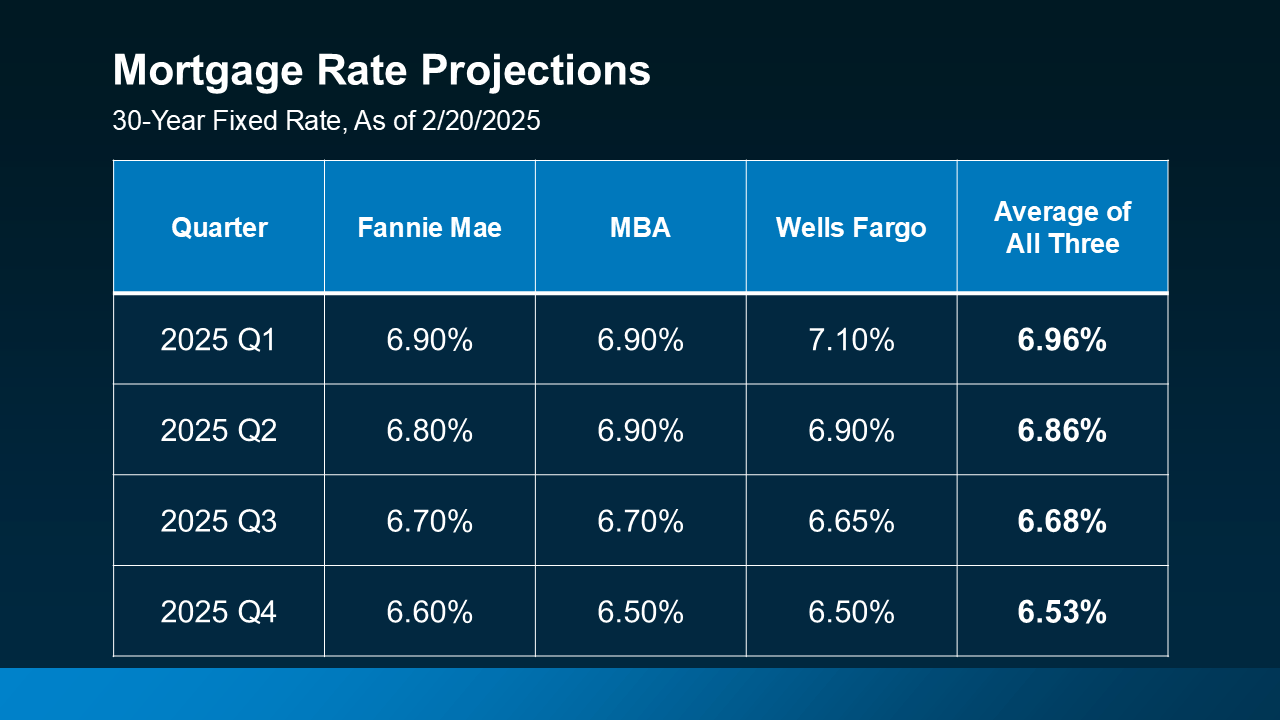 That means if you’re holding off on buying a home in hopes of much lower mortgage rates, you may be waiting a while. And if you need to move because something in your life has changed, like a new job, a new baby, or a marriage – waiting that long may not be an option.
That means if you’re holding off on buying a home in hopes of much lower mortgage rates, you may be waiting a while. And if you need to move because something in your life has changed, like a new job, a new baby, or a marriage – waiting that long may not be an option.
Creative Financing Options in Today’s Market
Since rates aren’t expected to decline as much as originally expected, it may be worth considering alternative financing options that could help you get into a home sooner rather than later. Here are three strategies to discuss with your lender to see if any of these make sense for you:
1. Mortgage Buydowns
A mortgage buydown allows you to pay an upfront fee to lower your mortgage rate for a set period of time. This can be especially helpful if you want or need a lower monthly payment early on. In fact, 27% of agents say first-time homebuyers are increasingly requesting buydowns from sellers in order to buy a home right now.
2. Adjustable-Rate Mortgages
Adjustable-rate mortgages (ARMs) typically start with a lower mortgage rate than a traditional 30-year fixed mortgage. This makes them an attractive option, especially if you expect rates to drop in the coming years or plan to refinance later.
And if you remember the housing crash, know that today’s ARMs aren’t like the risky ones back then. Lance Lambert, Co-Founder of ResiClub, helps drive this point home by saying:
“. . . ARM products today are different from many of the products issued in the mid-2000s. Before 2008, lenders often approved ARMs based on borrowers ability to pay the initial lower interest rates. And sometimes they didn’t even check that (remember Ninja loans). Today, adjustable-rate borrowers qualify based on their ability to cover a higher monthly payment, not just the initial lower payment.”
In simple terms, banks used to give loans without checking to see if buyers could afford them. Now, lenders verify income, assets, and jobs, reducing the risks associated with ARMs compared to the past.
3. Assumable Mortgages
An assumable mortgage allows you to take over the seller’s existing loan — including its lower mortgage rate. And with more than 11 million homes qualifying for this option according to U.S. News, it’s worth exploring if you want or need a better rate.
Bottom Line
Waiting for a big decline in mortgage rates may not be the best strategy. Instead, options like buydowns, ARMs, or assumable mortgages could make homeownership more affordable right now. Connect with a local lender to explore what works for you.
How does this impact your homebuying plans this year?
4 Bedrooms | 2 baths | 1,424 sq. ft.
- MLS#: 325004977
- 4 Bedrooms
- 2 Baths
- 1,424 sq. ft.
- 5,663 sq. ft. Lot
- Year Built: 1973
- Subdivision: Vaca Alamo
- Levels: Single Story
- APN: 0127-181-090
- Garage: Two Car
- Roof: Shingle
- Water Source: Public
- Sewer Source: Public
- HVAC
- Foundation: Raised
- Lot Features: Sprinklers, Landscaped
- Dog Run
- Entry Gate
- Exterior Wood Fence
- Rear Patio Covered
Welcome to 1229 Alderwood Way, a charming 4-bedroom, 2-bathroom single-family residence nestled in the heart of Vacaville, CA. This 1,424 sq. ft. home, built in 1973, boasts updated bathrooms and new flooring throughout, offering a fresh canvas ready for your personal touch. Priced at $565,000, this property presents an excellent opportunity for comfortable living in a vibrant community.
Prime Location with Easy Access
Situated on a 0.13-acre lot, this single-story home provides easy freeway access, making commutes straightforward. It's just minutes away from downtown Vacaville, blending convenience with the tranquility of a private backyard—perfect for relaxation or entertaining guests.
Explore Vibrant Downtown Vacaville
Downtown Vacaville is a hub of activity and culture. Residents can enjoy a variety of restaurants, beautiful parks, live music, and local shops. The area hosts numerous annual events, including the Vacaville Farmers Market, which operates year-round at Andrews Park, offering fresh, locally sourced produce and artisanal goods. Seasonal events like the Spring Fling Stroll and the Downtown Shakedown Car Show bring the community together, fostering a strong sense of local pride.
Abundant Recreational Opportunities
For outdoor enthusiasts, Vacaville offers an array of activities. Lagoon Valley Park provides hiking and biking trails with scenic views, while Andrews Park, located downtown, is a popular spot for picnics and community gatherings. The city's temperate climate allows for year-round enjoyment of these outdoor spaces.
Educational Excellence
Families will appreciate the proximity to quality educational institutions. The property is located within the Vacaville Unified School District, with schools like Eugene Padan Elementary School, Vaca Pena Middle School, and Will C. Wood High School serving the area. Additionally, the city is home to various private and charter schools, offering diverse educational opportunities.
A Community Rich in Culture and History
Vacaville prides itself on its rich cultural heritage. The Vacaville Museum and the Vacaville Art Gallery showcase local art and history, while the city's public art installations add a unique charm to the community. Living at 1229 Alderwood Way means becoming part of a community that values its past while looking forward to the future.
Don't Miss Out
This home at 1229 Alderwood Way combines modern updates with a prime location, offering a unique opportunity to experience all that Vacaville has to offer. Schedule your showing today and envision the possibilities of making this house your home.
WHO YOU WORK WITH MATTERS
Over the years, I have become a trusted name in the industry, with a strong background in new construction. I have a proven track record of success in helping my clients buy and sell properties. I am originally from the Bay Area, where I developed an early fascination for architecture and design. Watching my family in the real estate industry ultimately led me to pursue a career in real estate. After years of honing my skills and knowledge in new construction in the Solano County market, I made a life-changing decision to move into resale to not only help clients buy homes, but also sell, invest, and so much more. Resale has driven my desire to be an advocate for my clients throughout the entire process.
Whether you are a first-time homebuyer looking for the perfect property or a seasoned investor seeking lucrative opportunities, or ready to list your property, let me help you with all things real estate today!
victoriadouglashomes@gmail.com
I value 1:1 relationships and have the utmost respect for the work we do together. I love working collaboratively with you to achieve your goals. I am committed to transparency and integrity. Using my professional experience and motivated enthusiasm, I will work step-by-step with you to achieve the outcome you're seeking by developing a tailored marketing plan, briefly outlined below.
What My Clients Have To Say
Victoria spent around two months finding me the correct house for me to purchase, she showed me many houses that were available over that time, so that she could understand what I was looking for out of a house. Victoria even found the correct loan broker that saved be a lot when it came to financing my eventual purchase. There was lots of scary paperwork that she walked me thought and made sure I understood it as we went thought the process of buying the house. Thank you very much Victoria Babilonia you made it a easy and stress free decision.
Anna Caldera
Buy and Sold
I highly recommend Victoria Douglas. I have worked with her for years, both buying and selling homes. She is extremely knowledgeable in all aspects of real estate negotiations. Customer service is very important to her and she always makes me feel like I am her number one priority. She is an exceptional realtor and I have always enjoyed working with her.
Victoria is very resourceful and exceptionally knowledgeable about the local area. She is very professional but also friendly and hard working. Her staff is also top-notch and extremely courteous. Victoria helped my son, my wife and myself find the 'dream house' and did not rest until the deal was made. Her negotiation skills are second to none and we as a family can not be thankful enough for all her help throughout the whole home buying process.
Some homeowners hesitate to sell because they’ve got unanswered questions that hold them back. But a lot of times their concerns are based on misconceptions, not facts. And if they’d just talk to an agent about it, they’d see these doubts aren’t necessarily a hurdle at all.
If uncertainty is keeping you from making a move, it’s time to get the real answers. The ones you deserve. And to take the pressure off, you don’t have to ask the questions, because here’s the data that answers them.
1. Is It Even a Good Idea To Move Right Now?
If you own a home already, you may be tempted to wait because you don’t want to sell and take on a higher mortgage rate on your next house. But your move may be a lot more feasible than you think, and that’s because of how much your house has likely grown in value.
Think about it. Do you know anyone in your neighborhood who’s sold their house recently? If so, did you hear what it sold for? With how much home values have gone up in recent years, the number may surprise you. According to Lawrence Yun, Chief Economist at the National Association of Realtors (NAR), the typical homeowner has gained $147,000 in housing wealth in the last five years alone.
That’s significant – and when you sell, that can give you what you need to fund your next move.
2. Will I Be Able To Find a Home I Like?
If this is on your mind, it’s probably because you remember just how hard it was to find a home over the past few years. But in today’s market, it isn’t as challenging.
Data from Realtor.com shows how much inventory has increased – it’s up nearly 25% compared to this time last year (see graph below):
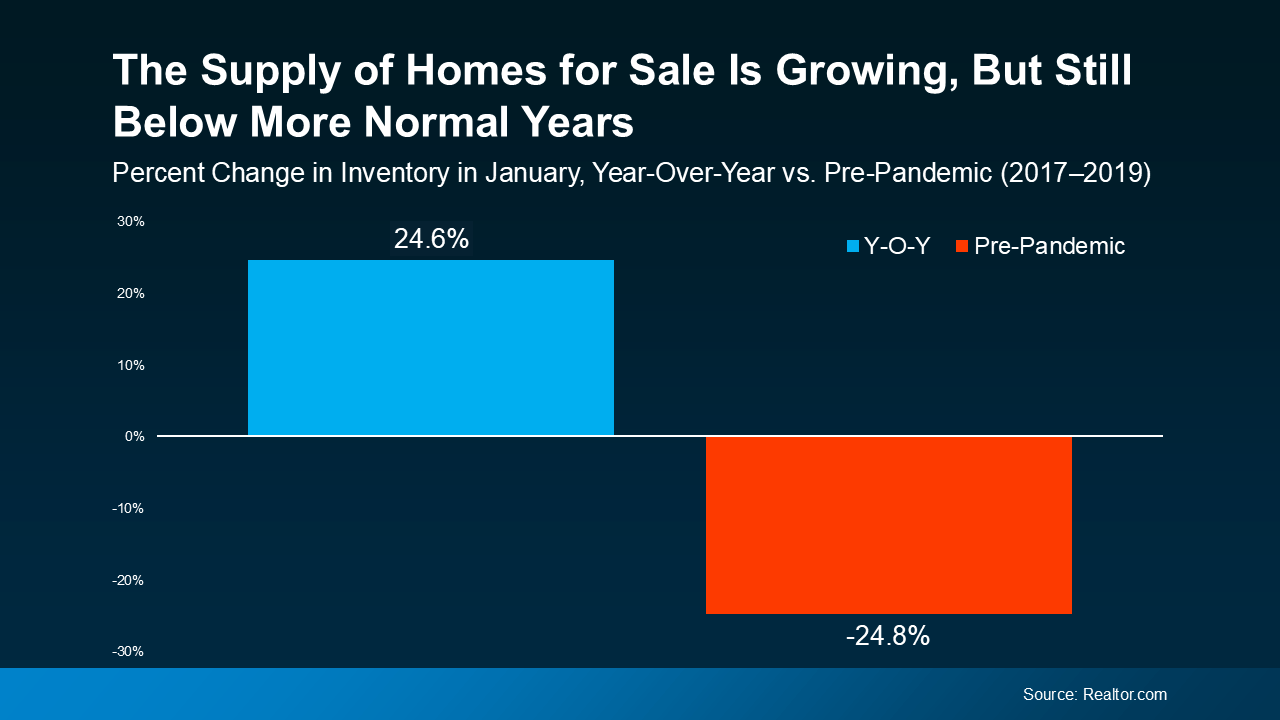 Even though inventory is still below more normal pre-pandemic levels, it’s improved a lot in the past year. And the best part is, experts say it’ll grow another 10 to 15% this year. That means you have more options for your move – and the best chance in years to find a home you love.
Even though inventory is still below more normal pre-pandemic levels, it’s improved a lot in the past year. And the best part is, experts say it’ll grow another 10 to 15% this year. That means you have more options for your move – and the best chance in years to find a home you love.
3. Are Buyers Still Buying?
And last, if you’re worried no one’s buying with rates and prices where they are right now, here’s some perspective that can help. While there weren’t as many home sales last year as there’d be in a normal market, roughly 4.24 million homes still sold (not including new construction), according to the National Association of Realtors (NAR). And the expectation is that number will rise in 2025. But even if we only match how many homes sold last year, here’s what that looks like.
- 4.24 million homes ÷ 365 days in a year = 11,616 homes sell each day
- 11,616 homes ÷ 24 hours in a day = 484 homes sell per hour
- 484 homes ÷ 60 minutes = 8 homes sell every minute
Think about that. Just in the time it took you to read this, 8 homes sold. Let this reassure you – the market isn’t at a standstill. Every day, thousands of people buy, and they’re looking for homes like yours.
Bottom Line
When you’re ready to walk through what’s on your mind, I have the answers you need. And in the meantime, tell me: what’s holding you back from making your move?
It’s no secret that affordability is tough with where mortgage rates and home prices are right now. And that may have you worried about how you’ll be able to buy a home. But, if you don’t need a ton of space, you may find you have more cost-effective options in an unexpected place: new home communities.
Builders Are Building Smaller Homes
Since smaller homes typically come with smaller price tags, buyers have turned their attention to homes with less square footage — and builders have shifted their focus to capitalize on that demand. As U.S. News notes:
“The combination of higher home prices and mortgage rates has strained a lot of people’s budgets. And that’s something builders recognize. To this end, they may be leaning toward smaller spaces . . .That, in turn, can lead to savings for buyers.”
Data from the Census shows the overall builder trend toward smaller, single-family homes has been over the last couple of years (see graph below):
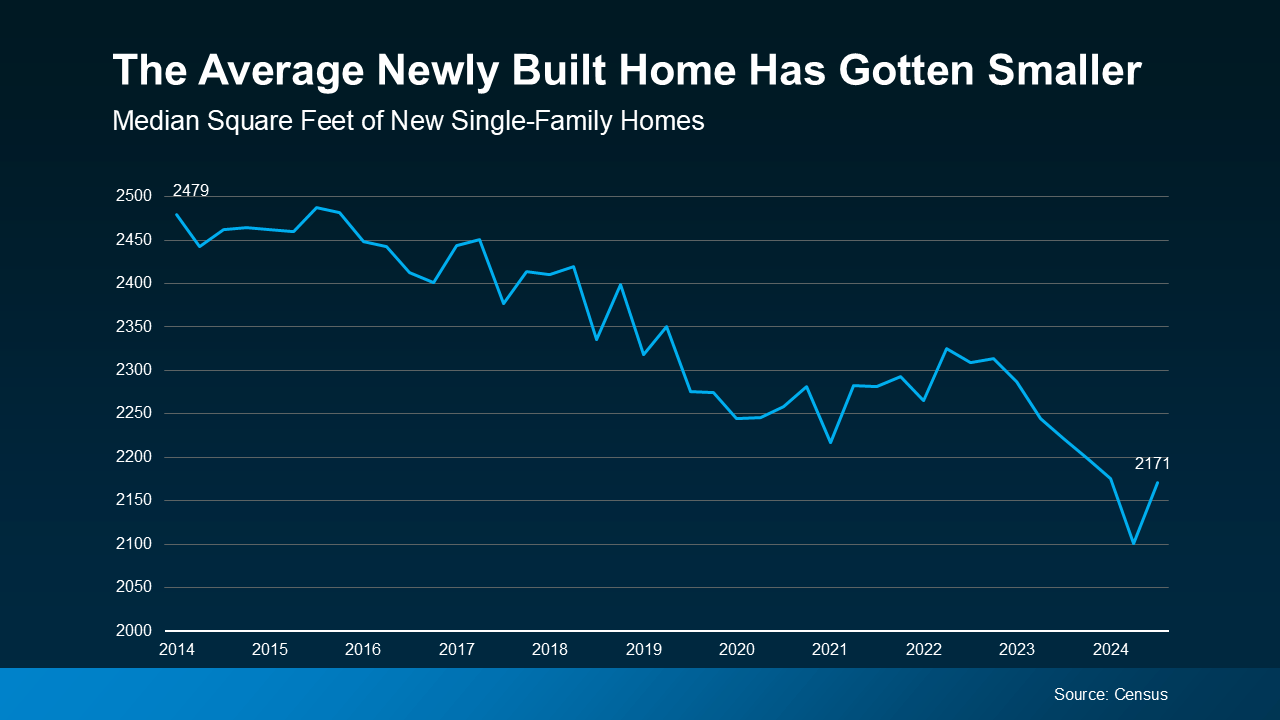 As the graph shows, the average size of a brand-new home has dropped from 2,309 square feet in Q3 2022 to 2,171 square feet in Q3 2024. That’s a difference of 138 square feet.
As the graph shows, the average size of a brand-new home has dropped from 2,309 square feet in Q3 2022 to 2,171 square feet in Q3 2024. That’s a difference of 138 square feet.
At the end of the day, builders want to build what they know will sell. And the number one thing homebuyers are looking for right now is less expensive options to help offset today’s affordability challenges. As Multi-Housing News notes:
“The growing trend toward smaller homes is evident. These homes are less expensive to build and more attainable for many middle-income families, meeting both housing needs and modern lifestyle preferences.”
The Benefits of These Brand-New Homes
So, if you’re having trouble finding a home in your budget, it might be worth exploring newly built homes with a smaller footprint.
Not to mention, since newly built homes come with brand new everything, they have fewer maintenance needs and some of the latest features available, like energy-efficient appliances and HVAC. That’ll help you save on repair costs and your monthly utility bills. Sounds like an all-around win.
Bottom Line
Today’s builders are focusing their efforts on smaller homes at lower price points. That could give you more opportunity to find something that fits your budget. If you’re planning to buy soon, let’s connect to explore what’s on the market in your area and get your homeownership goals over the finish line.
Knowing what to budget for when buying a home may feel intimidating — but it doesn’t have to be. By understanding the costs you may encounter upfront, you can take control of the process.
Here are just a few things experts say you should be thinking about as you plan ahead.
1. Down Payment
Saving for your down payment is likely top of mind. But how much do you really need? A common misconception is that you have to put down 20% of the purchase price. But that’s not necessarily the case. Unless it’s specified by your loan type or lender, you don’t have to. There are some home loan options that require as little as 3.5% or even 0% down. An article from The Mortgage Reports explains:
“The amount you need to put down will depend on a variety of factors, including the loan type and your financial goals. If you don’t have a large down payment saved up, don’t worry—there are plenty of options available . . .”
A trusted lender will go over the various loan types with you, any down payment requirements on those, and down payment assistance programs you may qualify for. The more you know ahead of time, the easier the process will be. And the key to getting the information you need is working with a pro to see what’ll work best for your situation.
2. Closing Costs
Make sure you also budget for closing costs, which are a collection of fees and payments made to the various parties involved in your transaction. Bankrate explains:
“Mortgage closing costs are the fees associated with buying a home that you must pay on closing day. Closing costs typically range from 2 to 5 percent of the total loan amount, and they include fees for the appraisal, title insurance and origination and underwriting of the loan.”
When it comes to closing costs, a trusted lender can guide you through specifics and answer any questions you may have. They can also give you a better idea of how much you should be prepared to pay so you can cruise through your closing with confidence.
And as you plan ahead for closing day, be sure to budget for your real estate agent’s professional service fee too, in case the seller doesn’t cover it. But don’t worry, you’ll work with your agent ahead of time to agree on what this is, so you won’t be surprised at the finish line.
3. Earnest Money Deposit
And if you want to cover all your bases, you can also consider saving for an earnest money deposit (EMD). According to Realtor.com, an EMD is typically between 1% and 2% of the total home price and is money you pay as a show of good faith when you make an offer on a house.
But, it’s not an added expense. Instead, it works like a credit and goes toward some of your upfront costs. You’re simply using some of the money you’ve already saved for your purchase to show the seller you’re committed and serious about buying their house. Realtor.com describes how it works as part of your sale:
“It tells the real estate seller you’re in earnest as a buyer . . . Assuming that all goes well and the buyer’s good-faith offer is accepted by the seller, the earnest money funds go toward the down payment and closing costs. In effect, earnest money is just paying more of the down payment and closing costs upfront.”
Keep in mind, this isn’t required, and it doesn’t guarantee your offer will be accepted. It’s important to work with a real estate advisor to understand what’s best for your situation and any specific requirements in your local area. They’ll advise you on what moves you should make so you can make the best possible decisions throughout the buying process.
Bottom Line
The key to a successful homebuying savings strategy? Being informed about what you need to save for. Because, when you understand what to expect, you can plan ahead. With an expert agent and a trusted lender, you’ll have the information you need to move forward with confidence.
You may have heard that staging your home properly can make a big difference when you sell your house, but what exactly is home staging, and is it really worth your time and effort?
Here are a few quick FAQs that can help you decide how much you should prioritize staging as you prep for your move.
What Is Home Staging?
Staging is the process of arranging and decorating your house to highlight its best features and make it as appealing as possible to potential buyers. It can range from simple touch-ups to more extensive setups, depending on your needs and budget.
How Does It Help Me Sell My House?
Studies show good staging does have an impact on your sale. Staging your house well can help you attract more attention from buyers, which ultimately helps it sell faster and maybe for a higher price than an unstaged home (see visual):
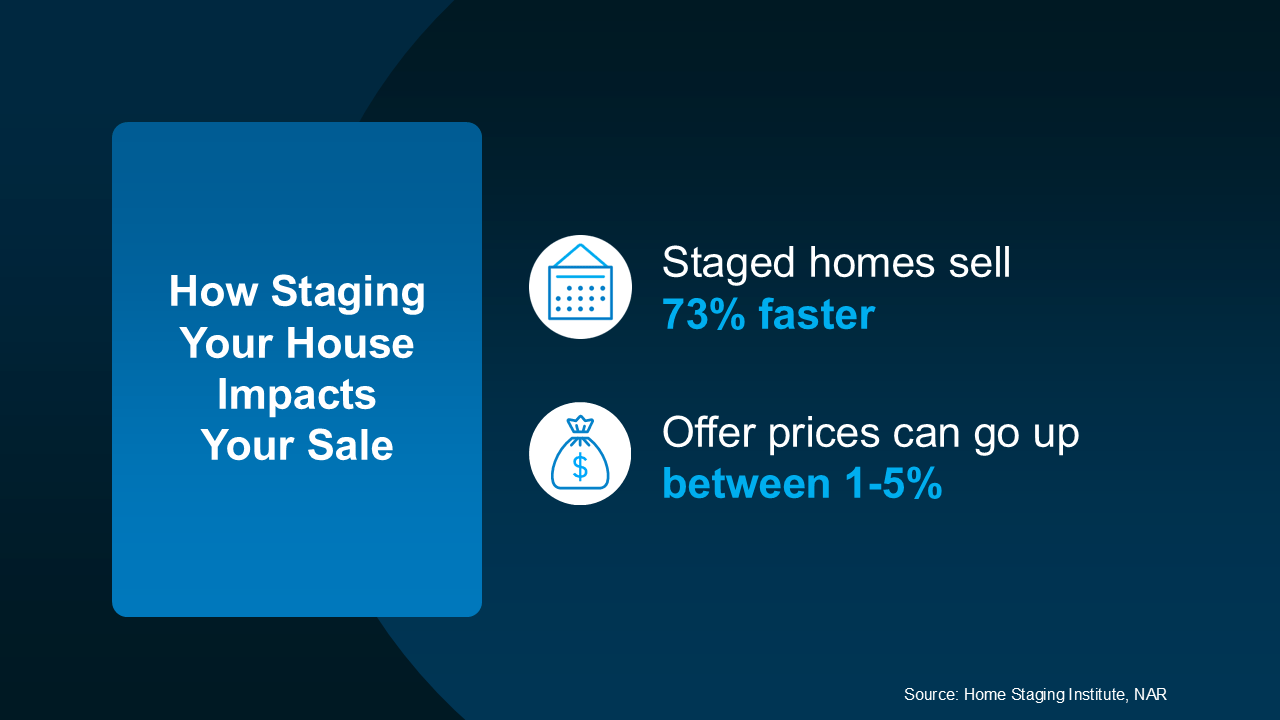 What Are My Staging Options?
What Are My Staging Options?
Now that you see the value, let’s think through your options. The most common is leaning on your agent for their expert advice. They know what buyers like because they’re in showings all the time and hear that feedback first-hand. That expertise is crucial to getting your house market-ready. Basic staging with an agent usually means they give you insight into how you should:
- Declutter and depersonalize by removing photos and personal items
- Arrange your furniture to improve the room’s flow and make it feel bigger
- Add plants, move art, or re-arrange other accessories
Full-service staging is another option if your house needs more hands-on attention. This is when you hire a staging professional or staging company to come in, make recommendations, and do the work for you. Going this route is more involved and that makes it more costly too. That’s because it can include renting furniture and decor to more fully transform a space.
How Do I Know Which One To Pick?
Not sure which one you need? You don’t have to figure that out on your own. Your real estate agent will help determine what level of staging will make the most impact on your house and market.
They can help you decide if professional staging is worth the investment, or if you can knock it out with their advice alone. And just so you know, here are some of the factors an agent will look at to figure that out:
- Market Conditions: If the market is slower, going all in on staging can make your home look move-in ready and attractive to buyers who may otherwise be hesitant. If your local market is very active and homes are selling fast, you may be able to get by with doing less.
- Your Home’s Condition: If your home is vacant or has a unique layout, using a professional stager who can bring in the right furniture and accessories may help buyers truly visualize its full potential.
- Your Budget: Talk to your agent to get an idea of staging costs in your area, as it can be the difference between your house selling and sitting. But if your budget is tight or your home only needs minor updates, your real estate agent can help you think outside of the box by suggesting simple DIY staging tips to help your home look its best.
Bottom Line
Staging your house properly can make it much more attractive to buyers, but it’s not a one-size-fits-all solution, and every home shines differently. Let’s connect to talk through what your home really needs to stand out and sell for top dollar.
When planning a move, a newly built home might not be the first thing that comes to mind. But with more brand-new homes on the market and builders focusing on smaller, more affordable options, this type of home may just be the key to crossing the homebuying finish line.
Here’s why a new build is worth considering – and how an agent can help you find one that meets your needs and your budget.
1. More Newly Built Homes Are Available Right Now
First, let’s break down the types of homes on the market. A newly built home is a house that was just built or is under construction. On the other hand, an existing home is one a homeowner has already lived in.
Right now, the number of existing homes for sale is still low. And, if you’re struggling to find something you like because there aren’t that many existing homes for sale, opening up your search to include brand-new homes could really expand your options. That’s because there are more newly built homes available right now than in a typical year (see graph below):
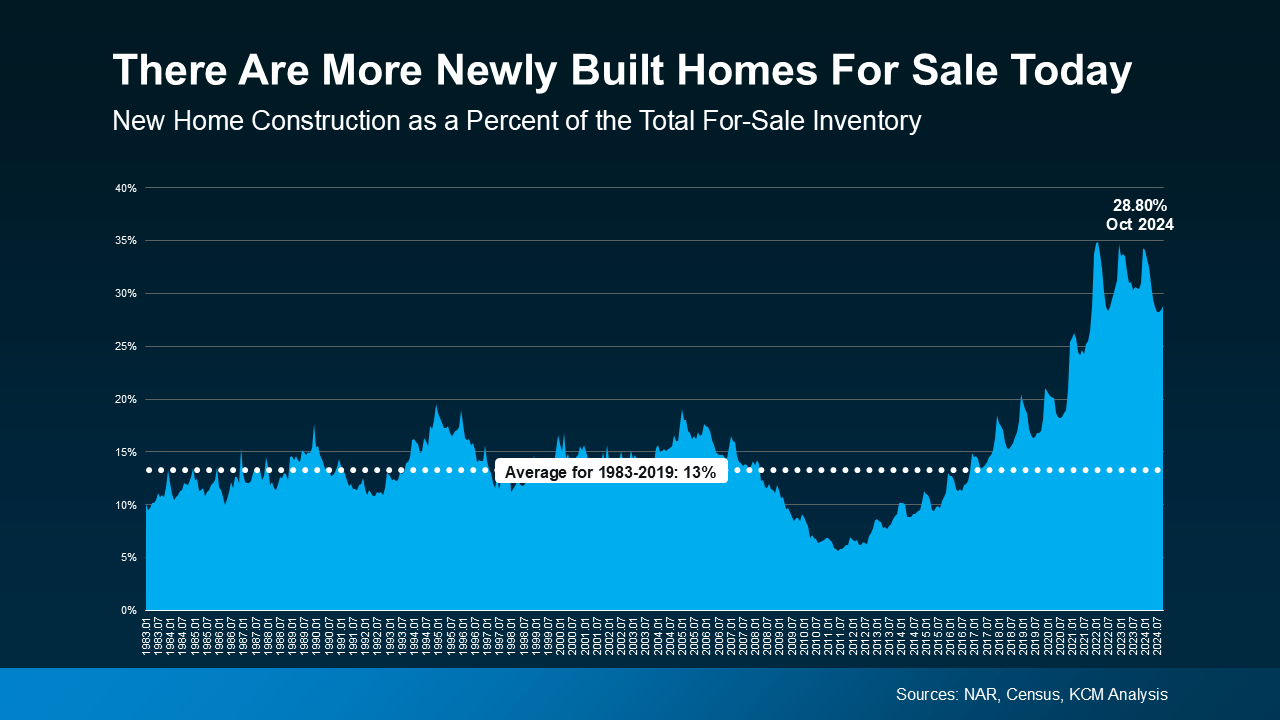 From 1983 to 2019, newly built homes made up only 13% of the total inventory of homes for sale. Today, that number has climbed to 28.8%, according to the most recent data.
From 1983 to 2019, newly built homes made up only 13% of the total inventory of homes for sale. Today, that number has climbed to 28.8%, according to the most recent data.
And as Lawrence Yun, Chief Economist at the National Association of Realtors (NAR), notes:
“Even though existing home sales have been stuck at low levels, newly constructed home sales look to mark one of its best annual performance in 15 years . . . The new home inventory has been consistently rising with homebuilders getting active and making up around 1/3 of total inventory.”
While the uptick in new home construction is encouraging, rest assured that builders aren’t overdoing it, they’re just making up for over a decade of underbuilding. There are still way more buyers than there are homes on the market. But the good news for you is this increase in newly built homes means more options for your search.
2. Newly Built Homes Are Becoming Less Expensive
Still skeptical if a new build is right for you or if they’re even in your budget? The average cost of newly built homes has actually come down from a year ago.
Why is that? Builders know affordability is top of mind for homebuyers right now. So they’re focusing their efforts on building smaller homes they can offer at lower price points and are more likely to sell. As Realtor.com says:
“Builders are increasingly bringing smaller, more affordable homes to the market, so buyers may find more newly-built homes that fit their budget.”
Something to keep in mind: buying a newly built home isn’t the same as buying an existing one. Builder contracts have different fine print. So be sure to partner with a local agent who knows the market, builder reputations, and what to look for in those contracts.
Bottom Line
Depending on your needs and budget, a new build might be the opportunity you’ve been waiting for to bring your homebuying vision to life. If you’re interested in a brand-new home, let’s connect so you can check out what builders in your area are up to.
A recent study from the National Association of Realtors (NAR) shows most sellers (61%) completed at least minor repairs when selling their house. But sometimes life gets in the way and that’s just not possible. Maybe that’s why, 39% of sellers chose to sell as-is instead (see chart below):
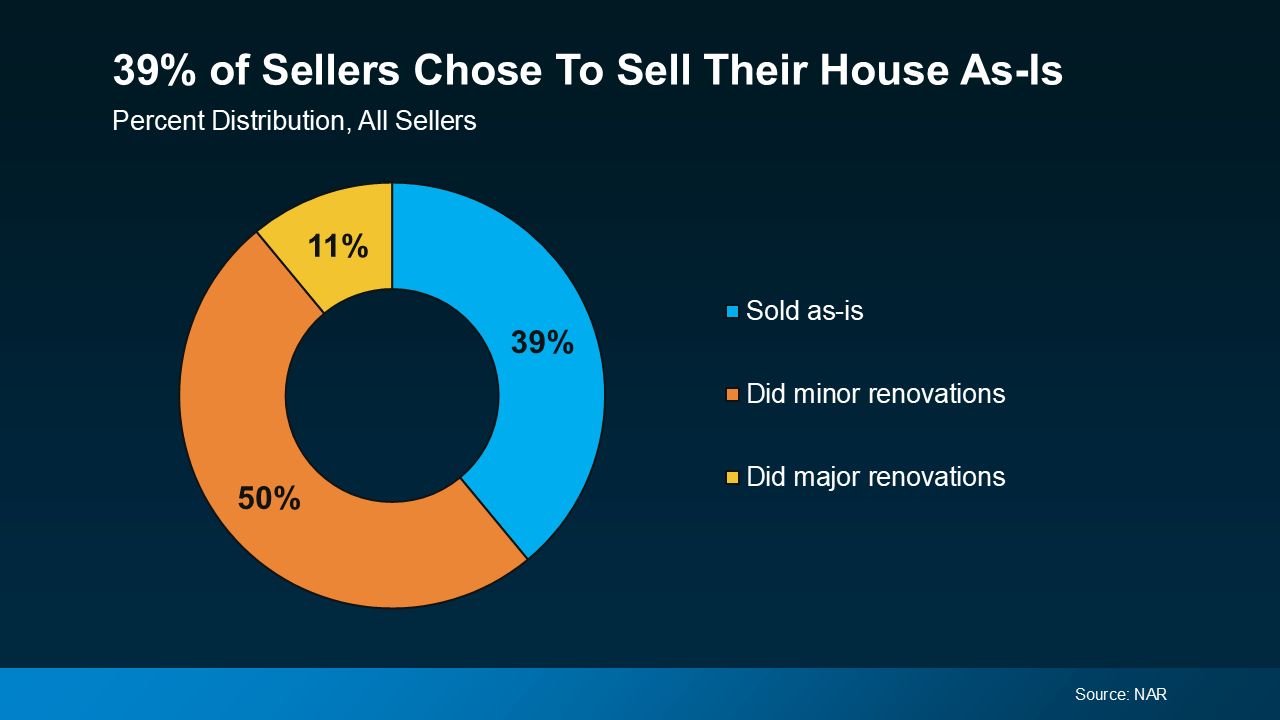 If you’re feeling stressed because you don’t have the time, budget, or resources to tackle any repairs or updates, you may be tempted to sell your house as-is, too. But before you decide to go this route, here’s what you need to know.
If you’re feeling stressed because you don’t have the time, budget, or resources to tackle any repairs or updates, you may be tempted to sell your house as-is, too. But before you decide to go this route, here’s what you need to know.
What Does Selling As-Is Really Mean?
Selling as-is means you won’t make any repairs before the sale, and you won’t negotiate fixes after a buyer’s inspection. And this sends a signal to potential buyers that what they see is what they get.
If you’re eager to sell but money or time is tight, this can be a relief because it’s that much less you’ll have to worry about. But there are a few trade-offs you’ll have to be willing to make. This visual breaks down some of the pros and cons:
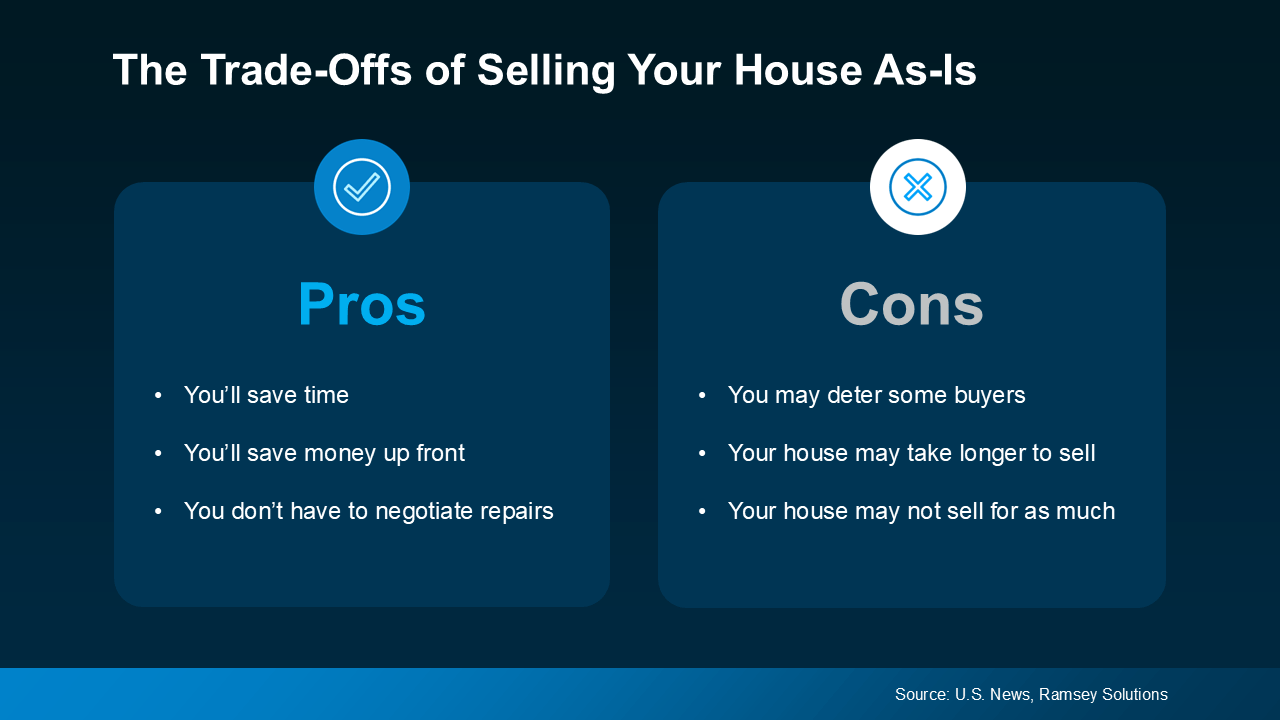 Typically, a home that’s updated sells for more because buyers are often willing to pay a premium for something that’s move-in ready. That’s why you may find not as many buyers will look at your house if you sell it in its current condition. And less interest from buyers could mean fewer offers, taking longer to sell, and ultimately, a lower price. Basically, while it’s easier for you, the final sale price might be less than you’d get if you invested in repairs and upgrades.
Typically, a home that’s updated sells for more because buyers are often willing to pay a premium for something that’s move-in ready. That’s why you may find not as many buyers will look at your house if you sell it in its current condition. And less interest from buyers could mean fewer offers, taking longer to sell, and ultimately, a lower price. Basically, while it’s easier for you, the final sale price might be less than you’d get if you invested in repairs and upgrades.
That doesn’t mean your house won’t sell – it just means it may not sell for as much as it would in top condition.
Here’s the good news though. In today’s market, as many as 56% of buyers surveyed would be willing to buy a home that needs some work. That’s because affordability is still a challenge, and while there are more homes for sale right now, inventory is lower than the norm. So, you might find there are a few more buyers who may be willing to take on the work themselves.
How an Agent Can Help
So, how do you make sure you’re making the right decision for your move? The key is working with a pro.
A good agent will help you weigh your options by showing you what comparable homes in your area have sold for, what updates your neighbors are making, and guide you in setting a fair price no matter what you decide. That helps you anticipate what your house may sell for either way – and that can be a key factor in your final decision.
Once you’ve picked which route you’re going to go and the asking price is set, your agent will market your house to maximize its appeal. And if you decide to sell as-is, they’ll call attention to the best features, like the location, size, and more, so it’s easy for buyers to see the potential, not just projects.
Bottom Line
Selling a home without making any repairs is possible in today’s market, but it does have some trade-offs. To make sure you’re considering all your options and making the best choice possible, let’s have a conversation.

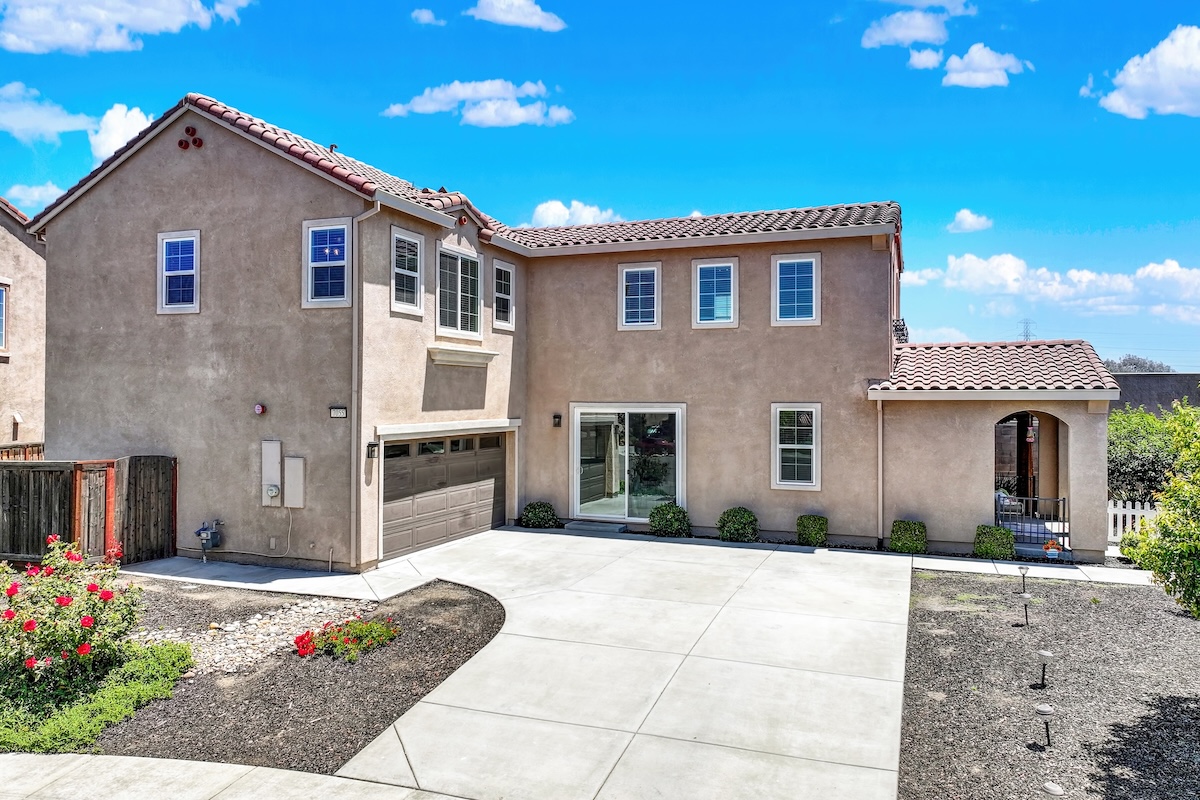
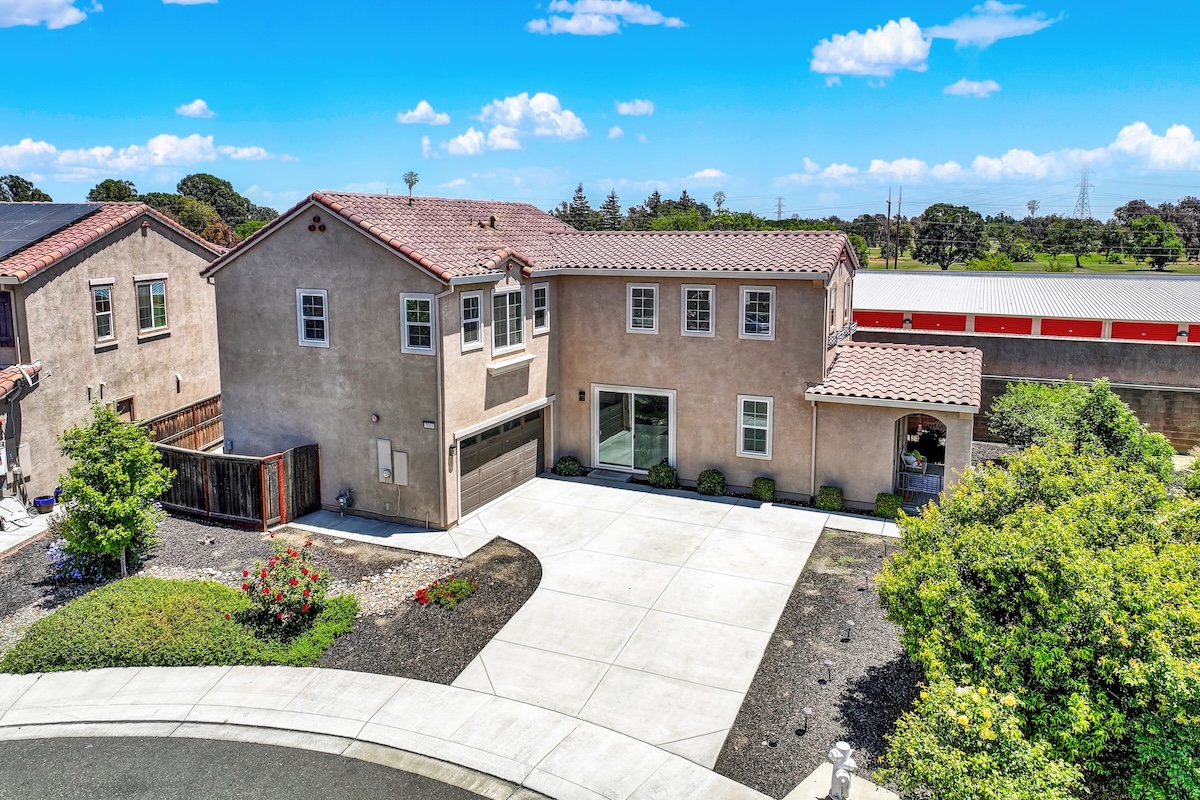
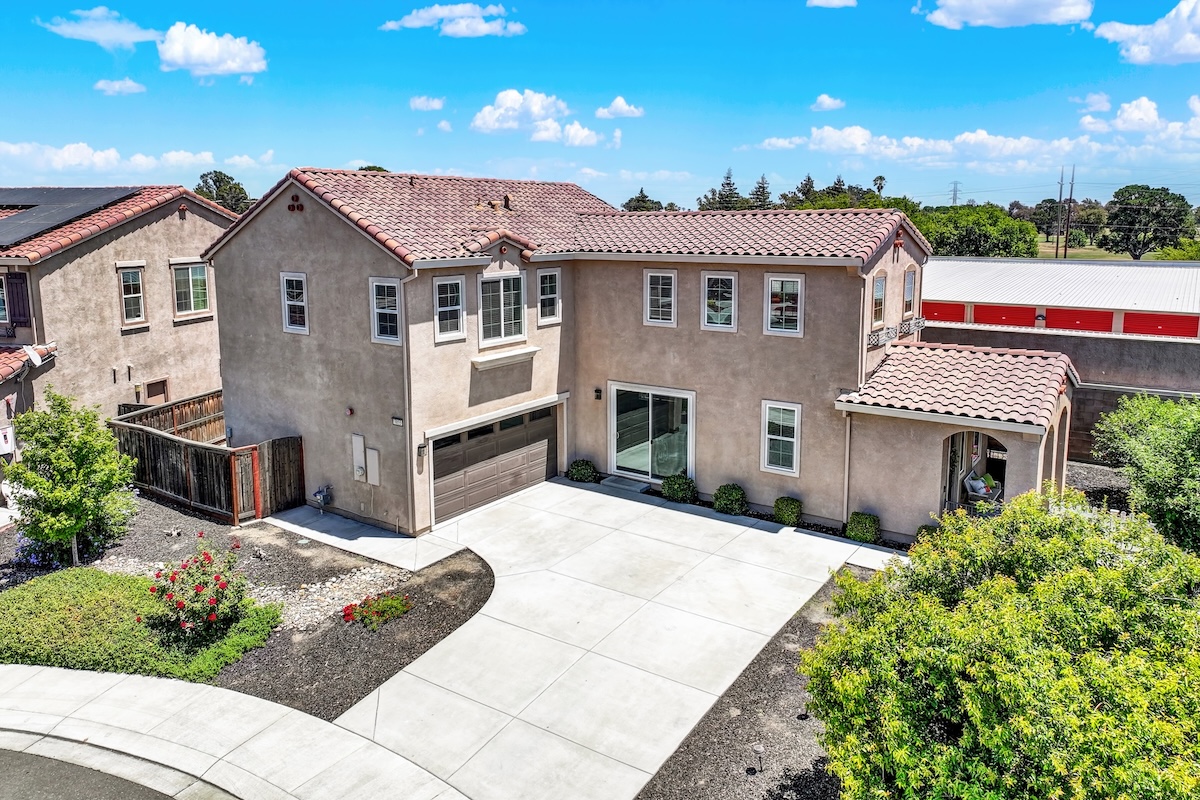

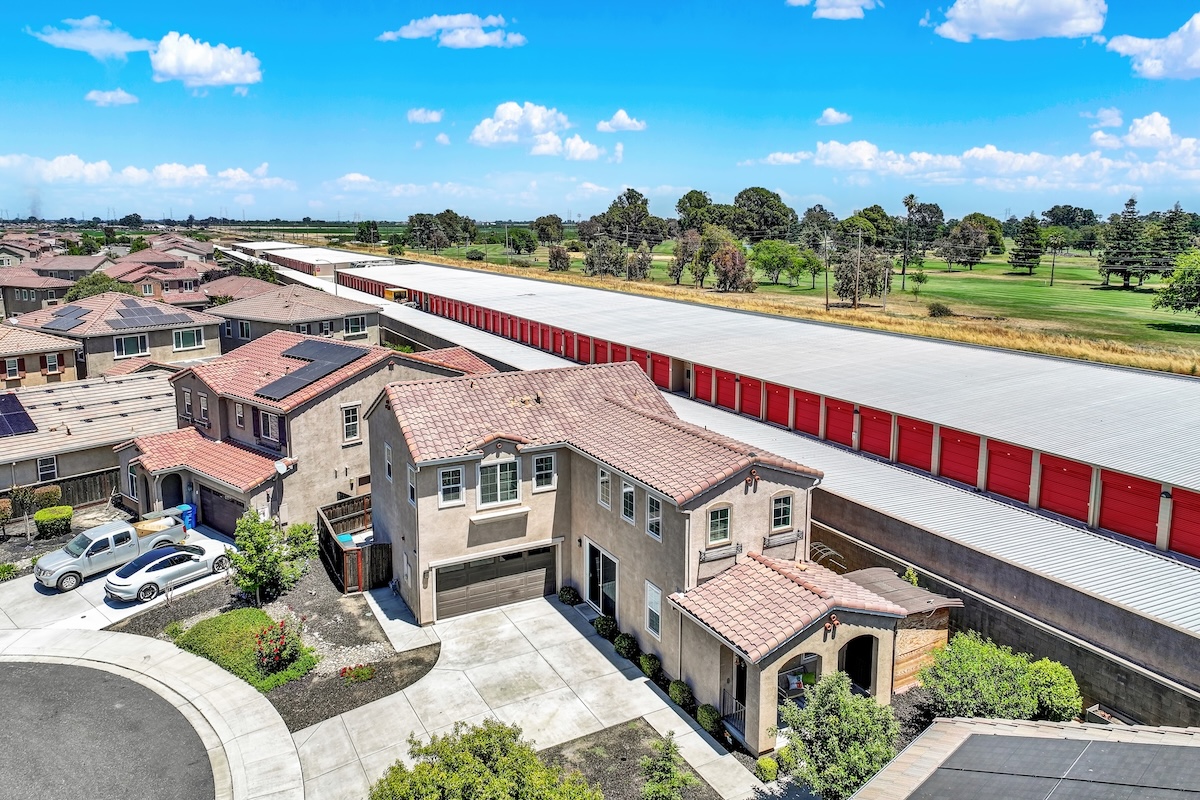


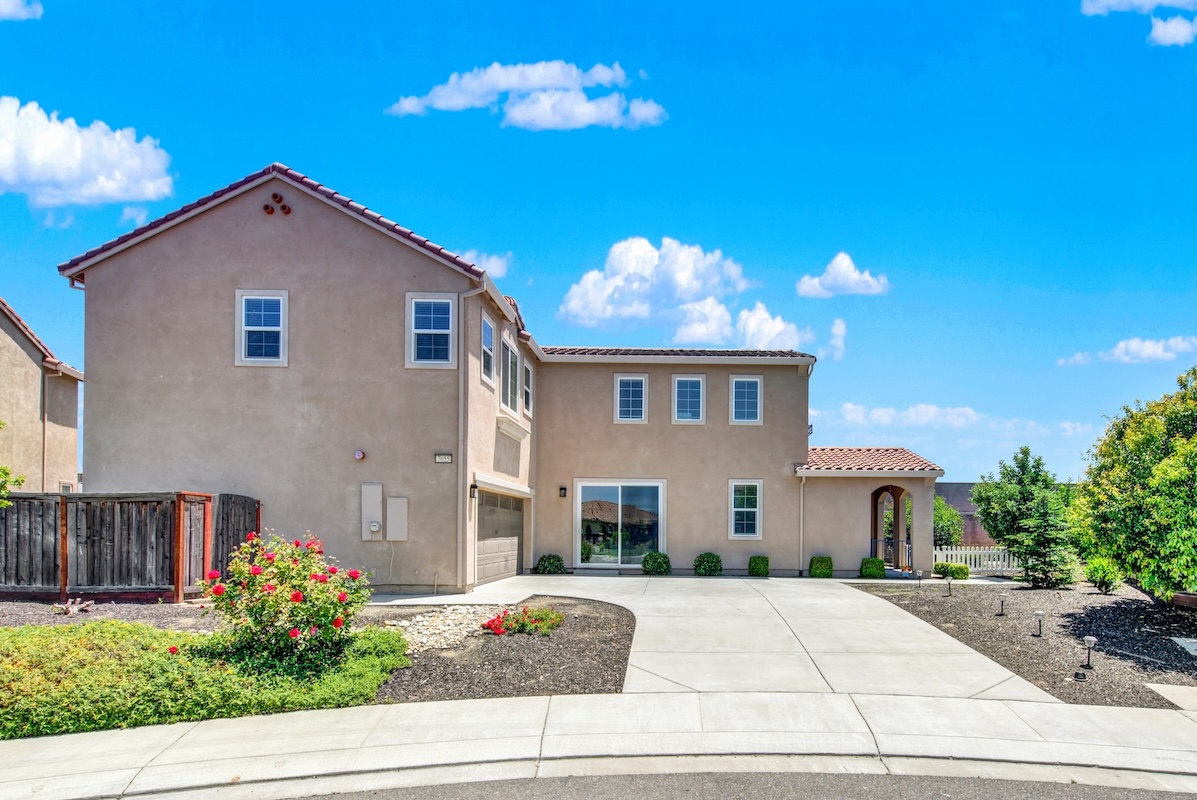
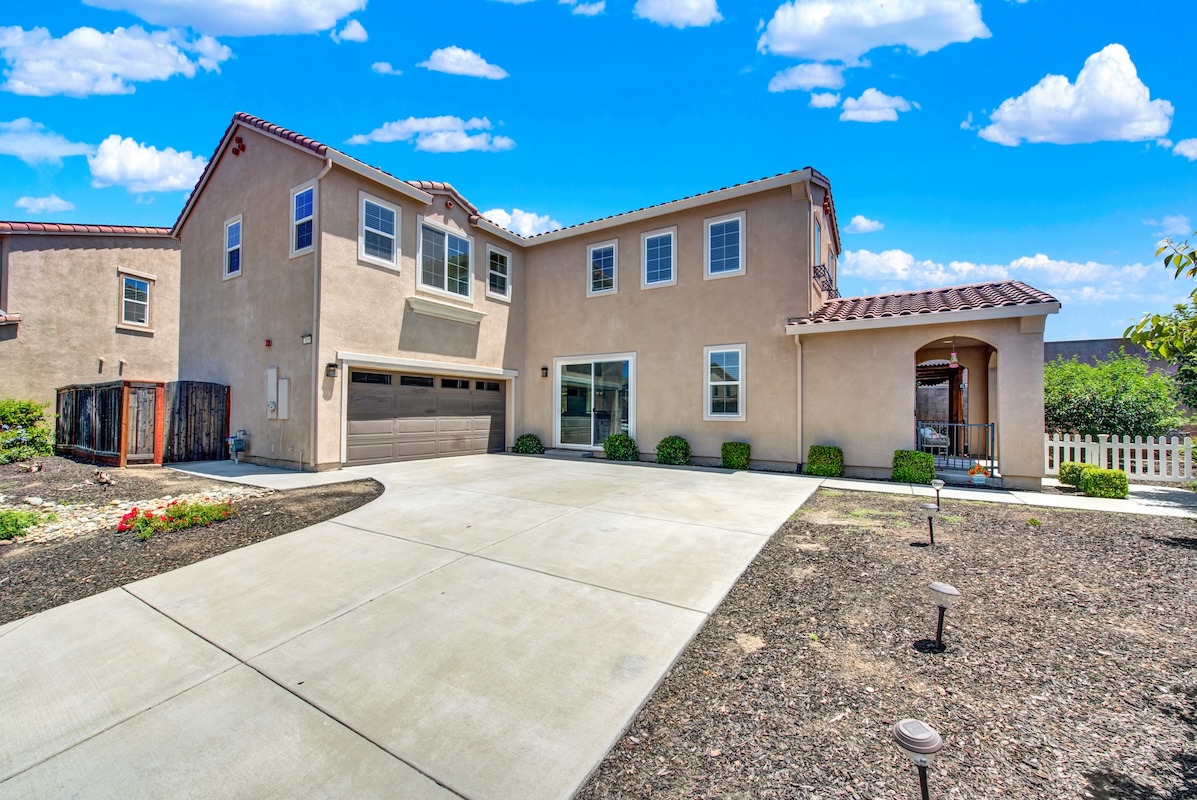

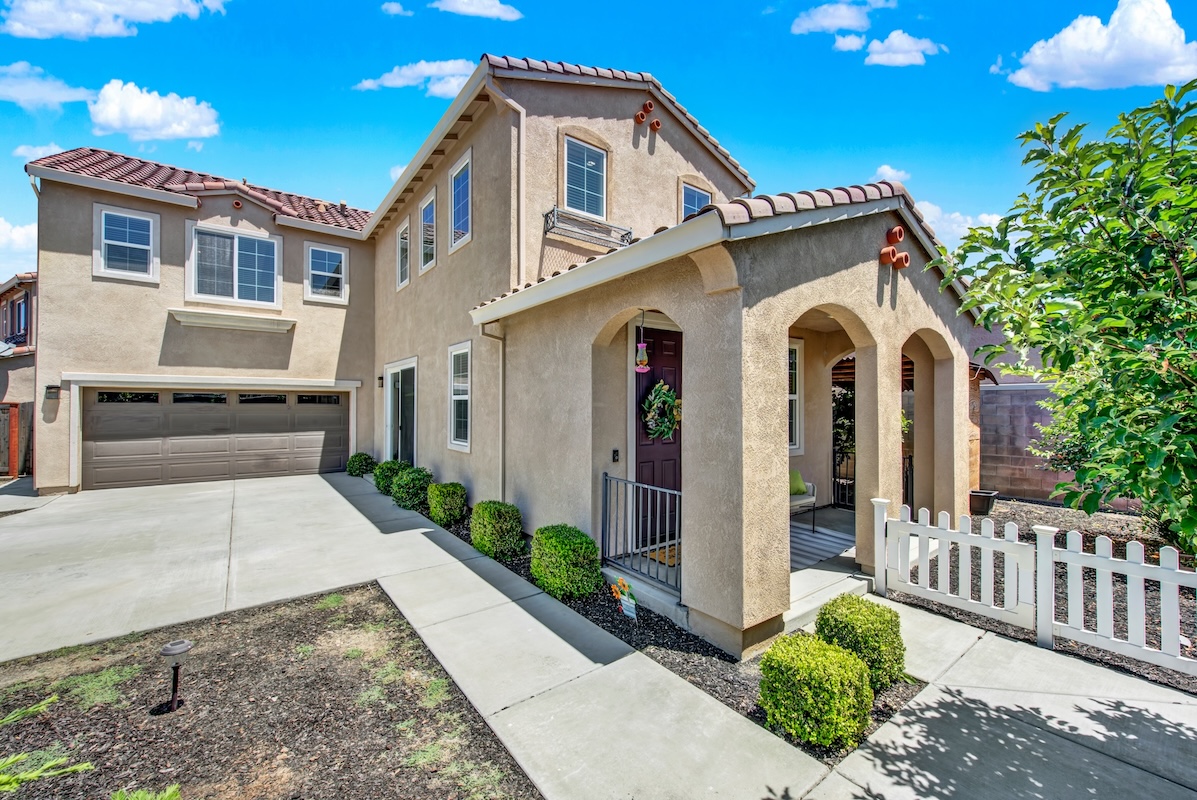
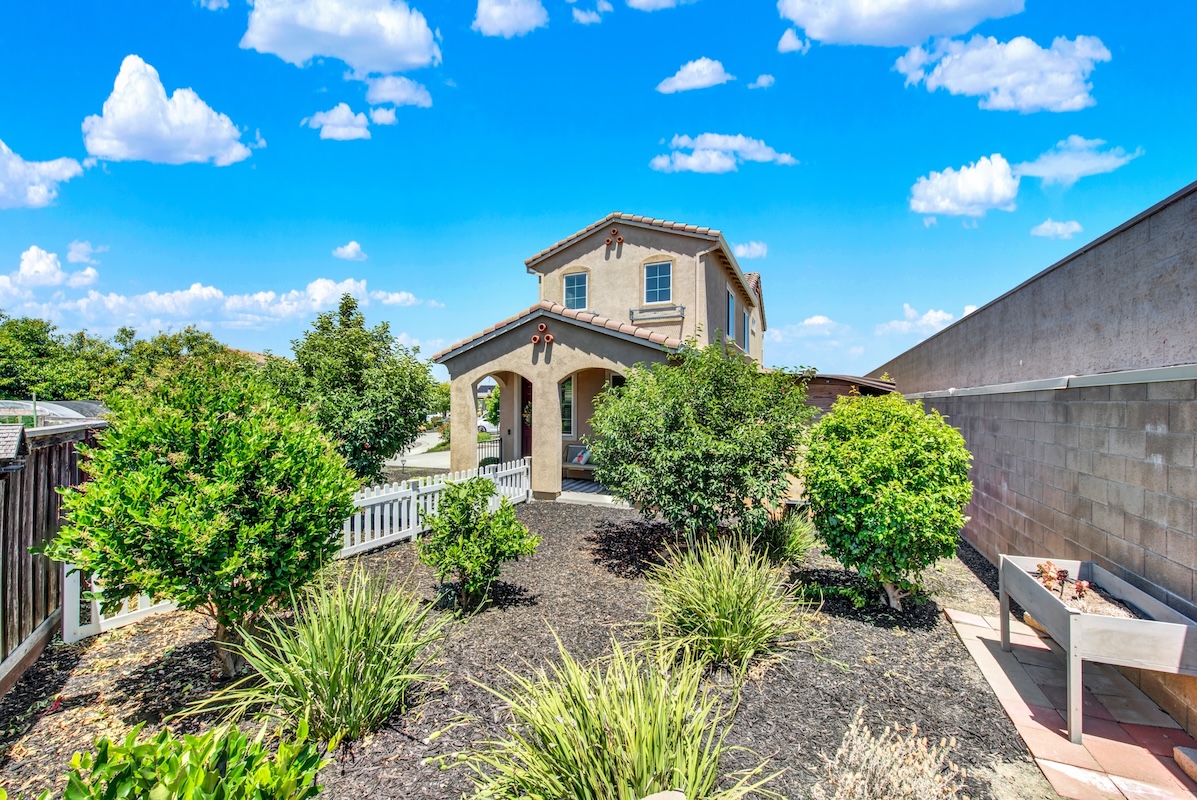


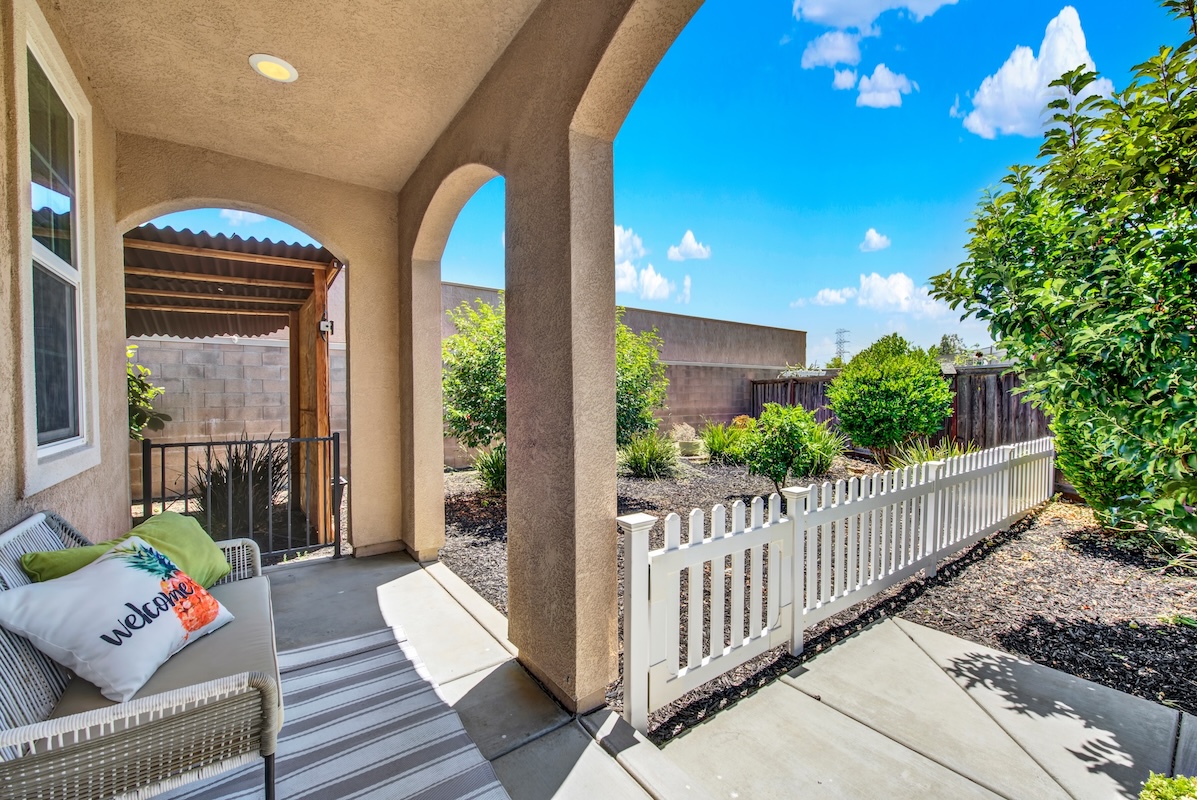

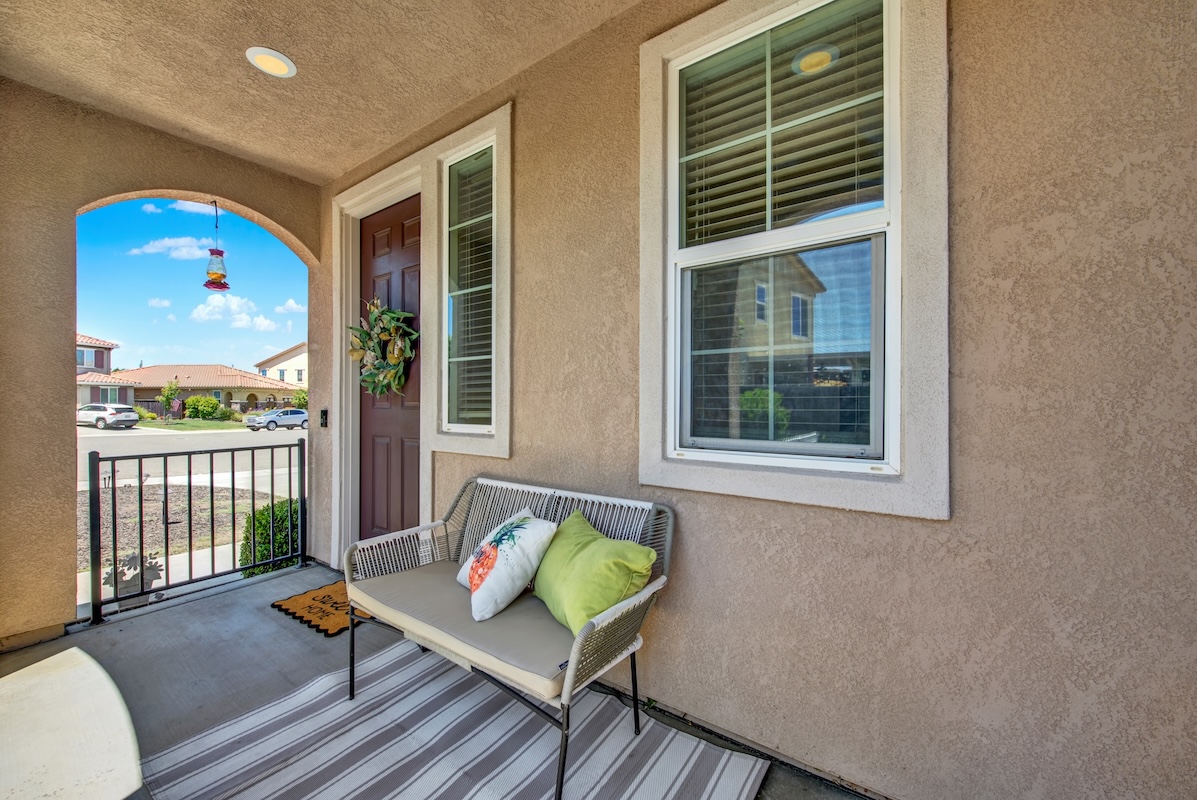
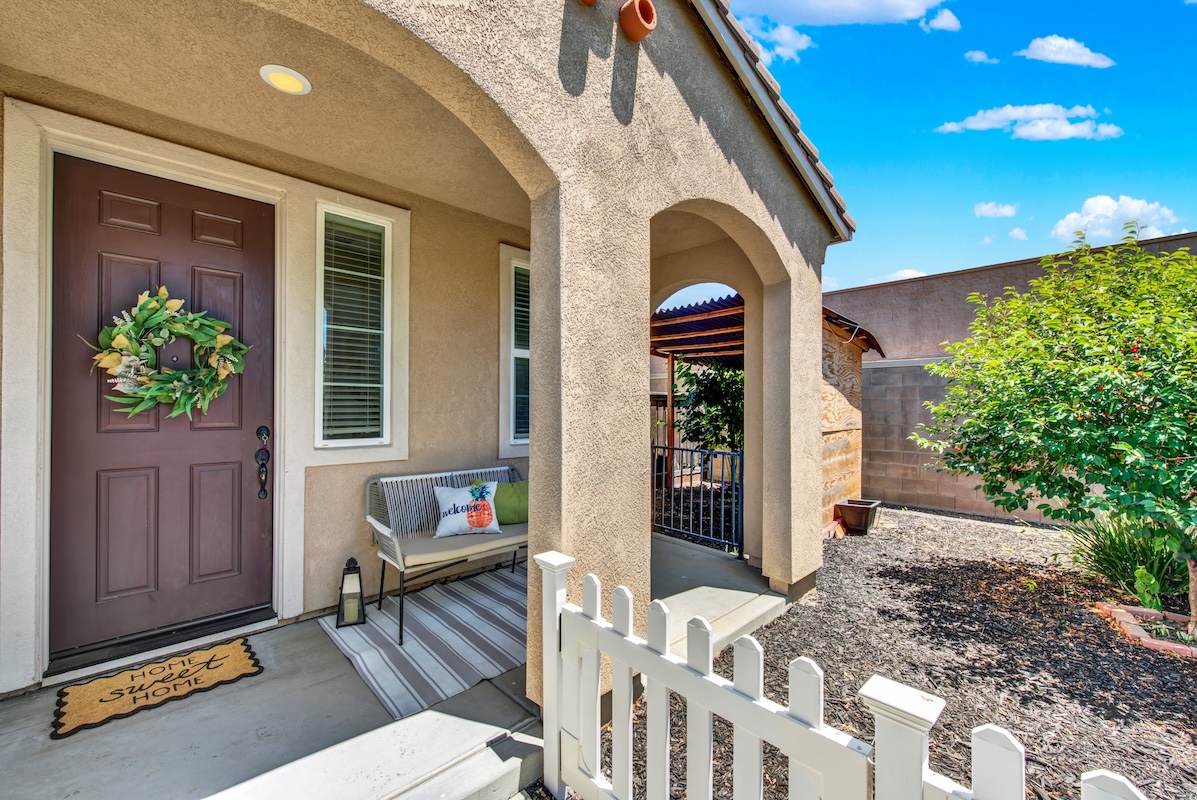
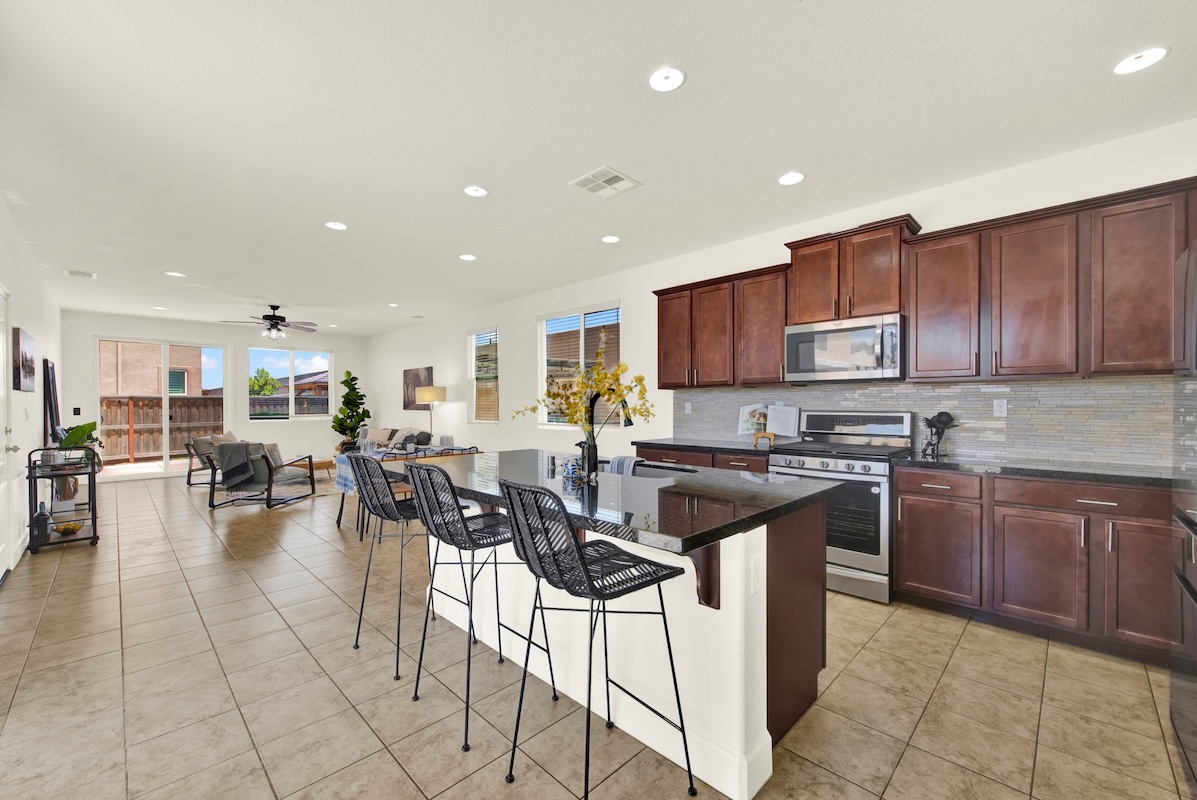
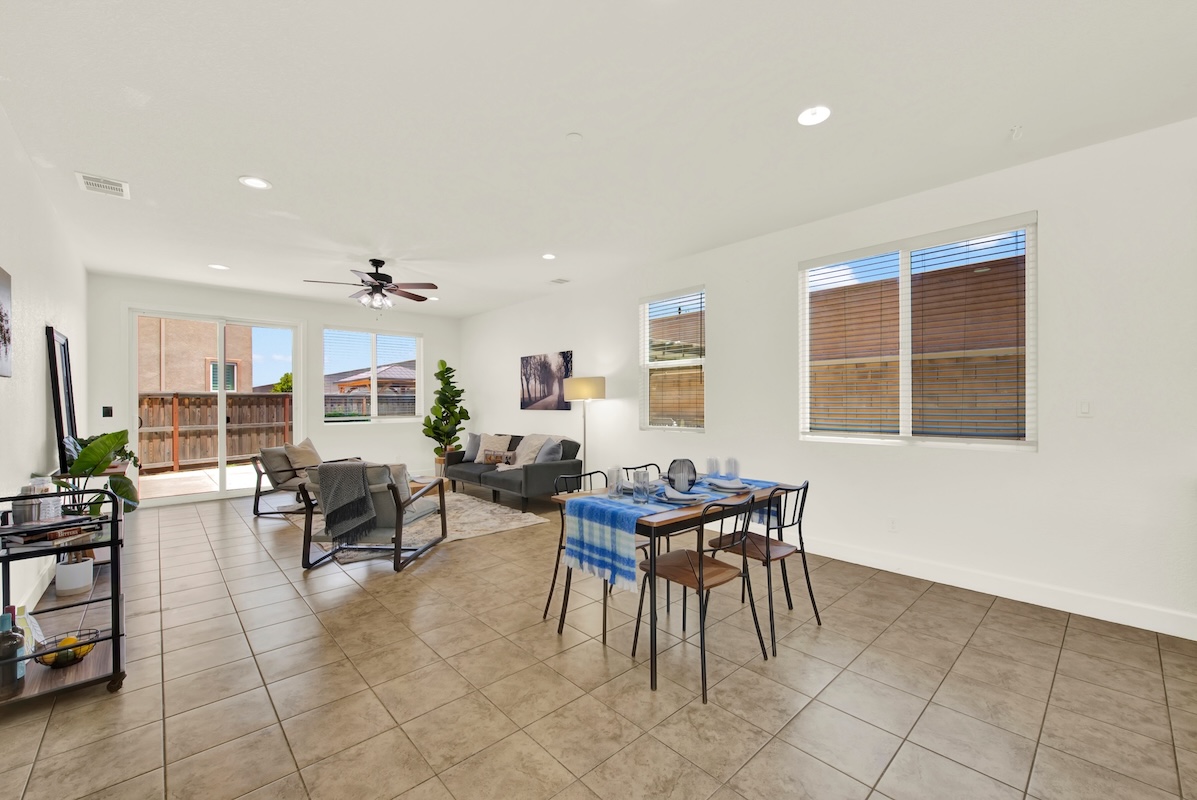

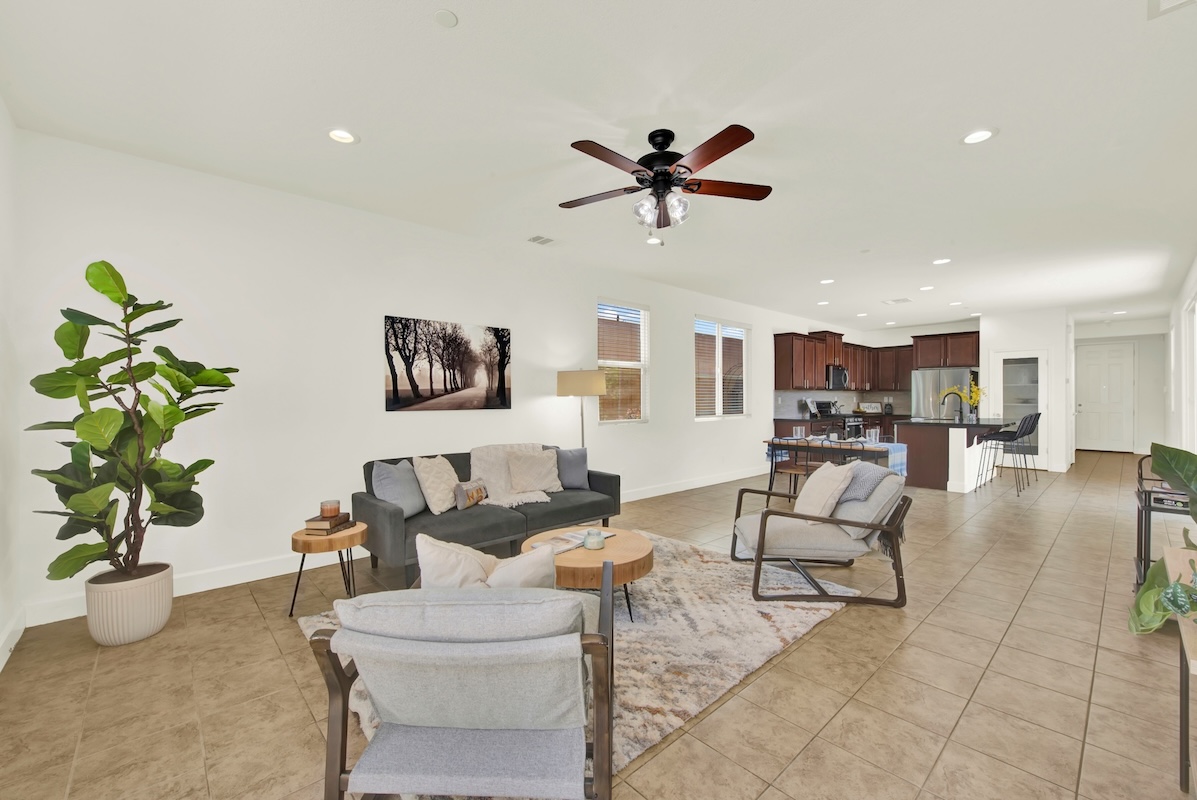

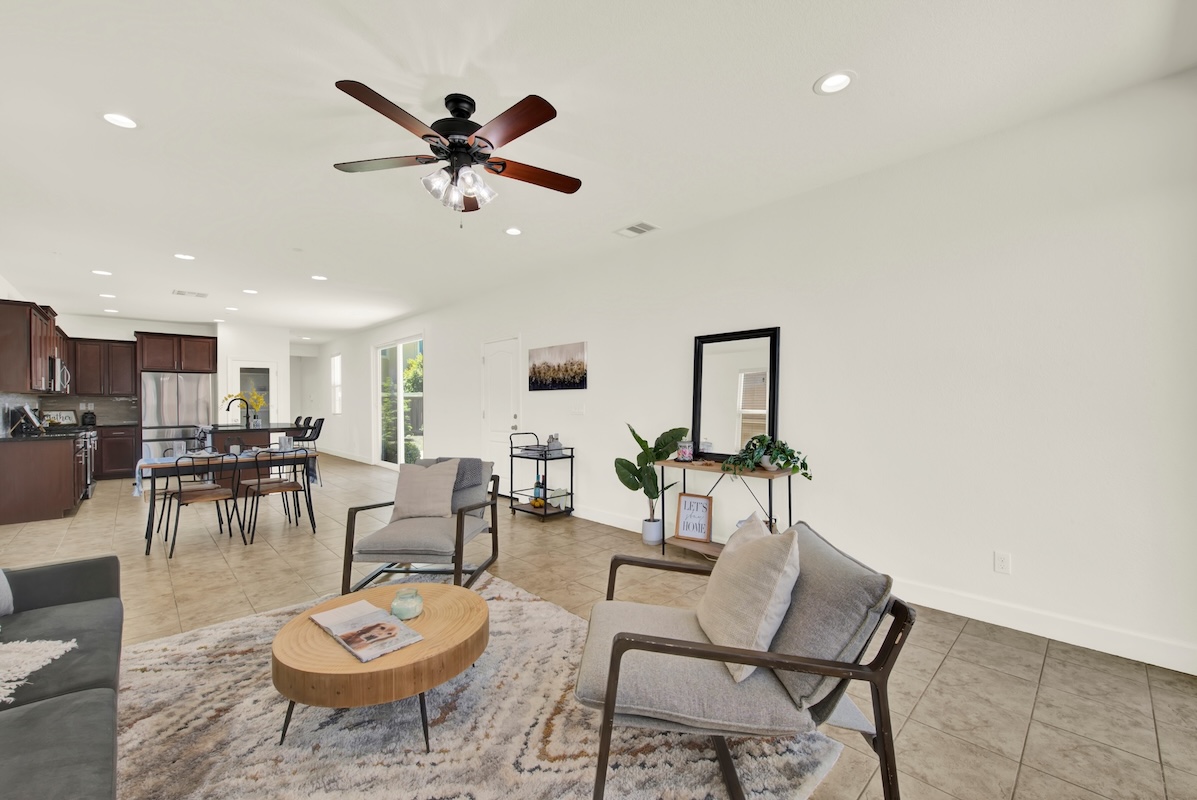

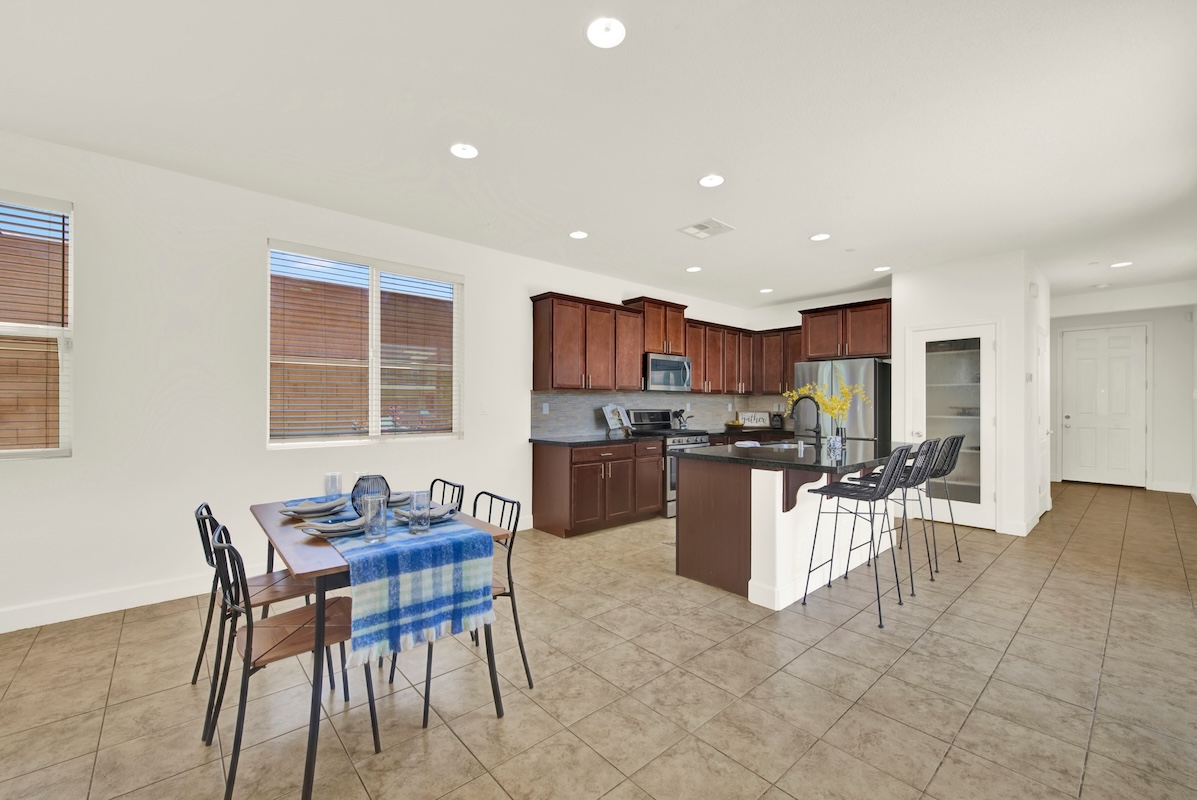

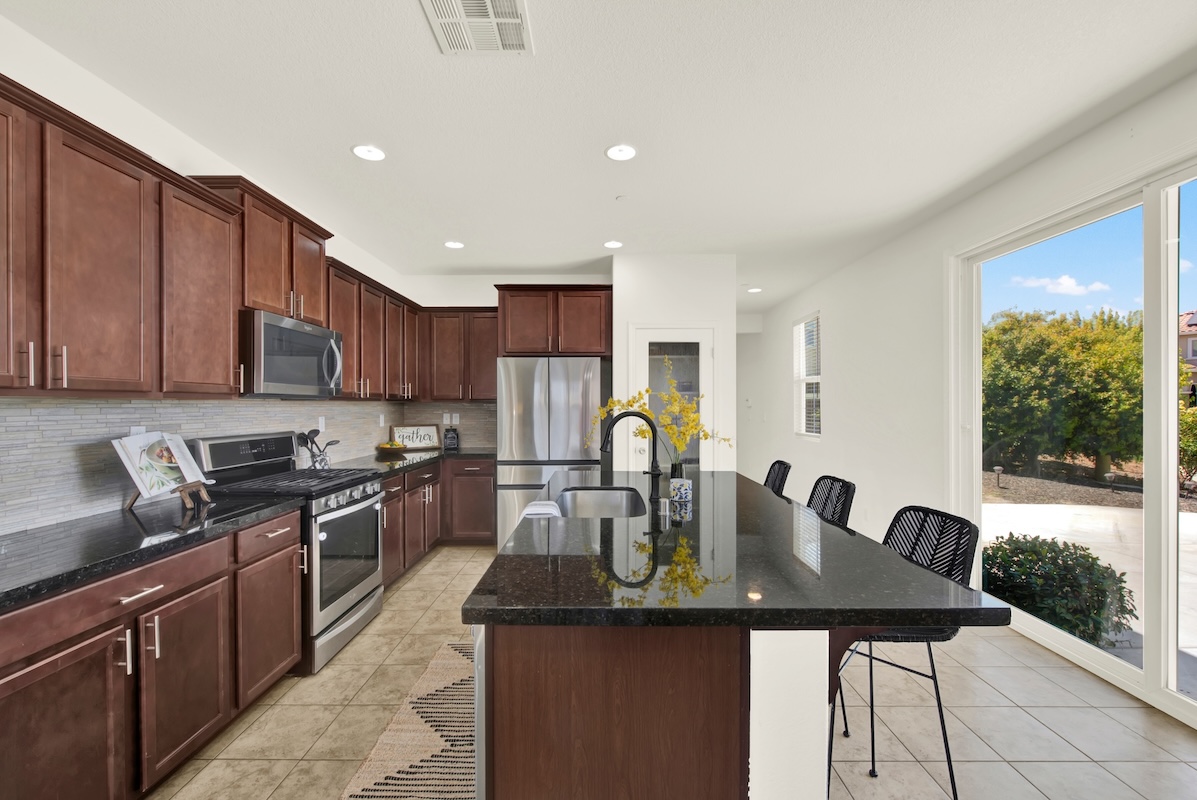
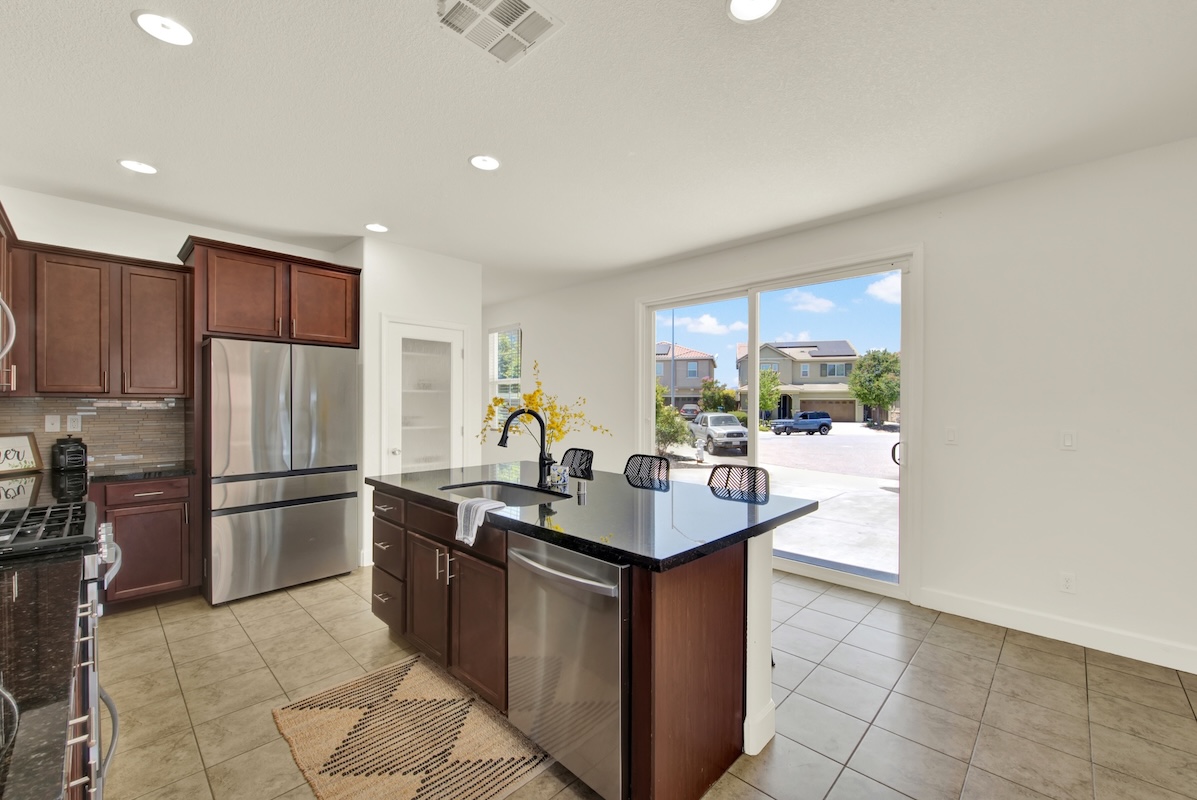

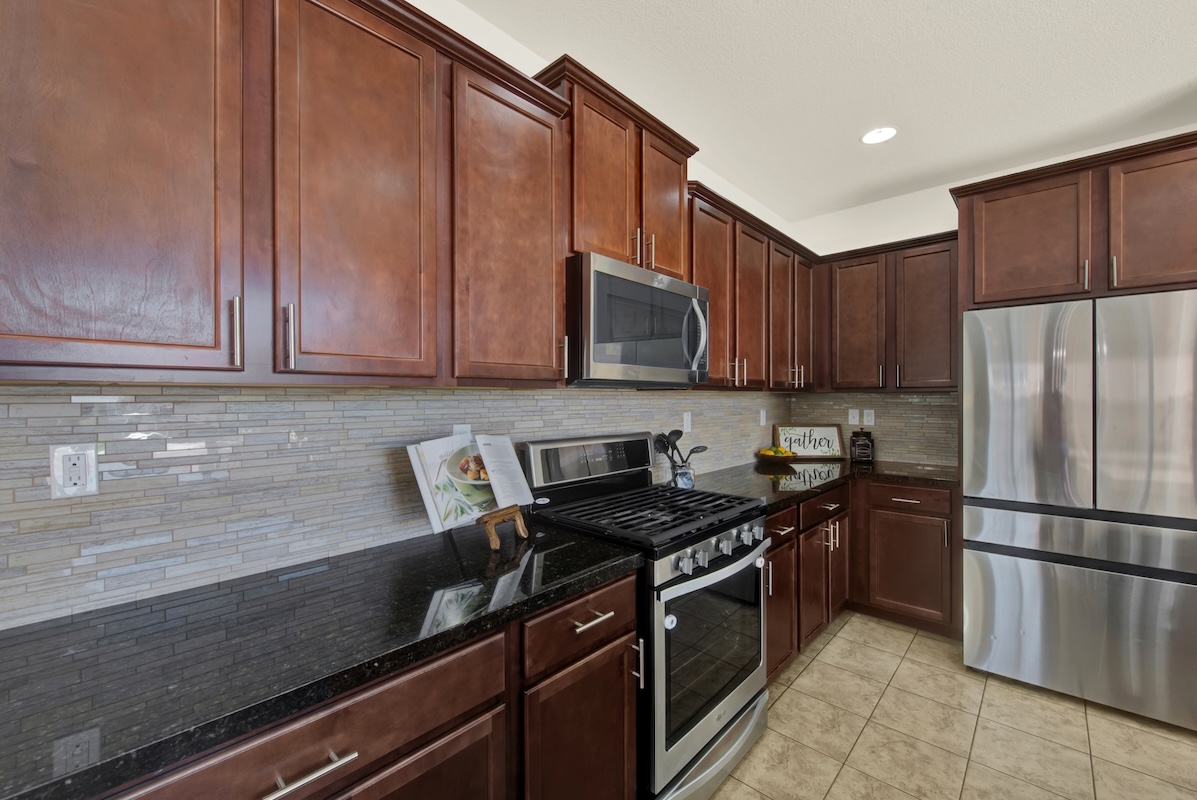
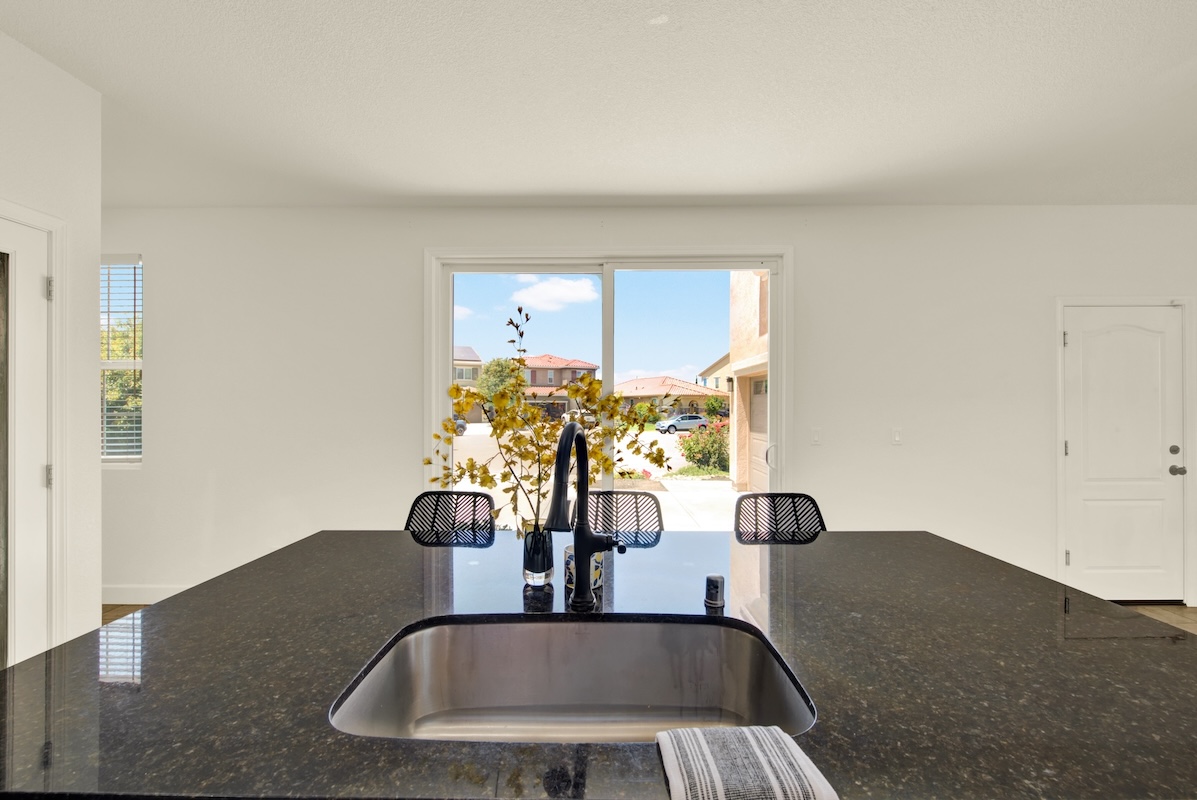
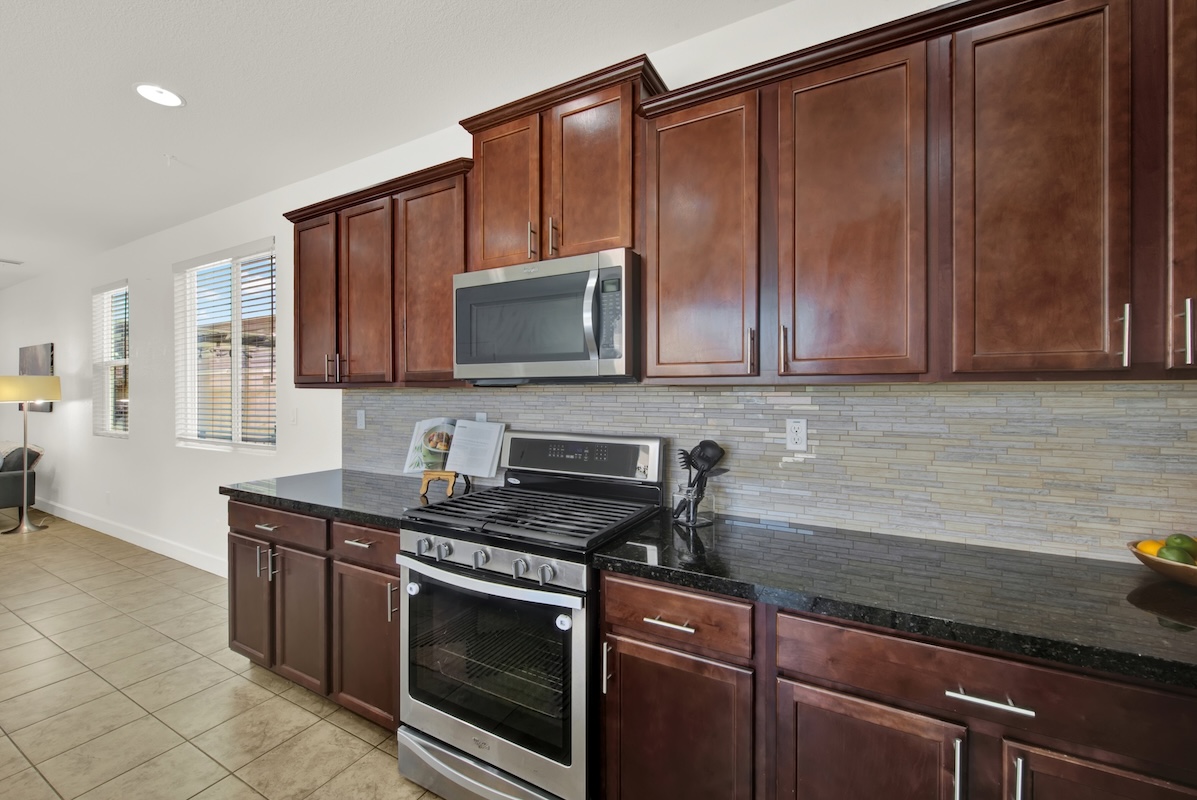

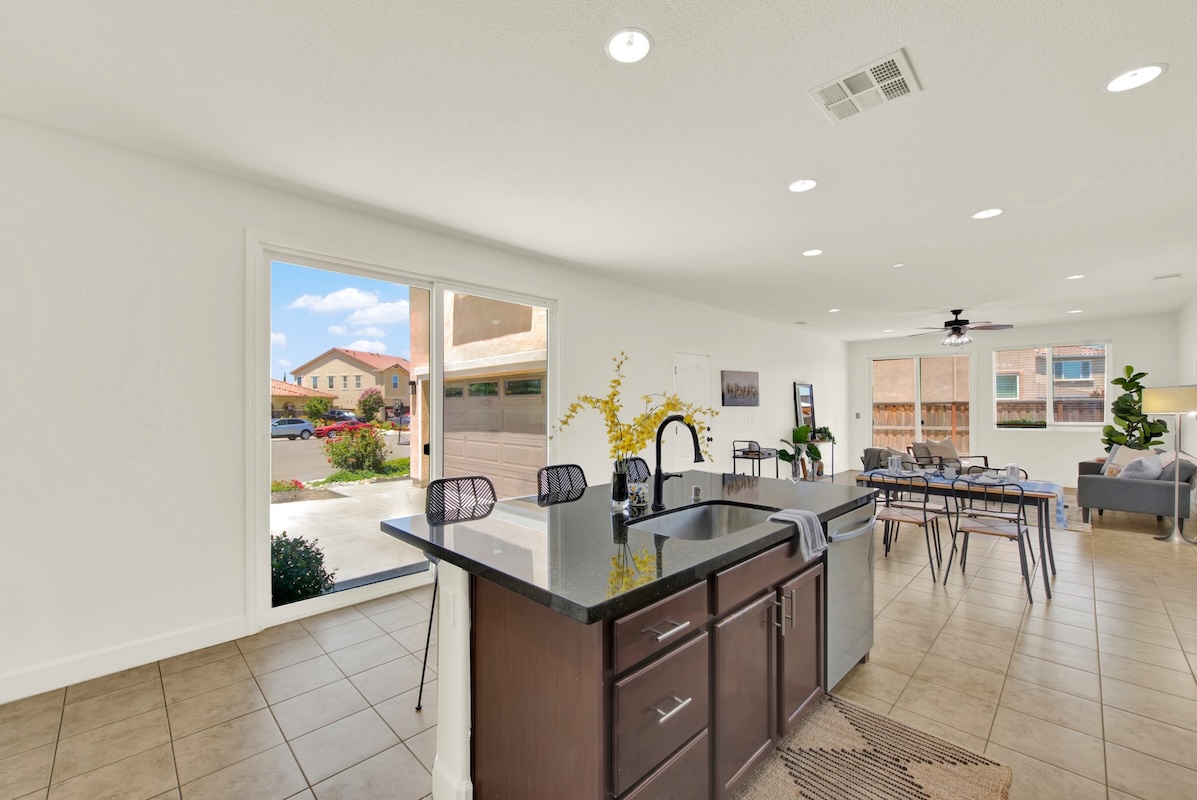
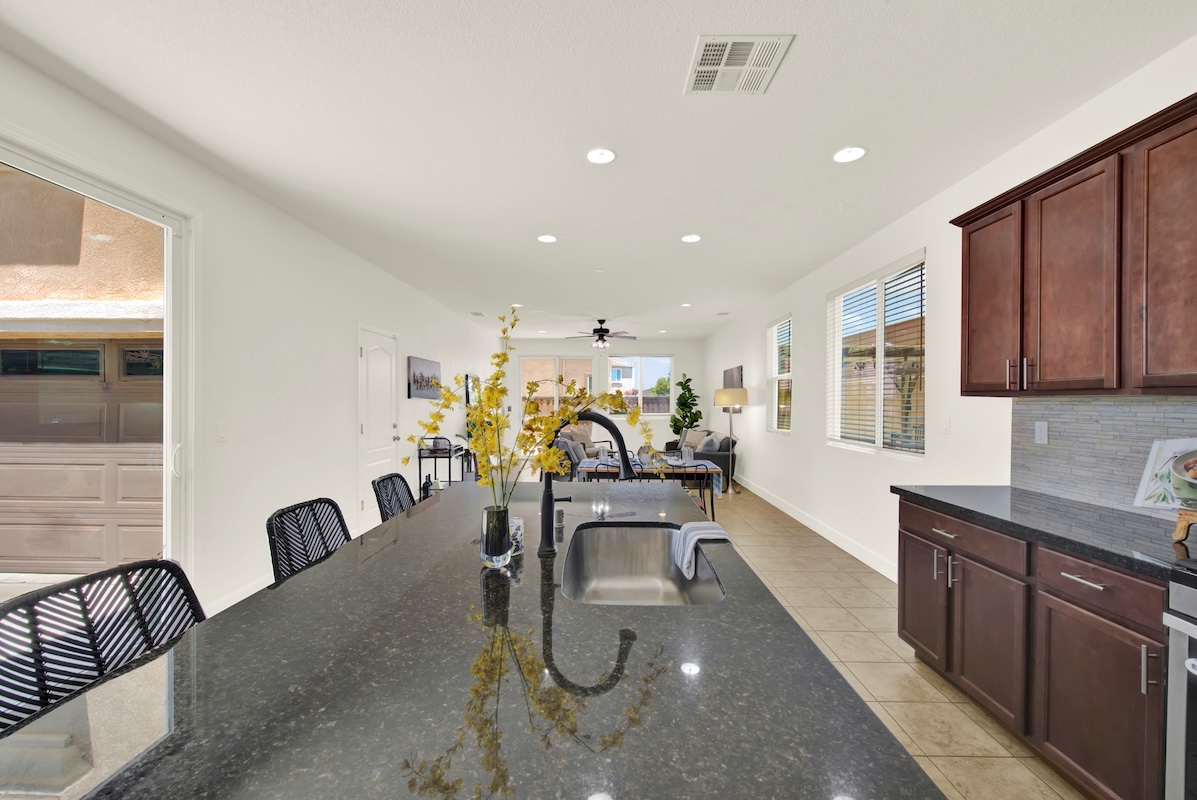
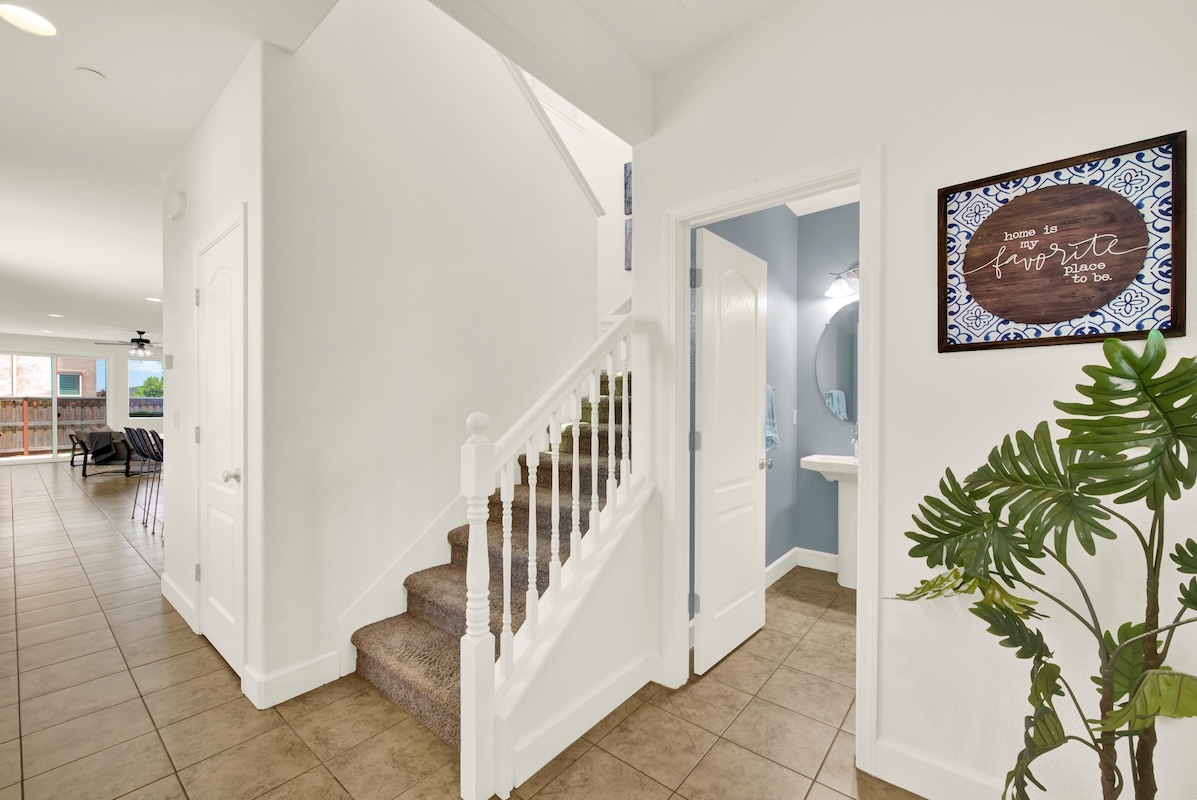
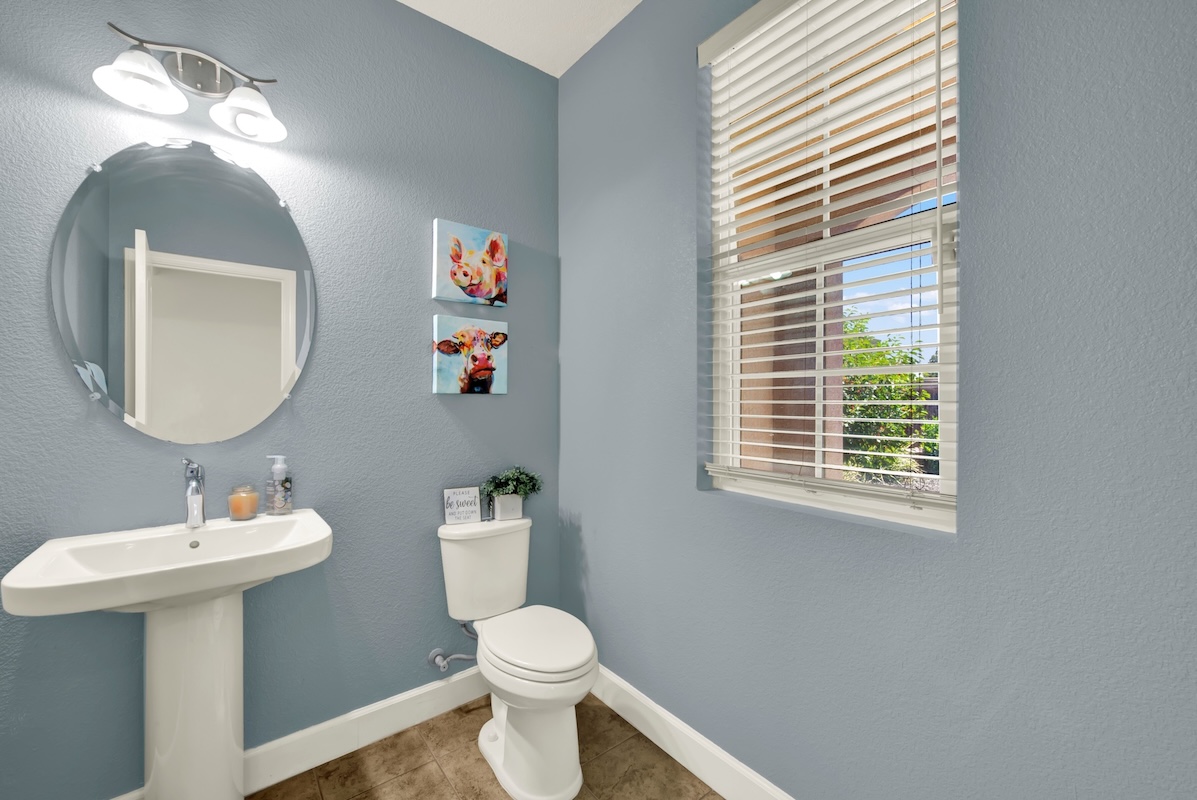
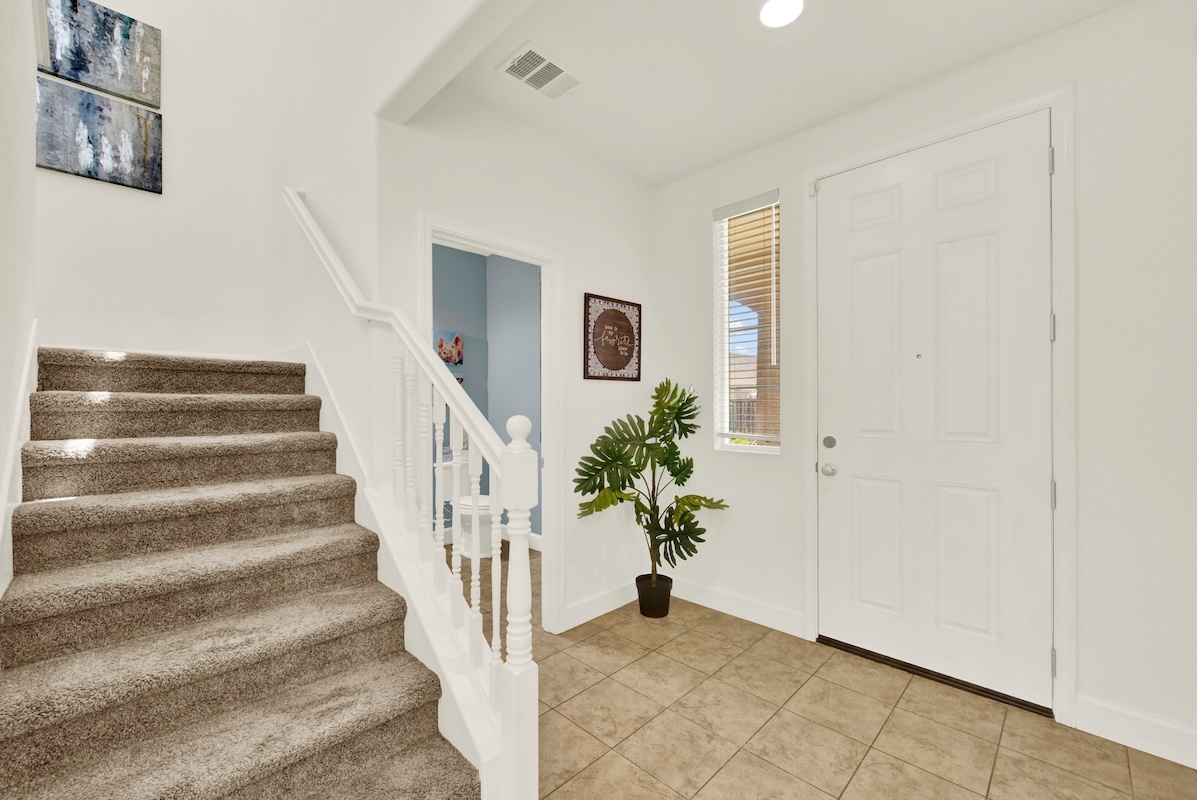

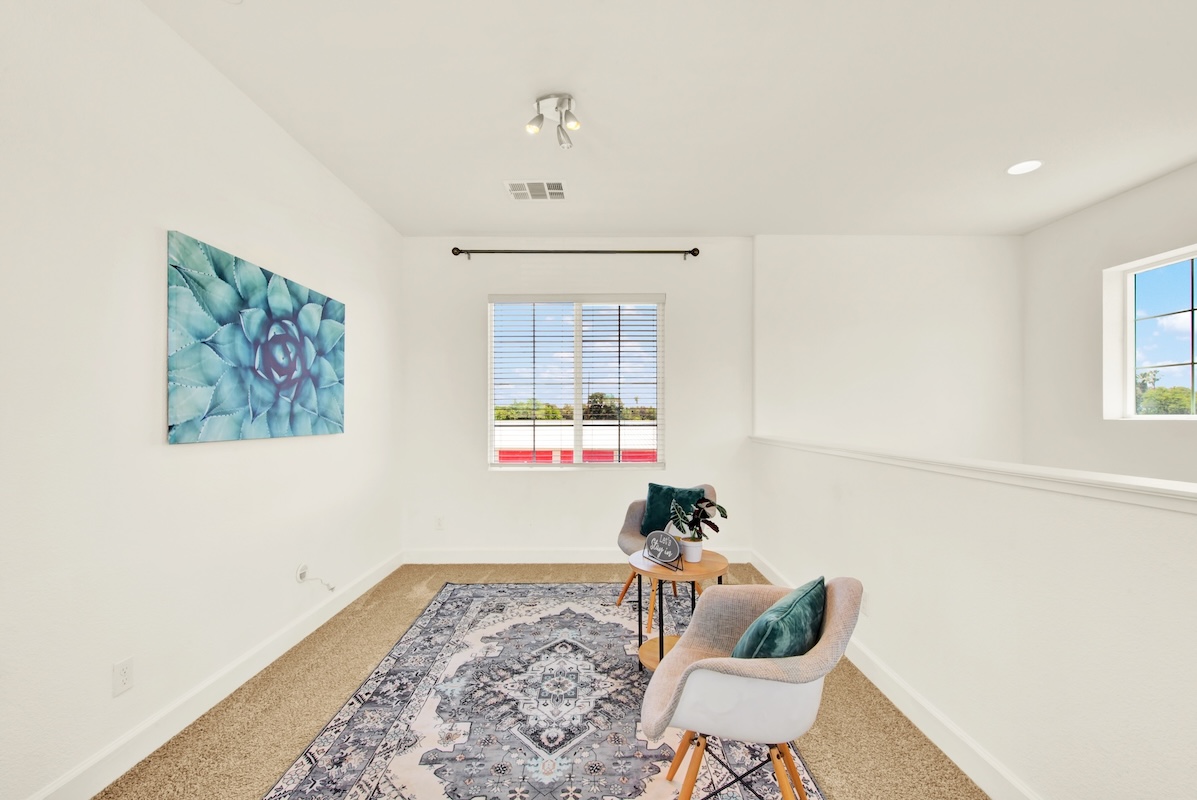
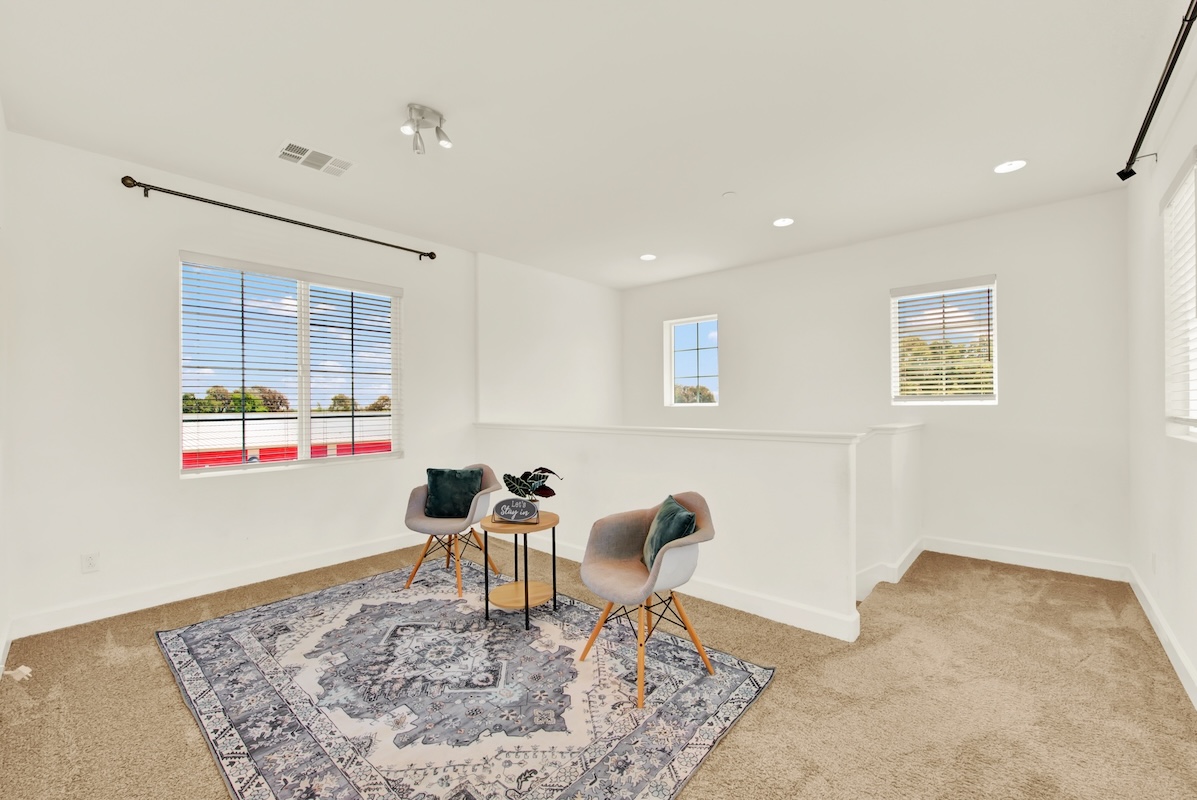


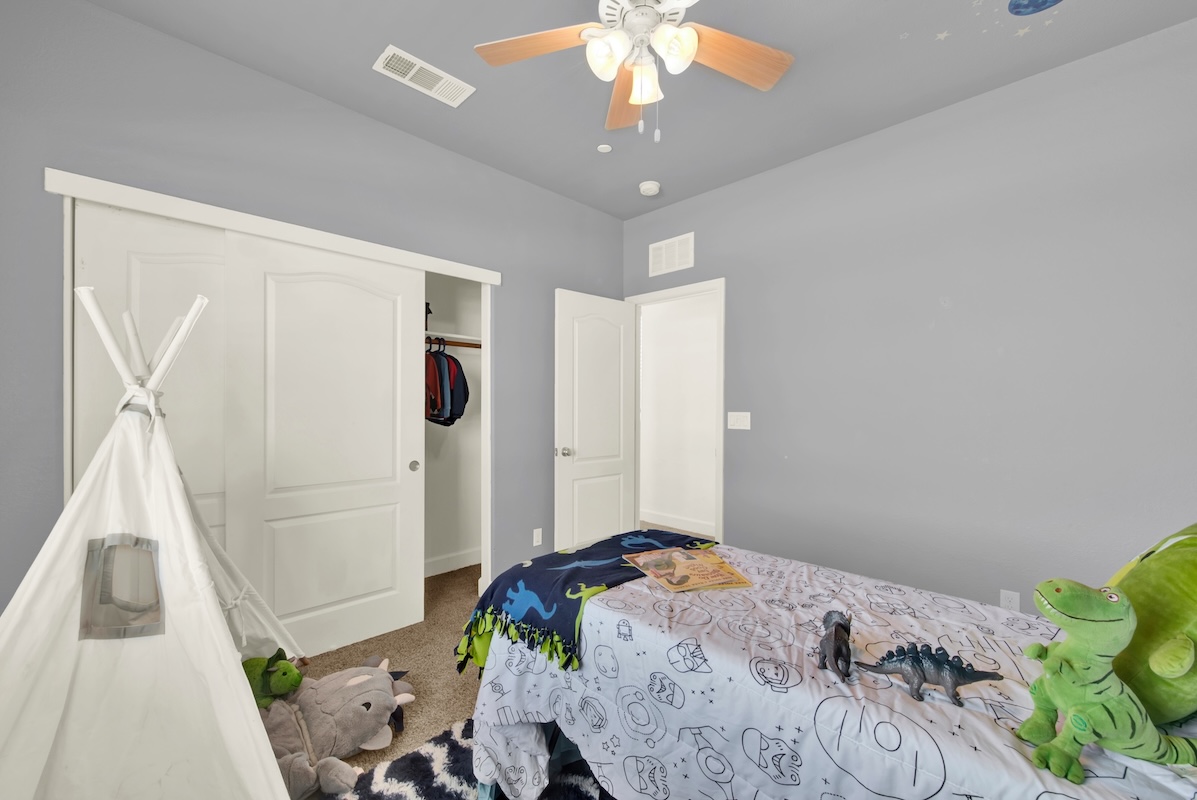
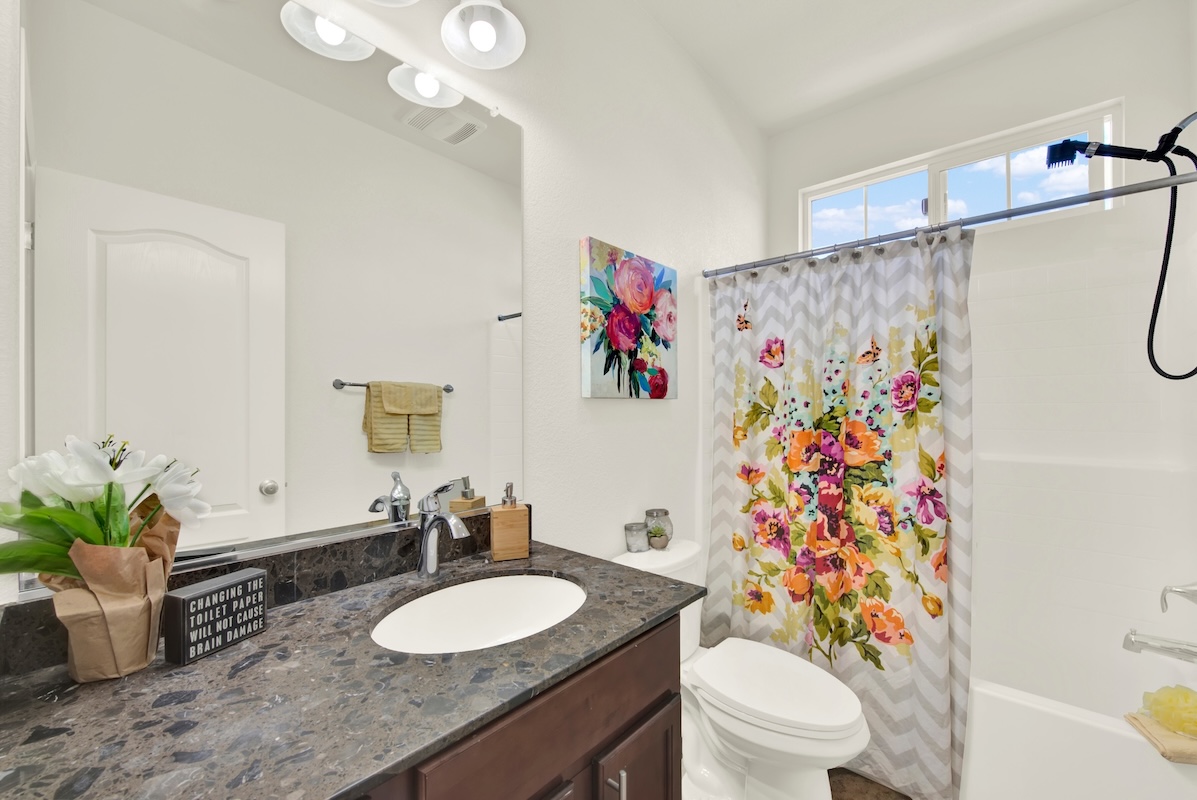
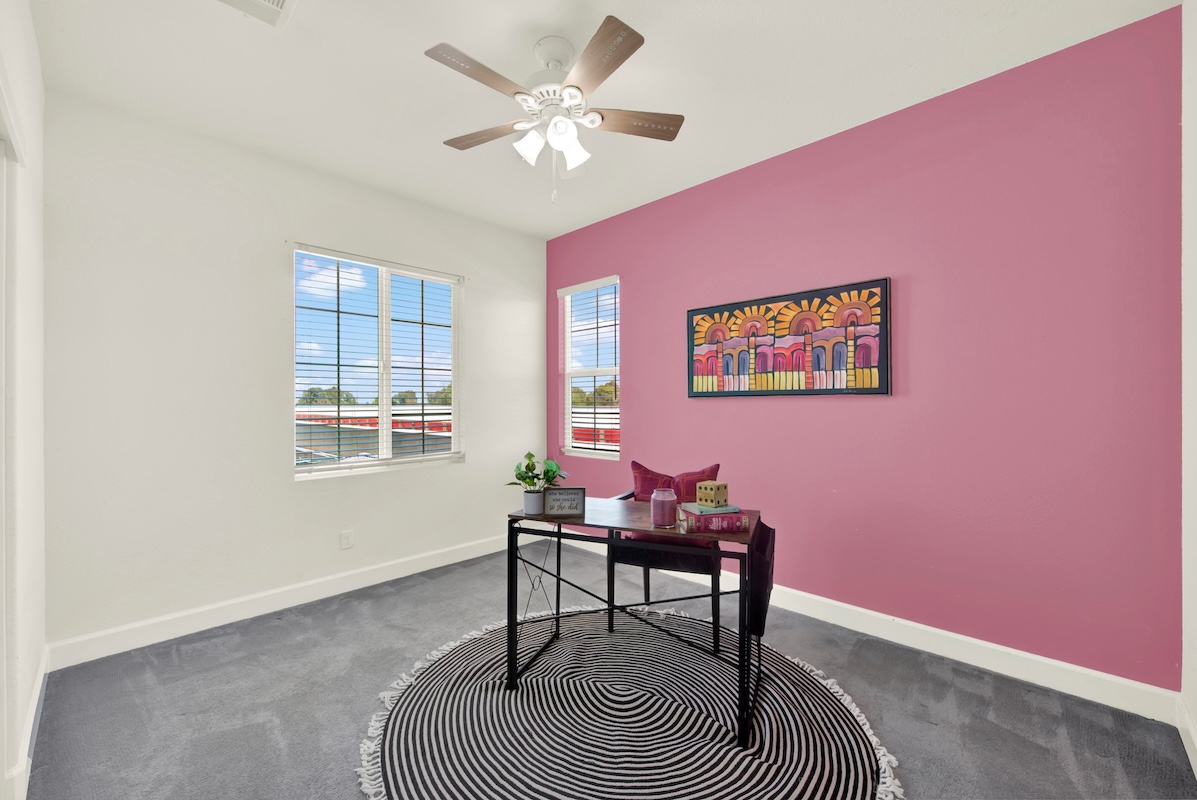
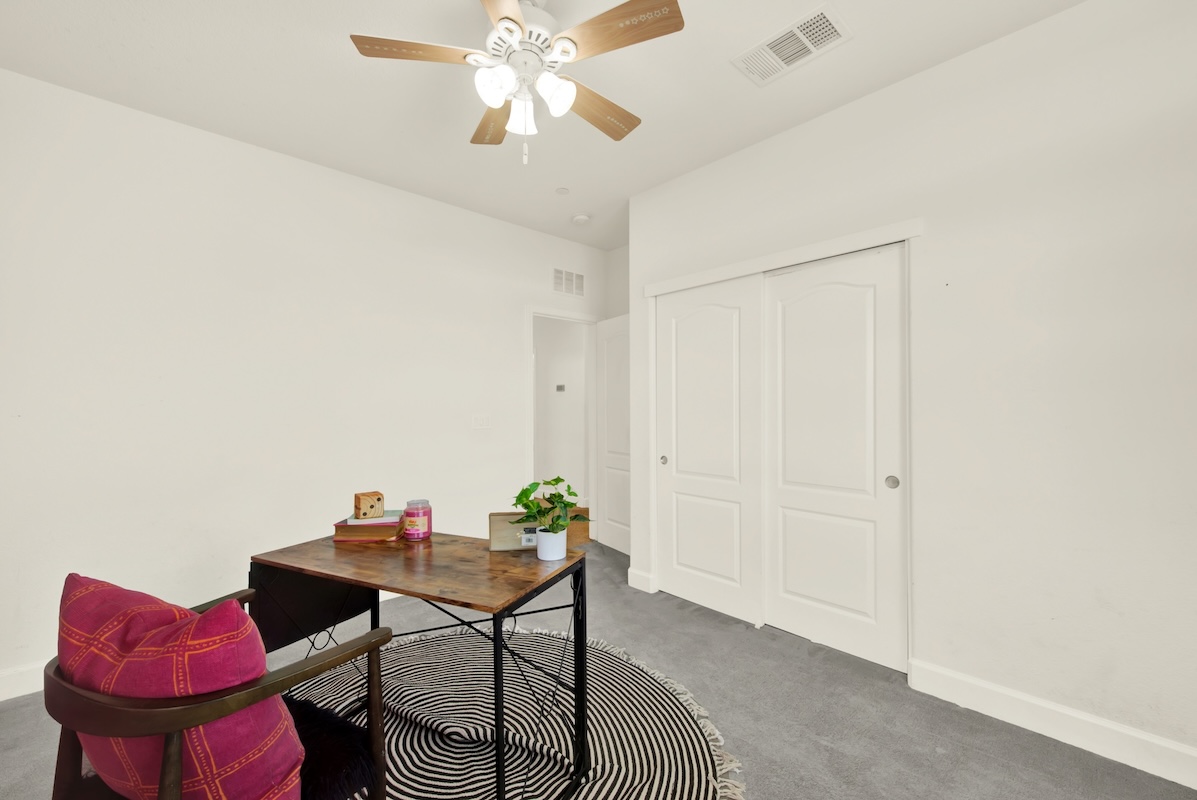
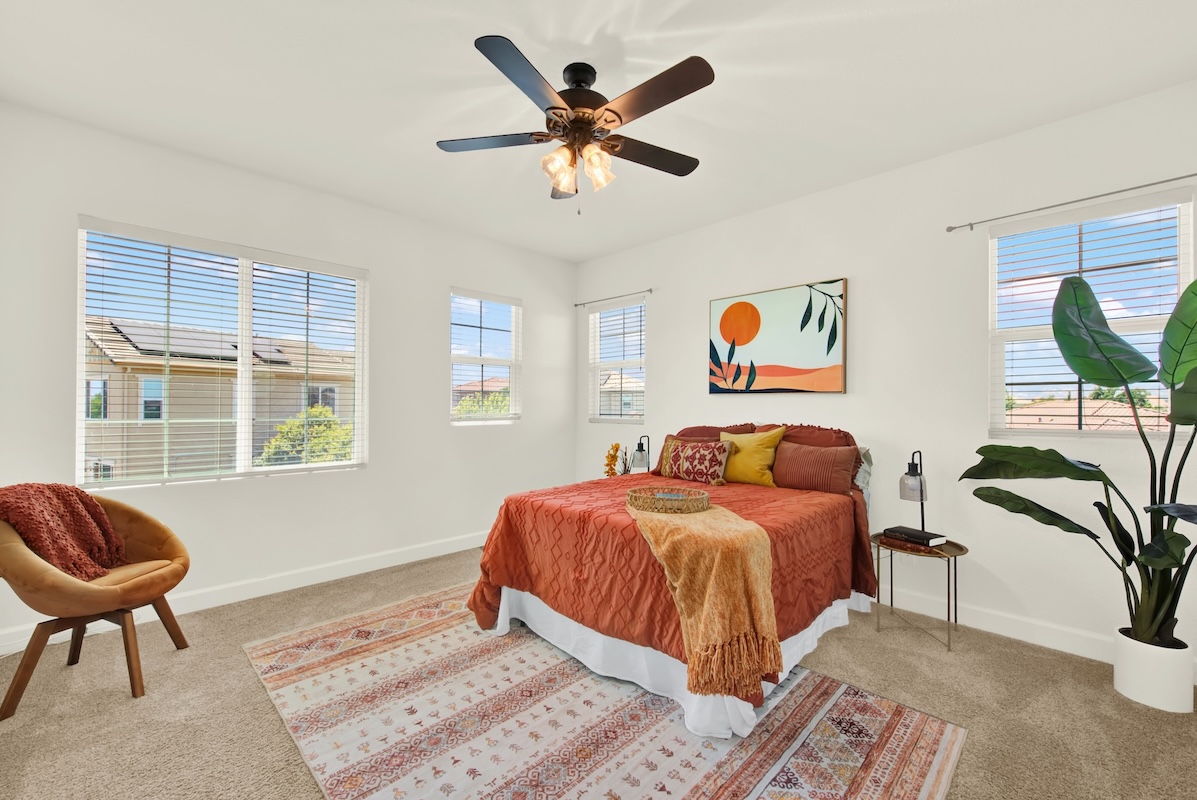
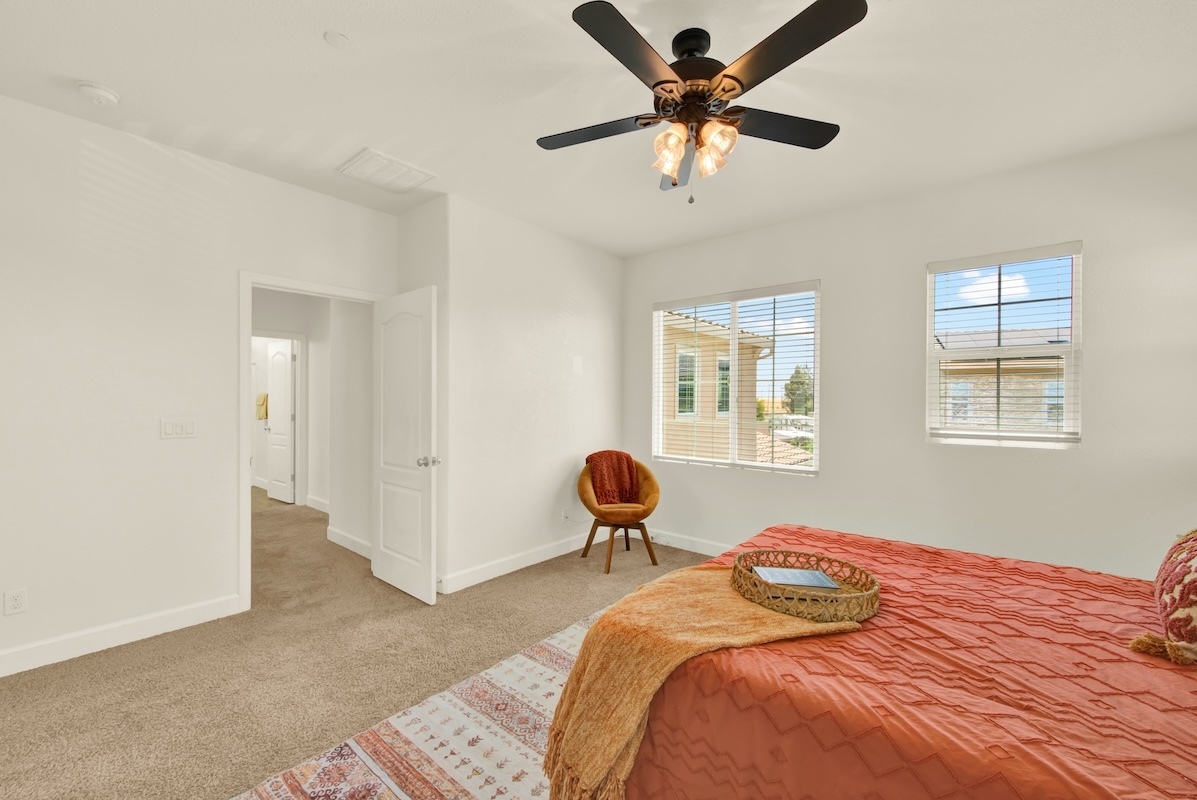

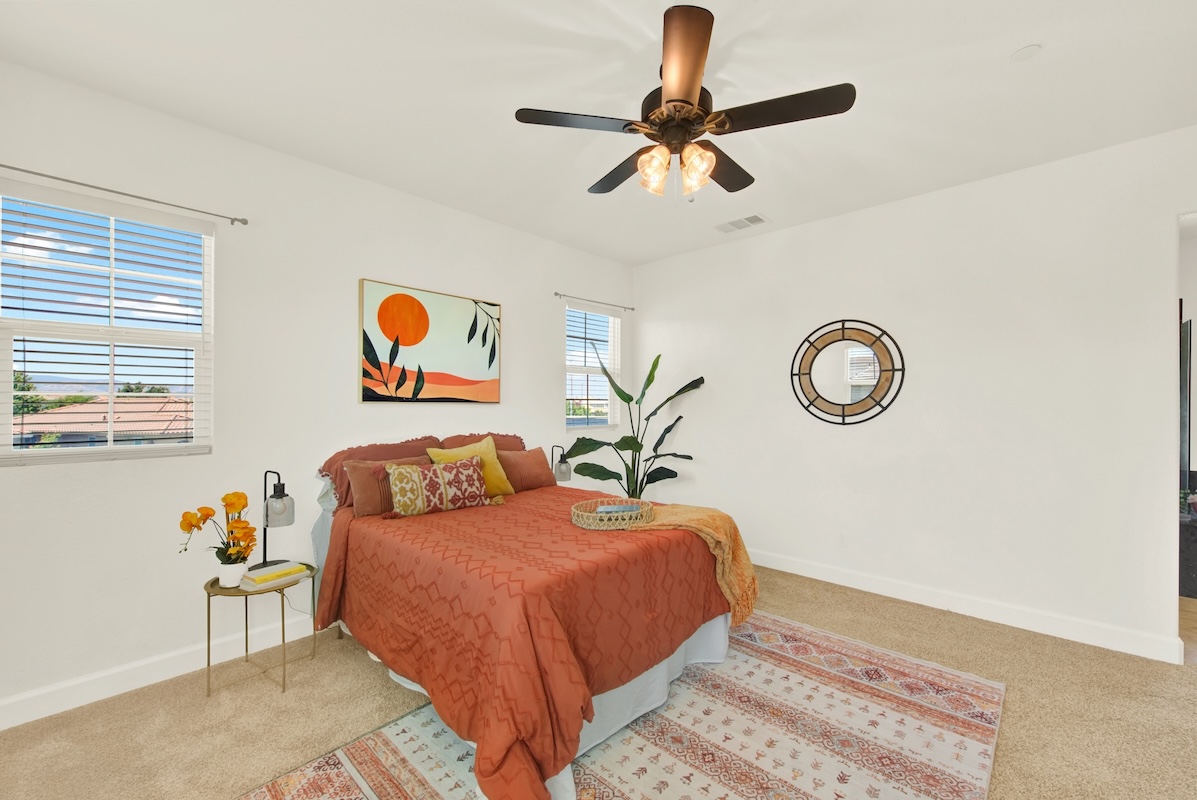

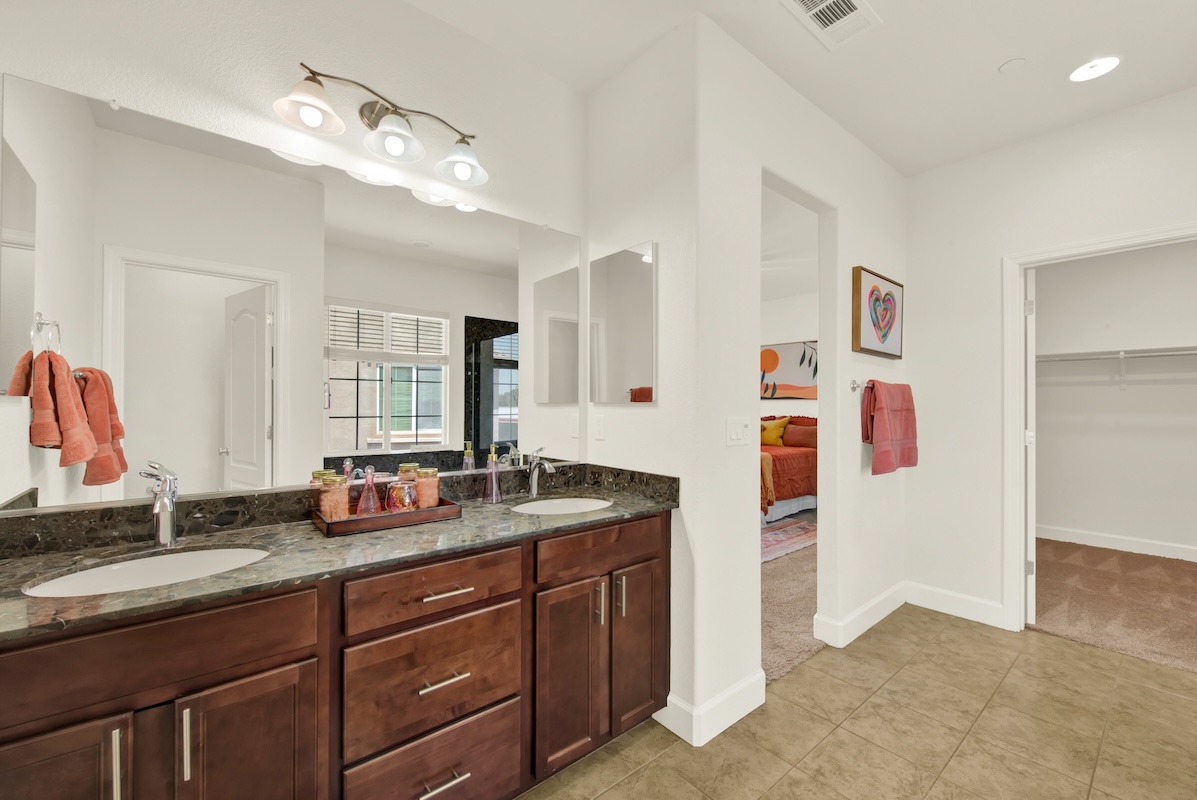
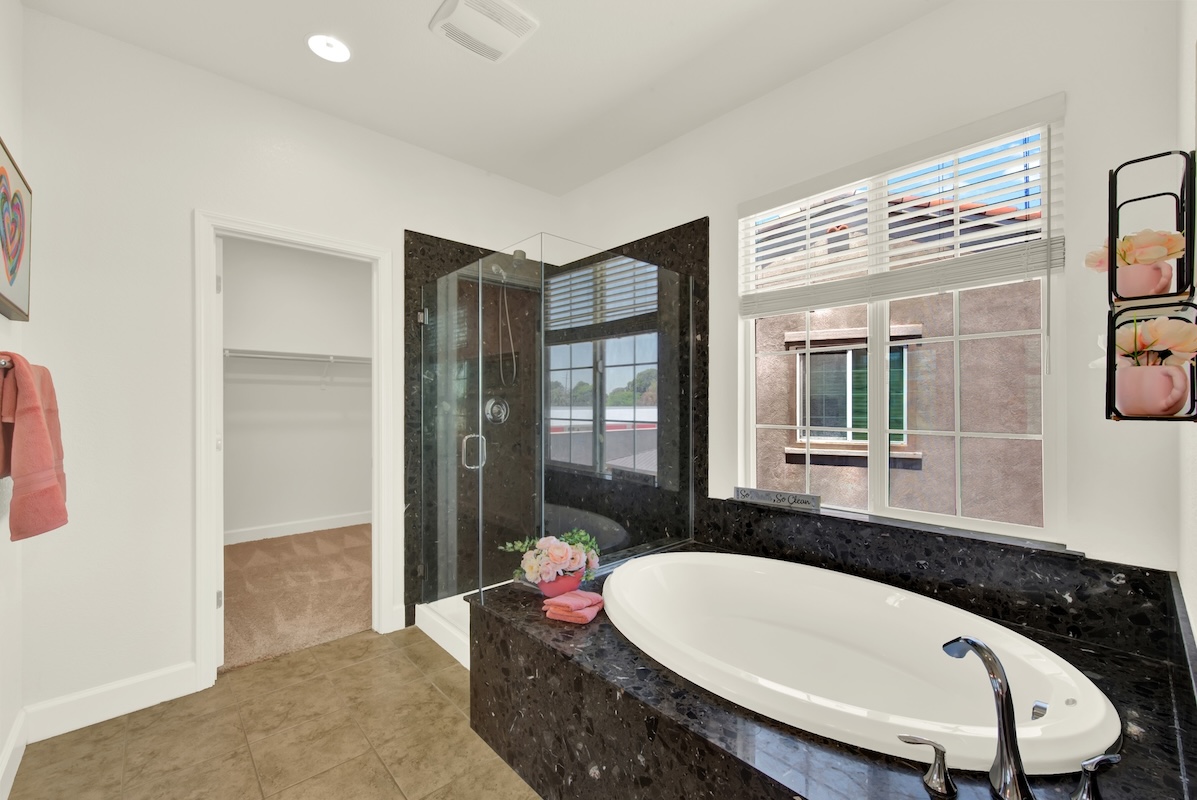
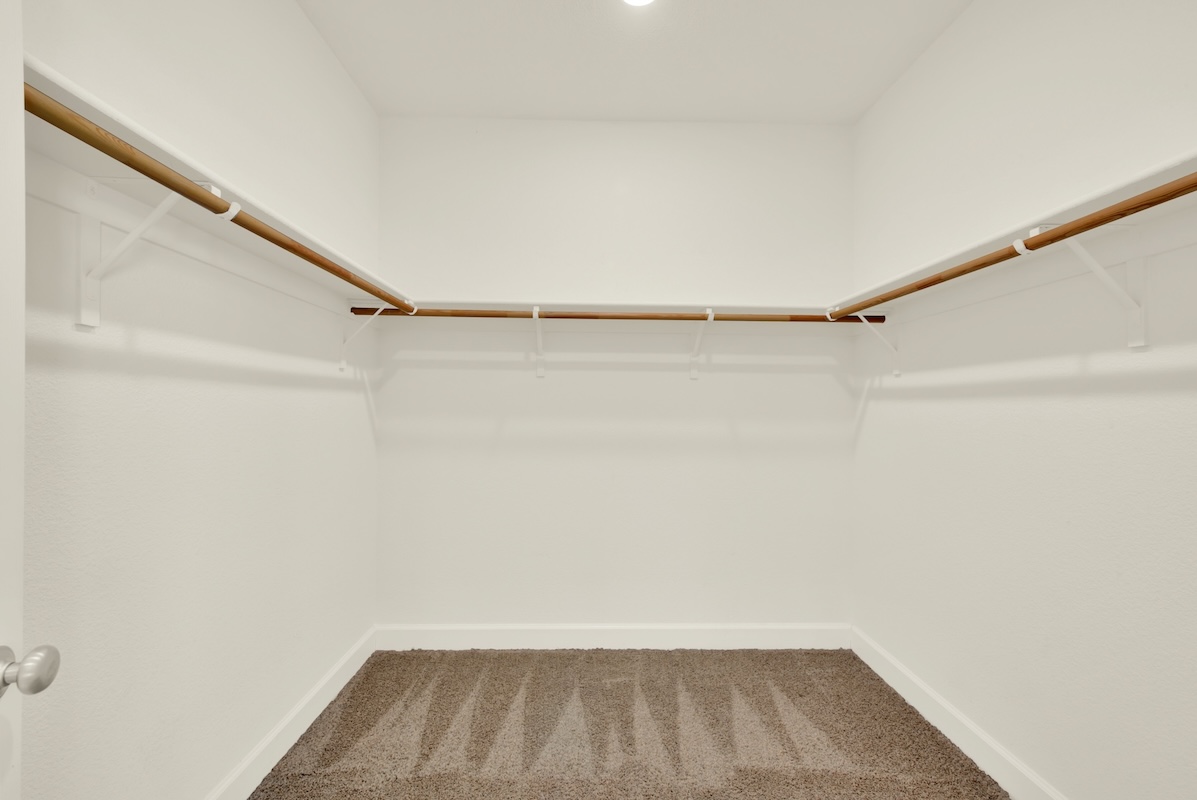

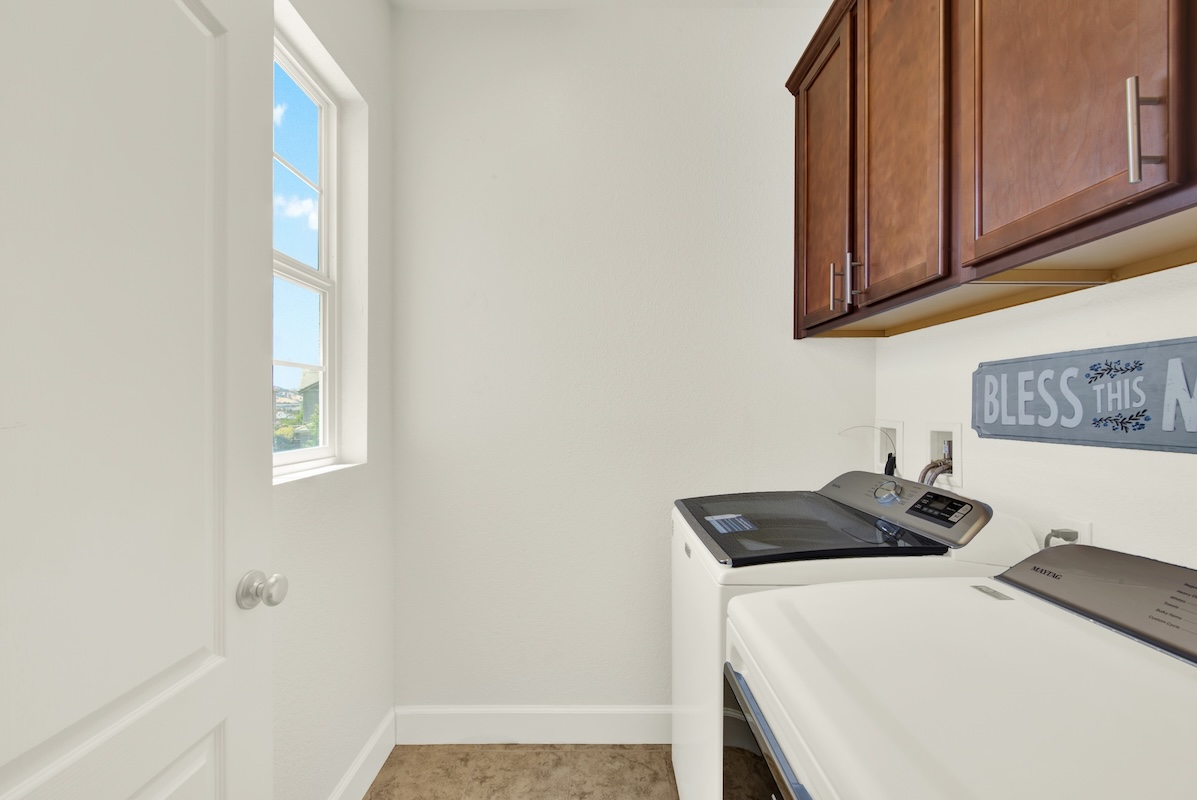
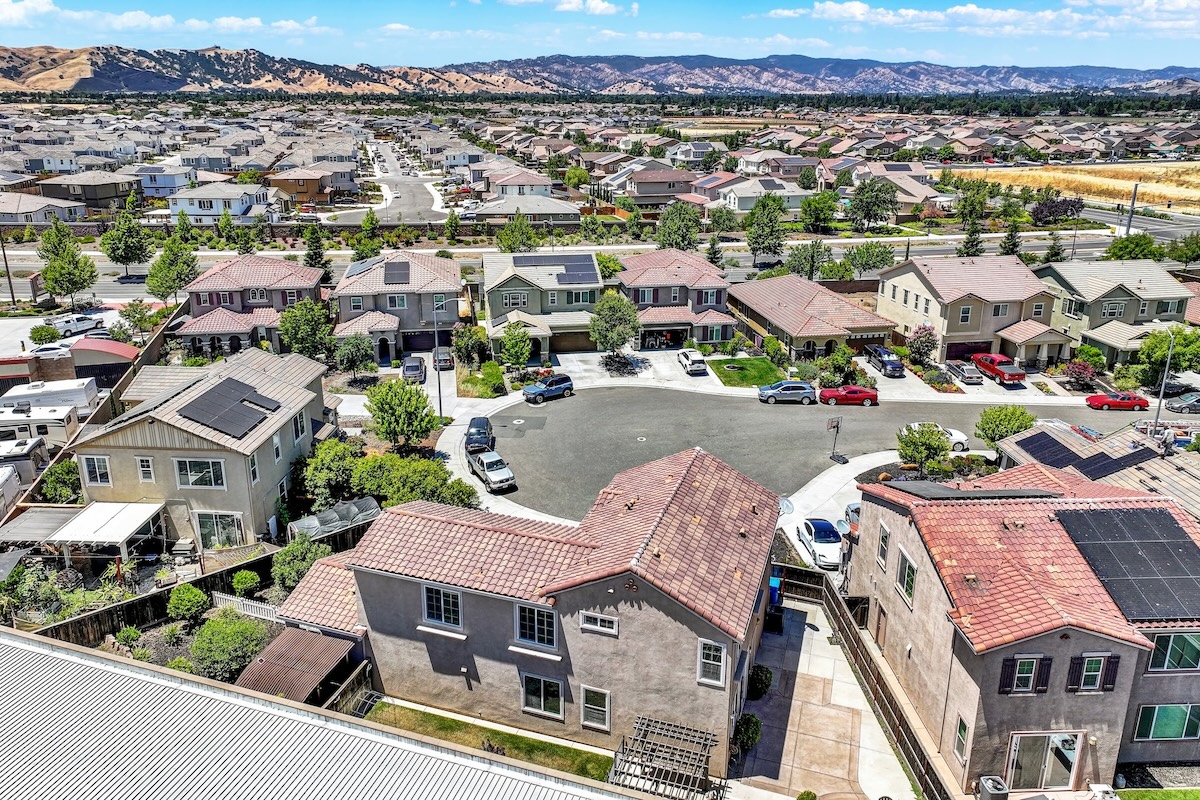
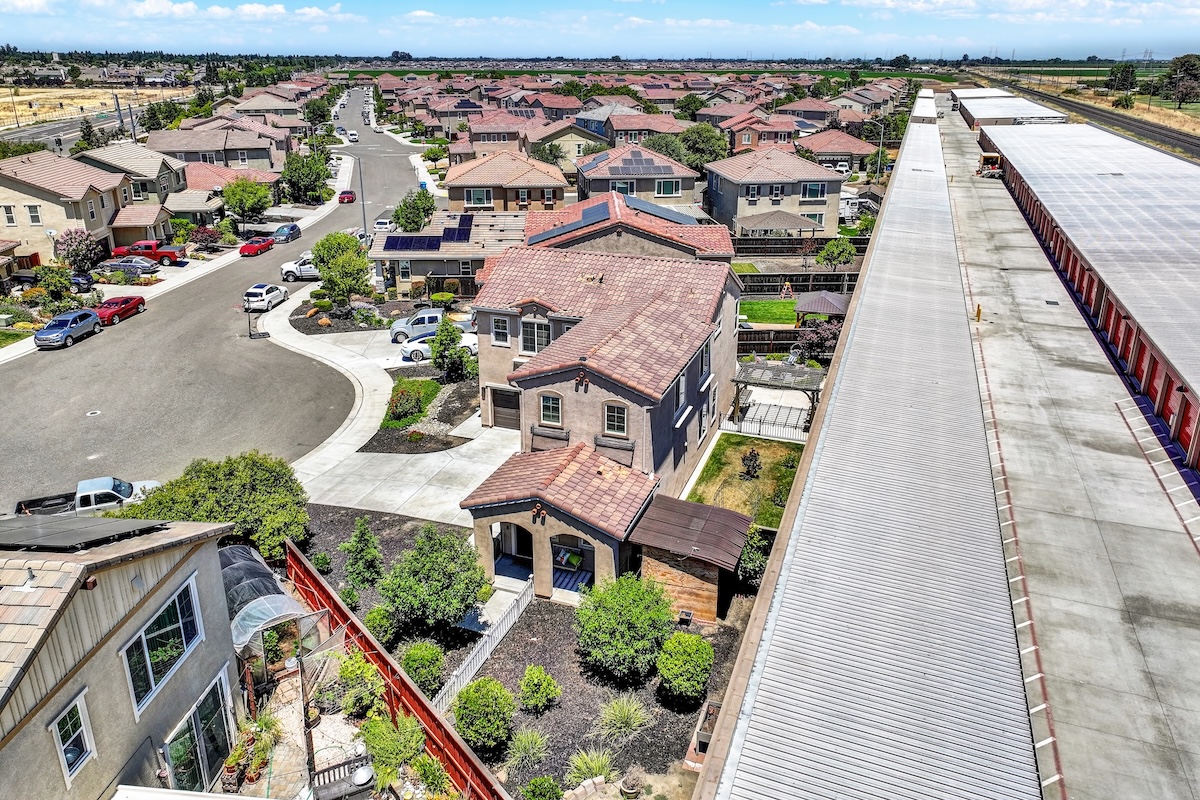
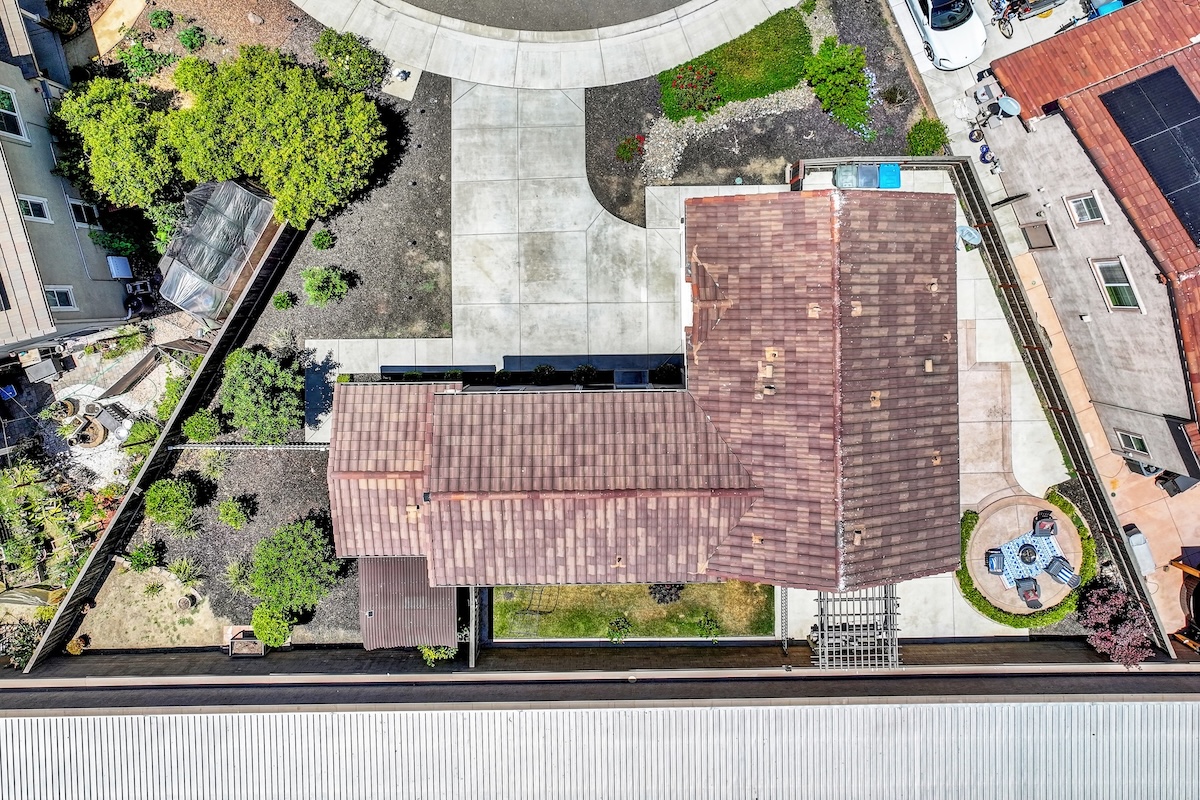
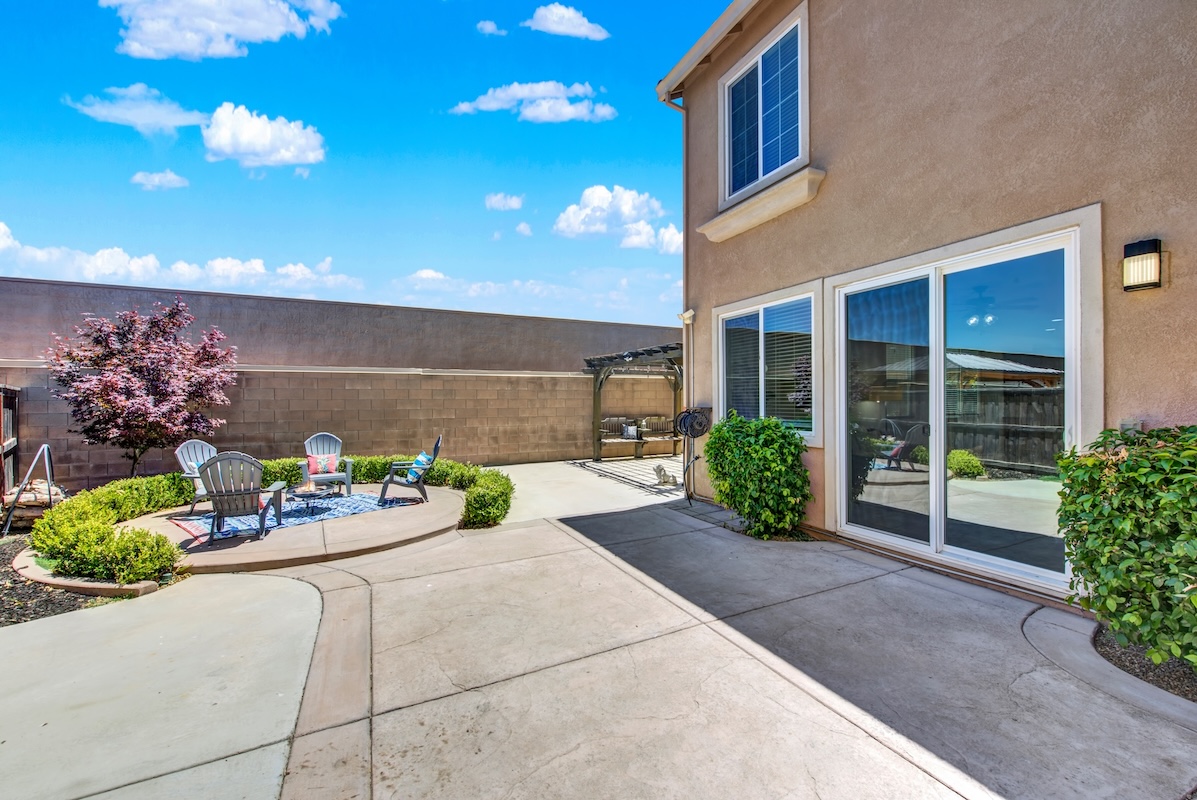
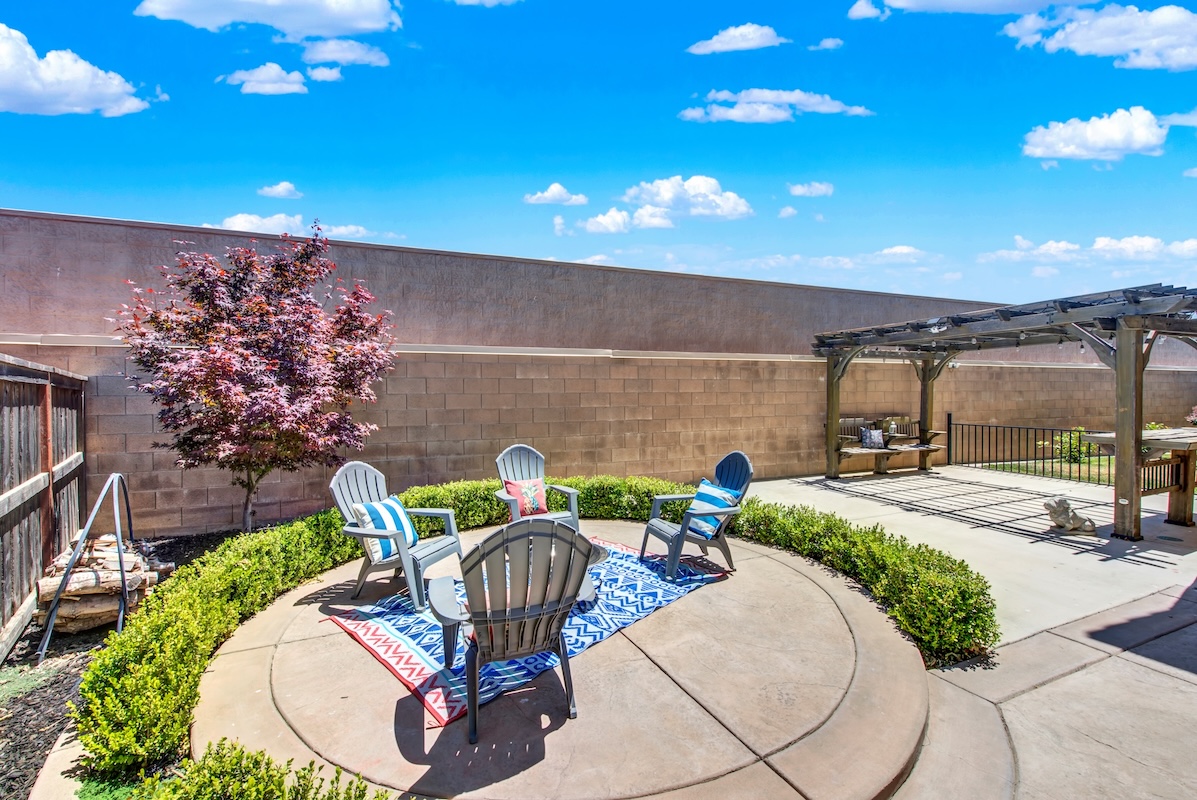
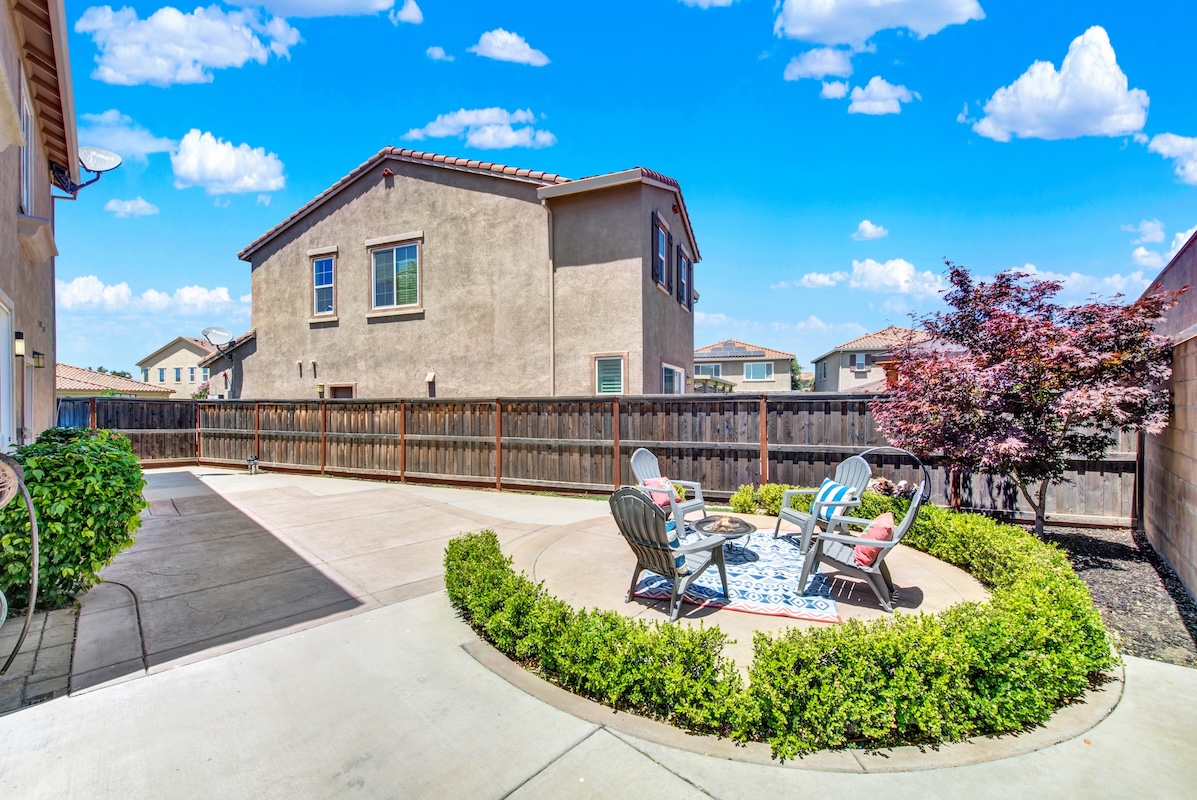
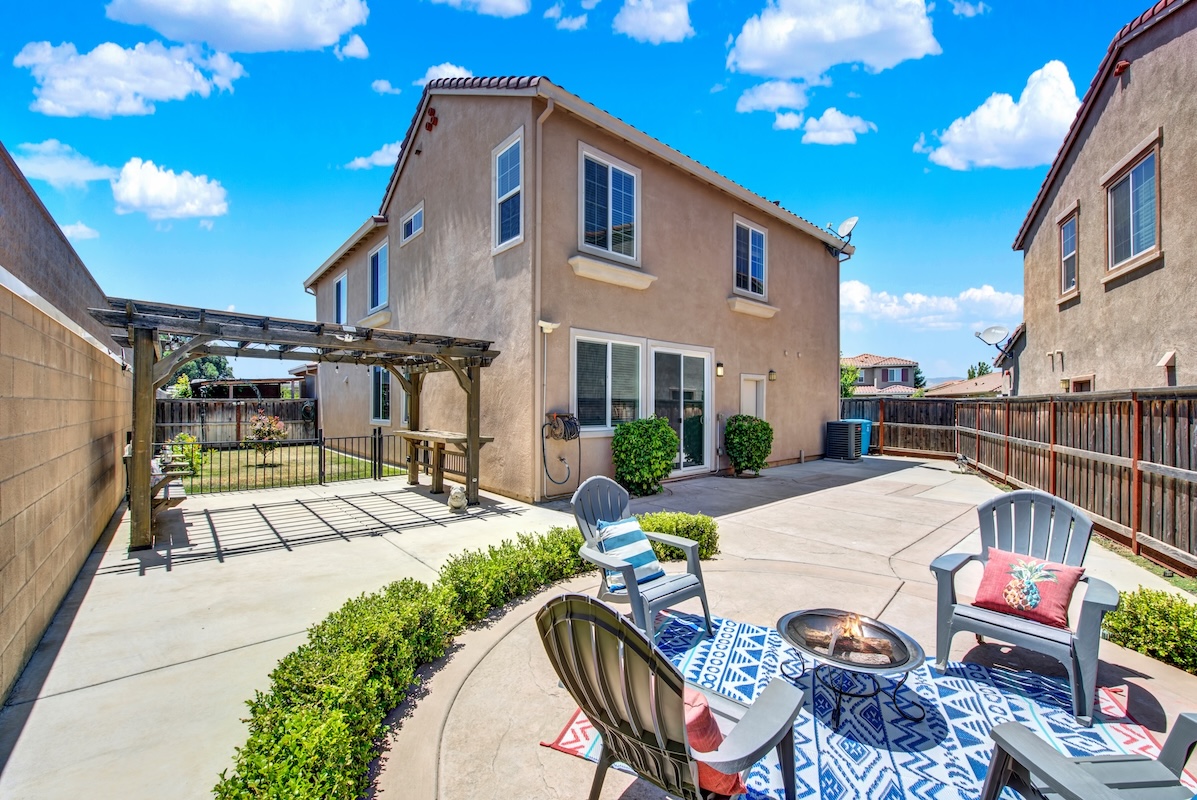
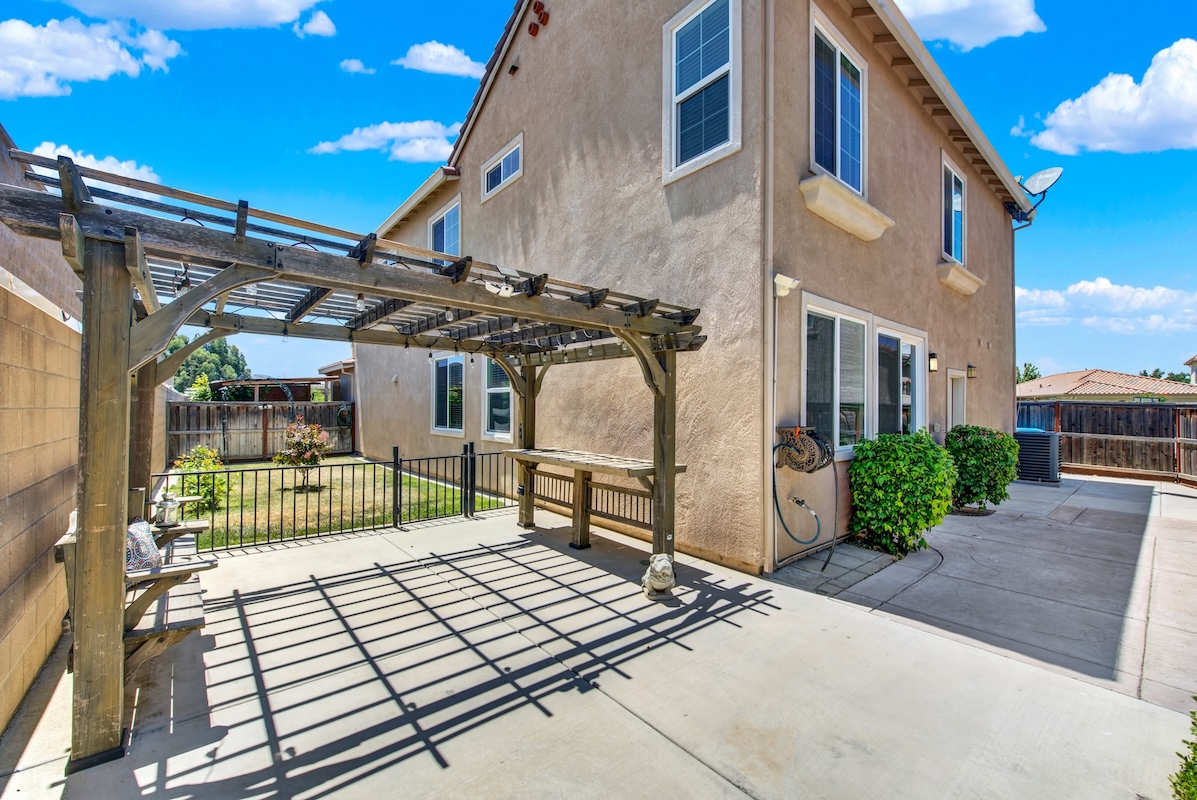
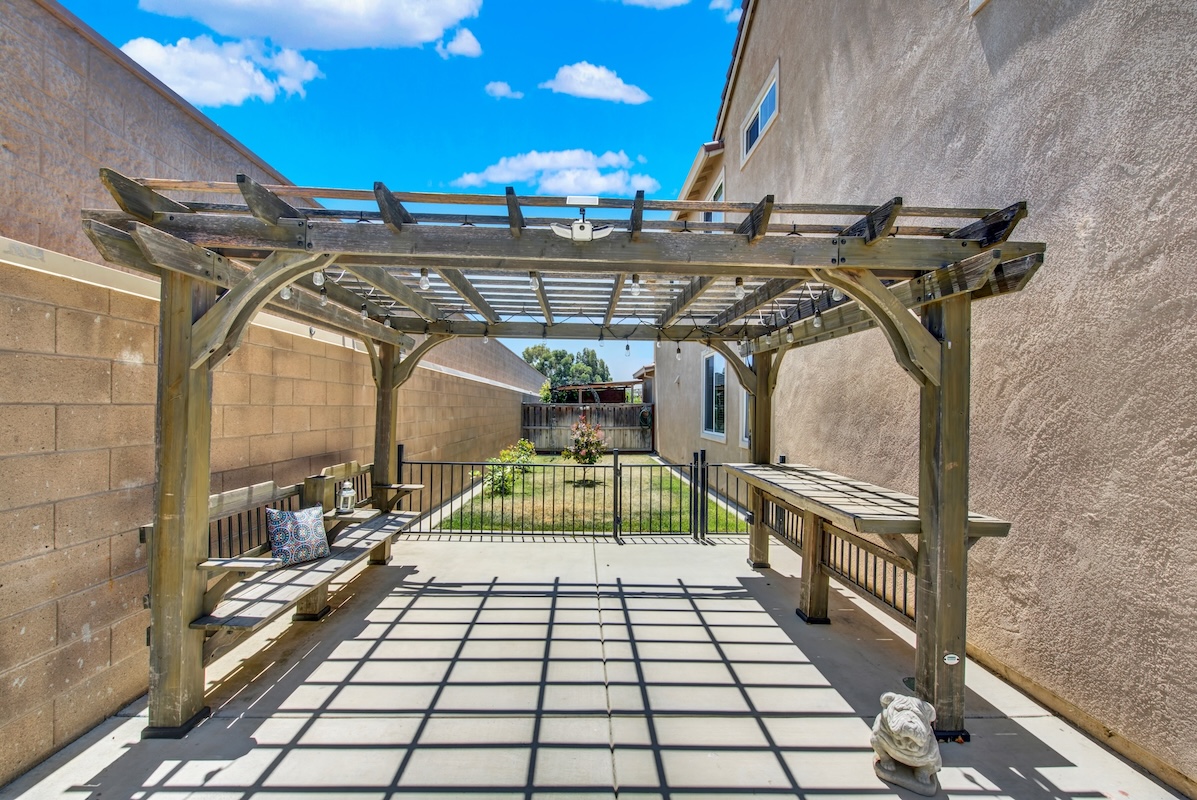
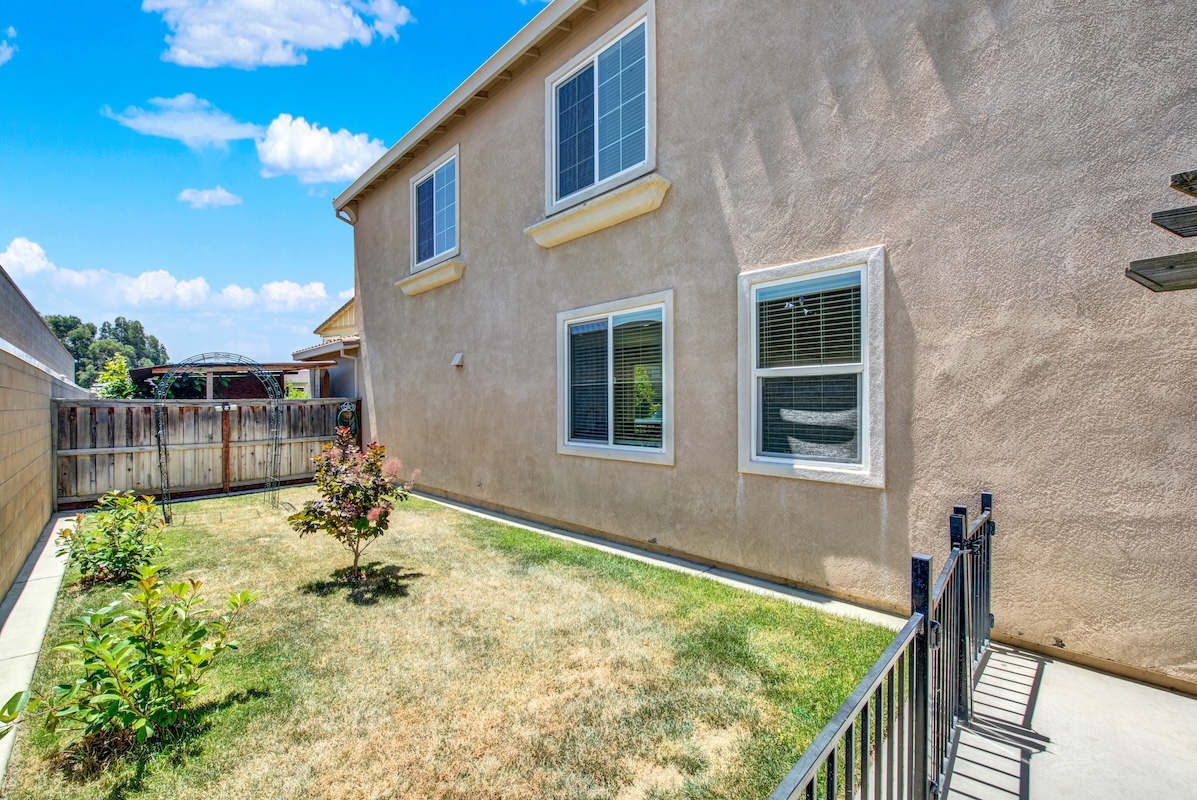
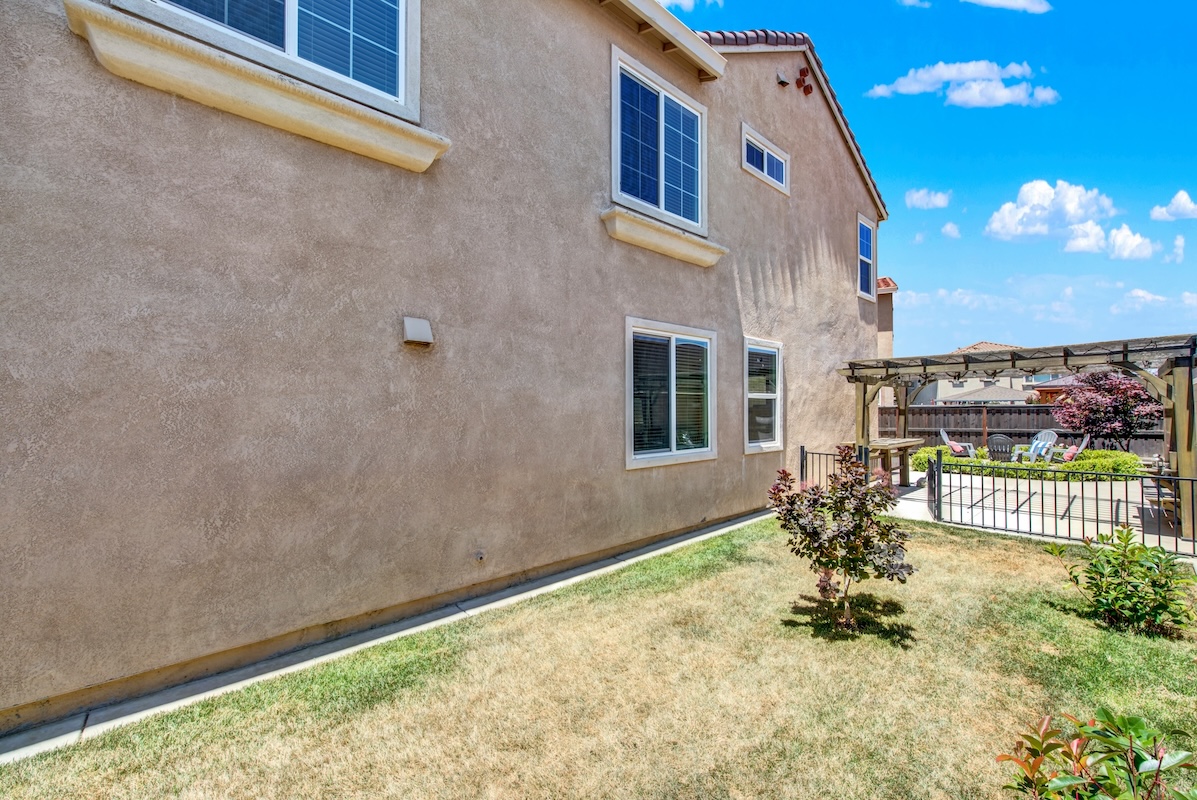
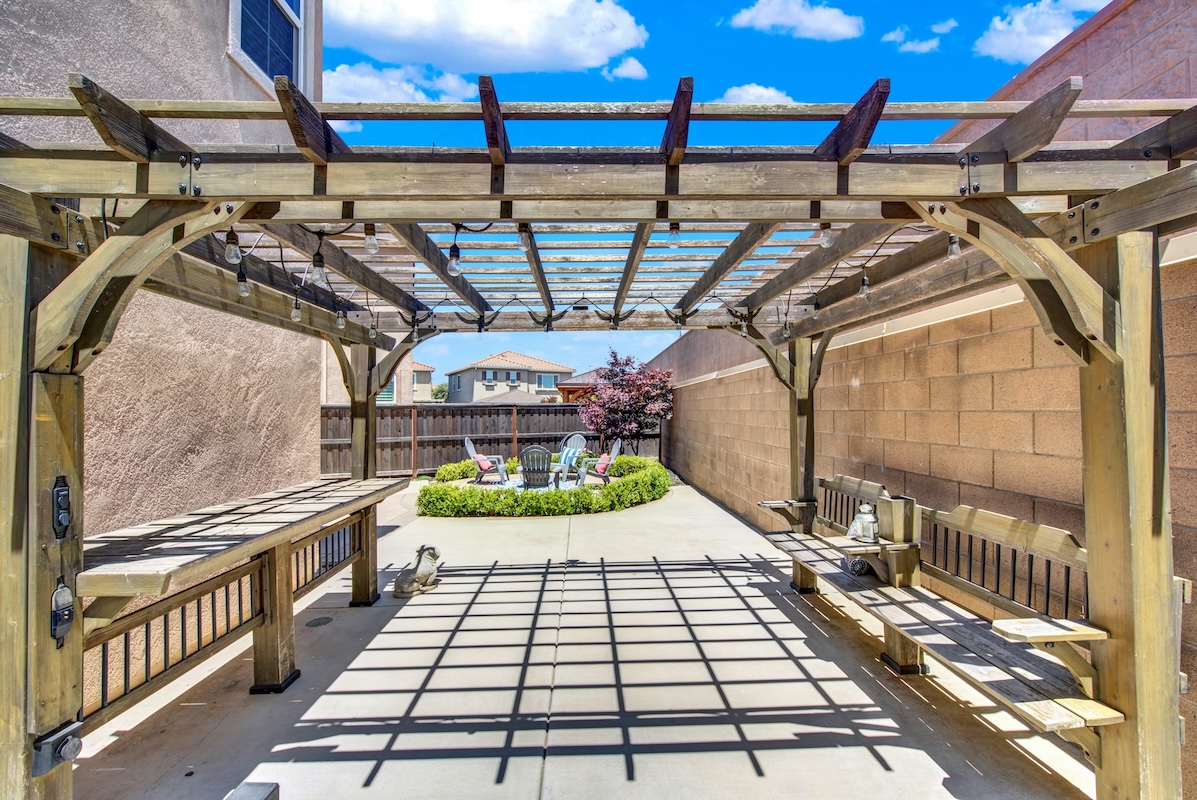
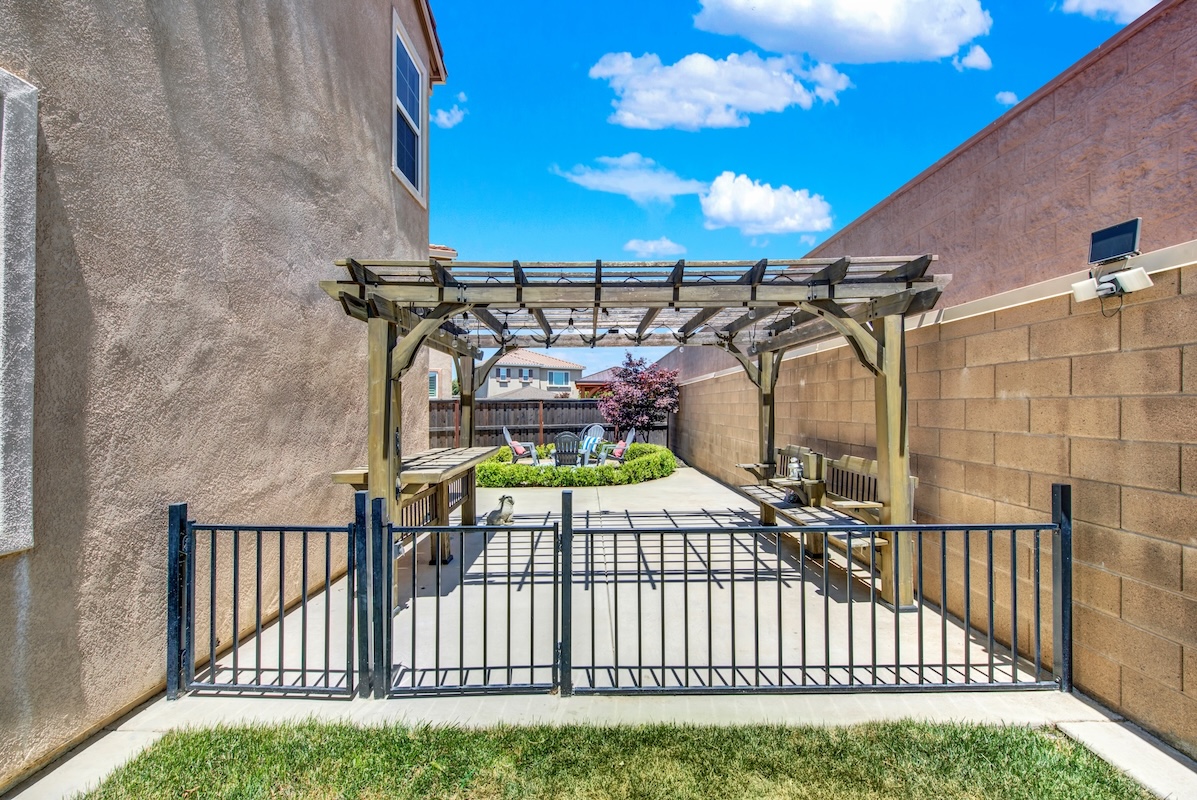

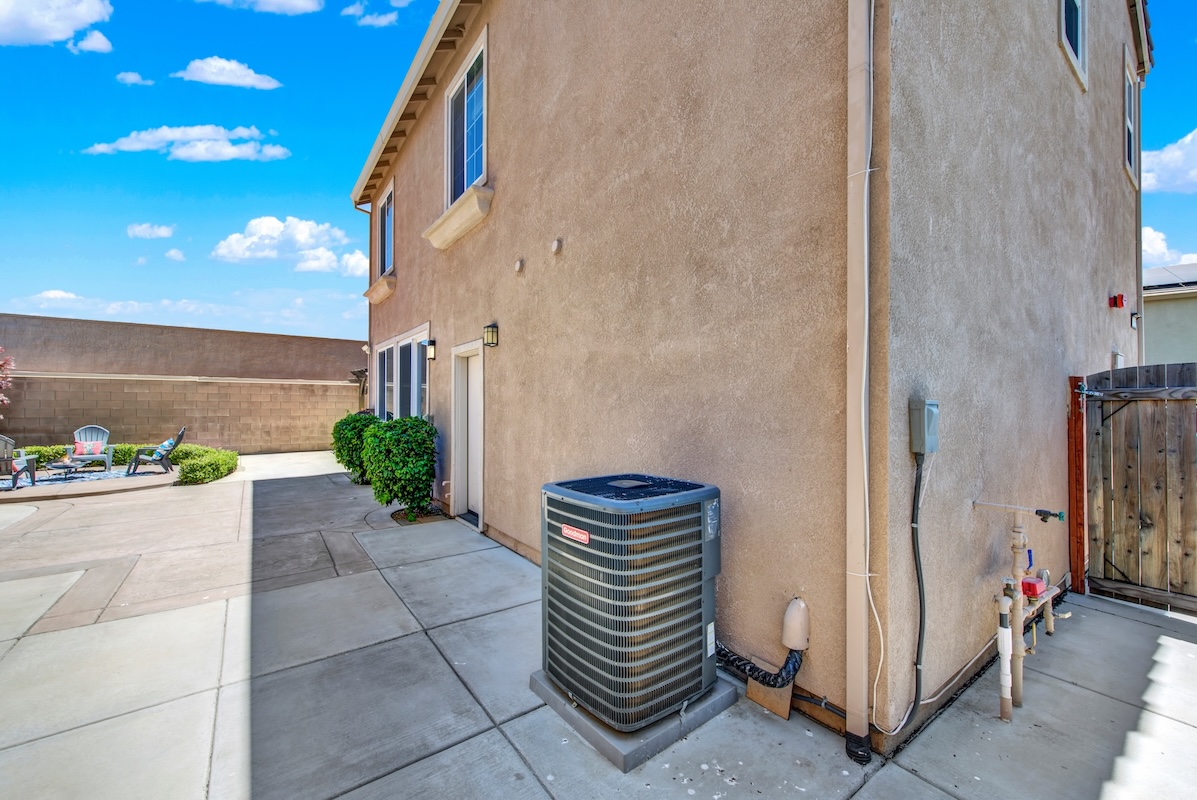

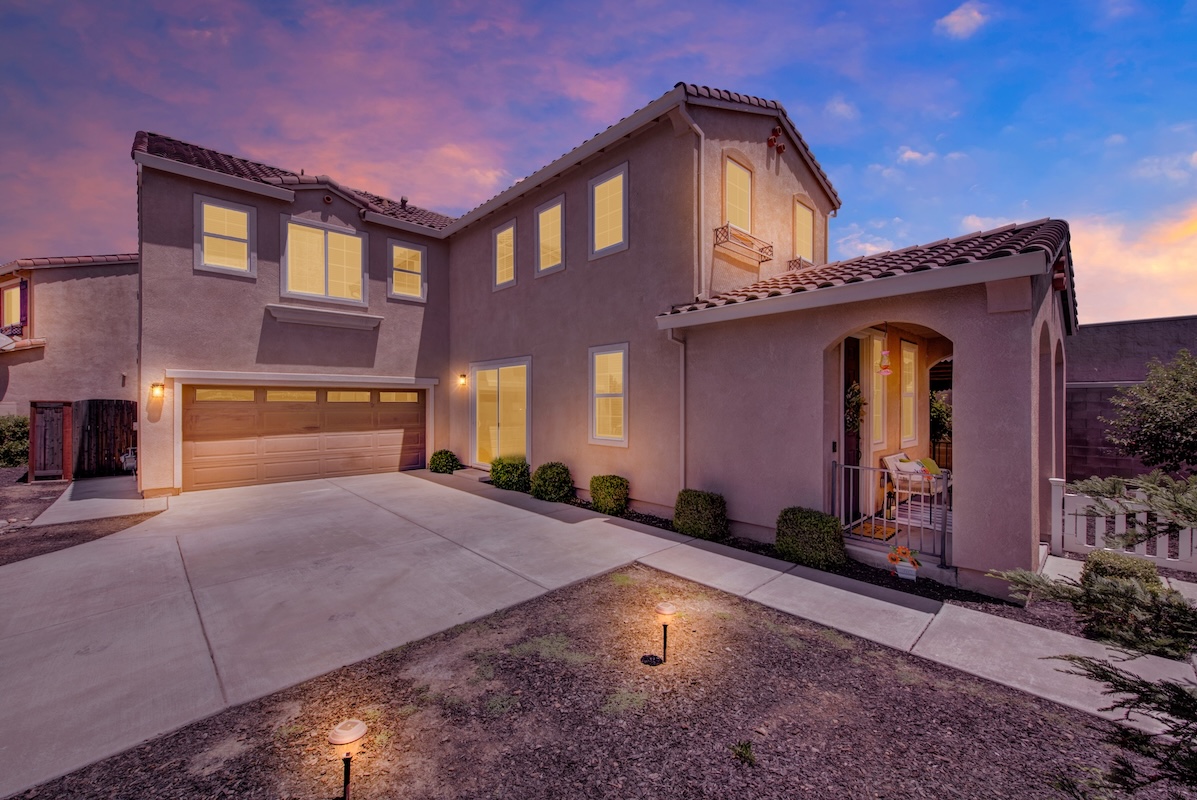
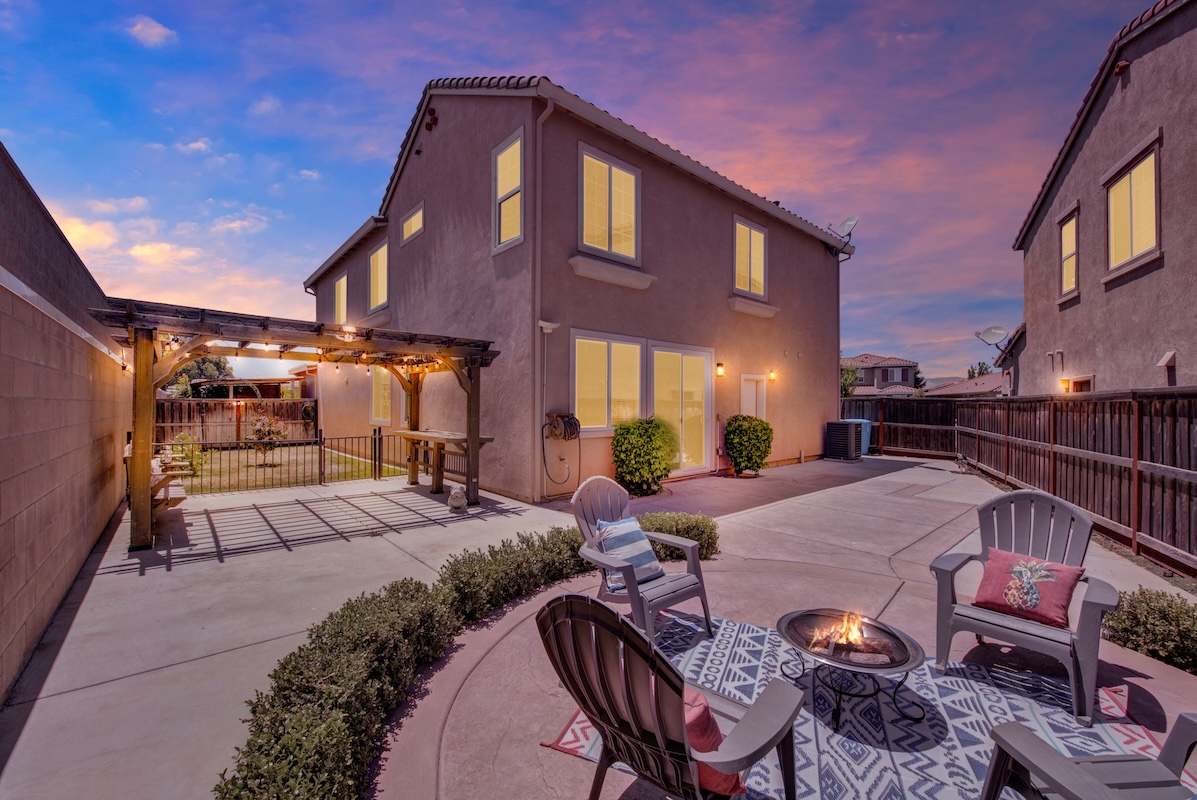







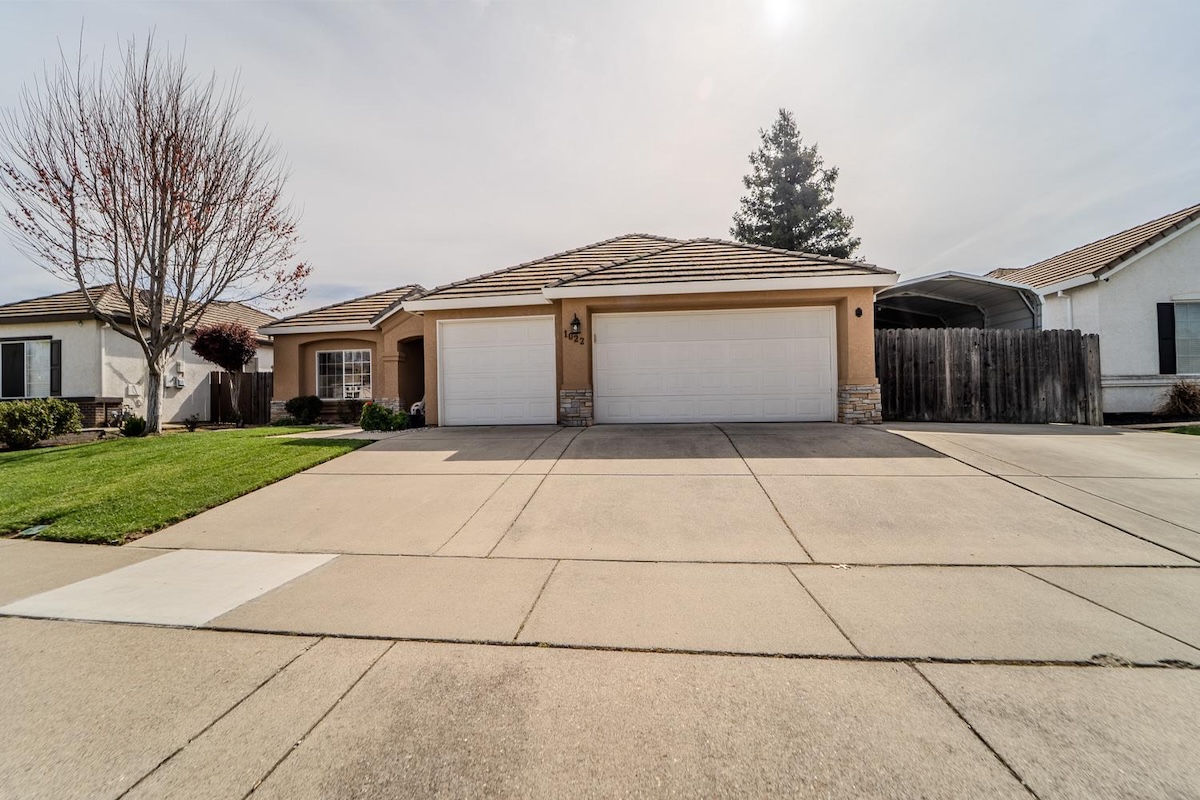
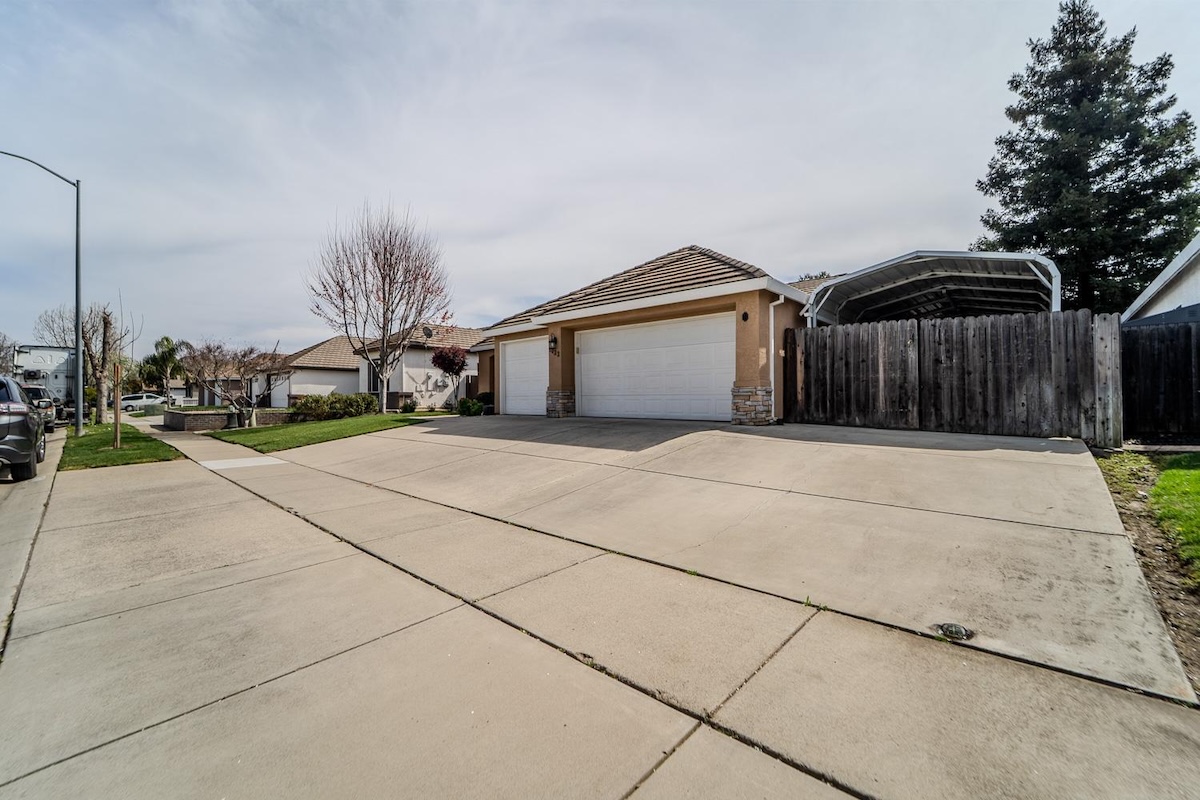
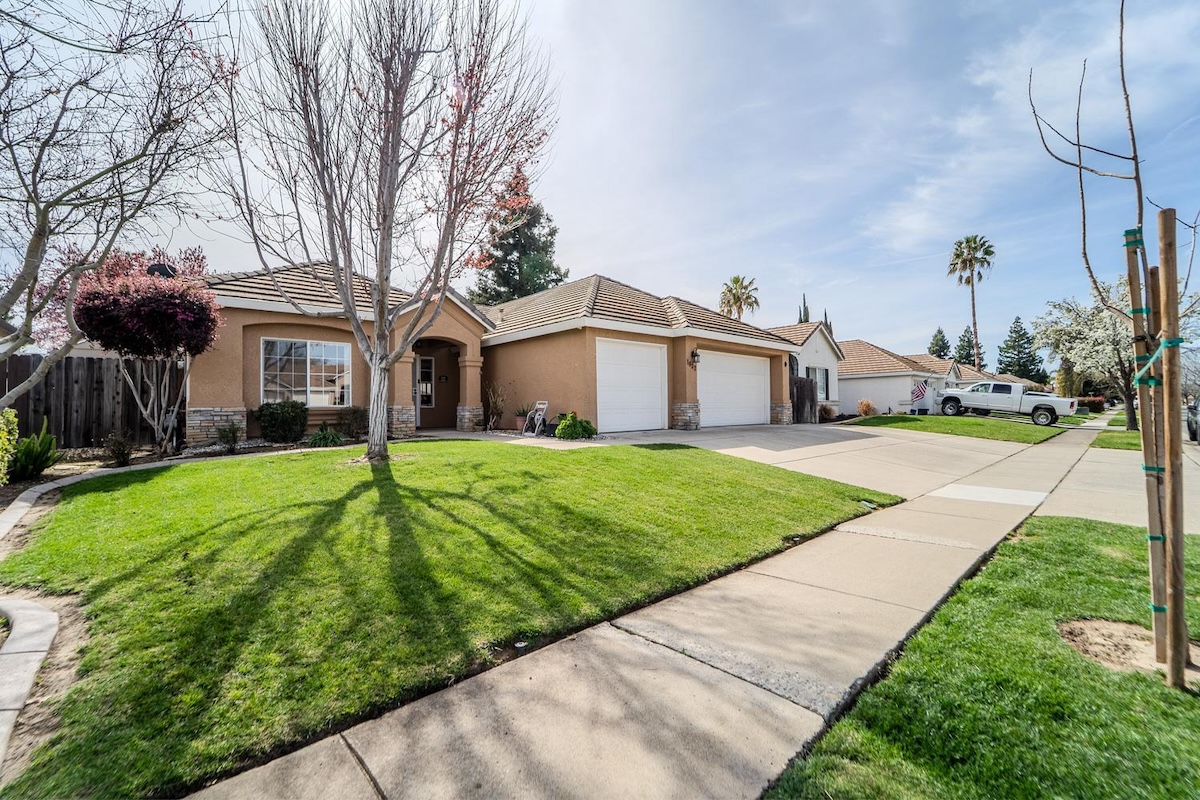
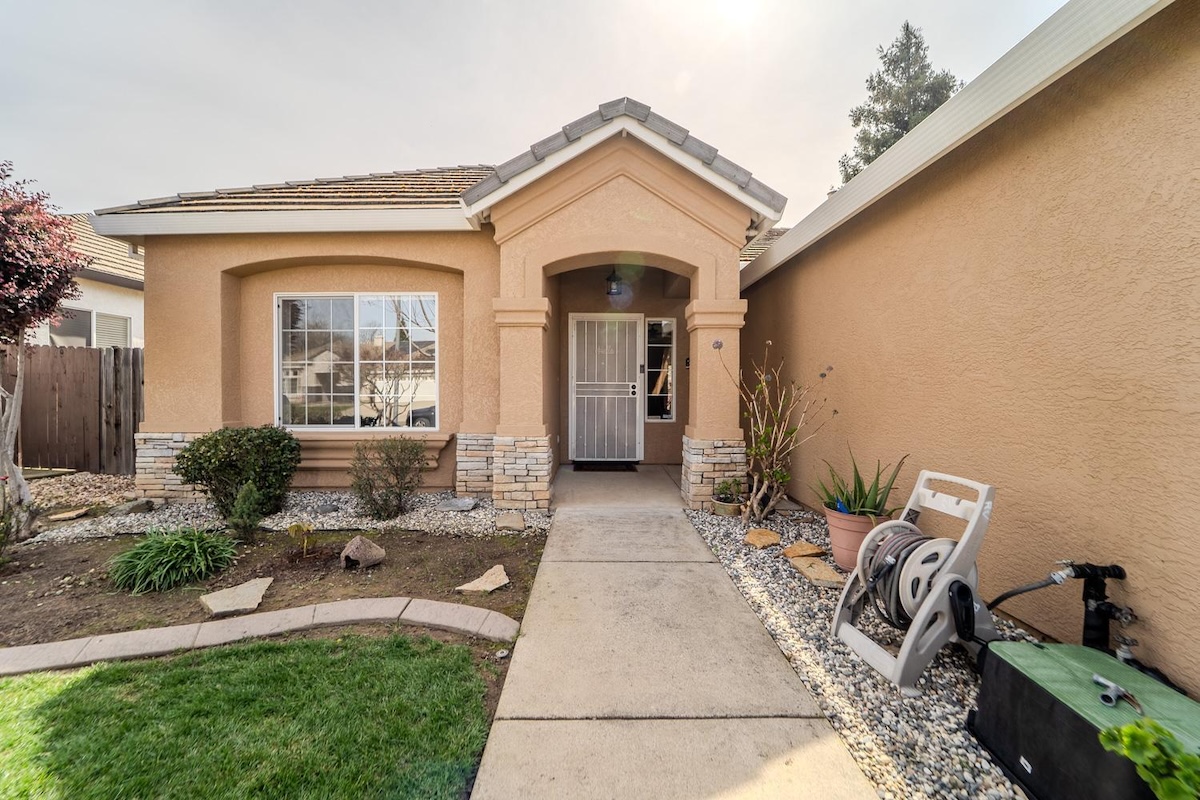
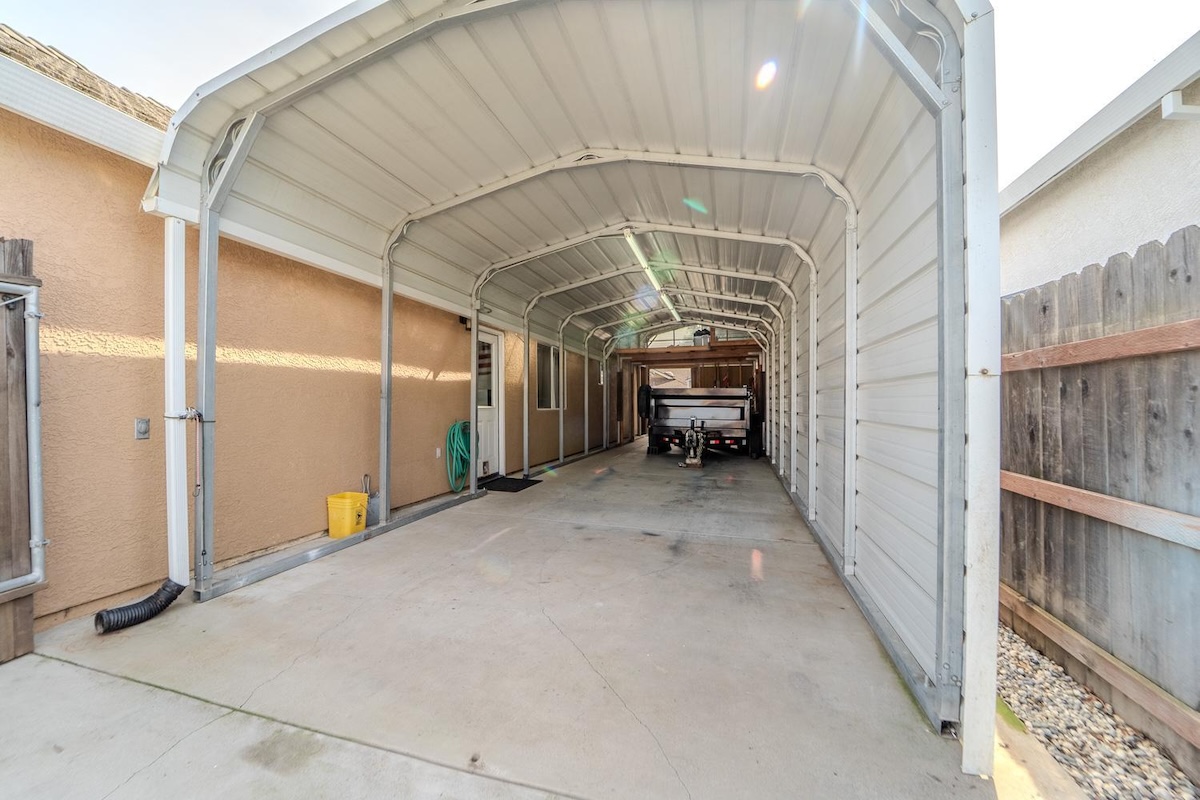
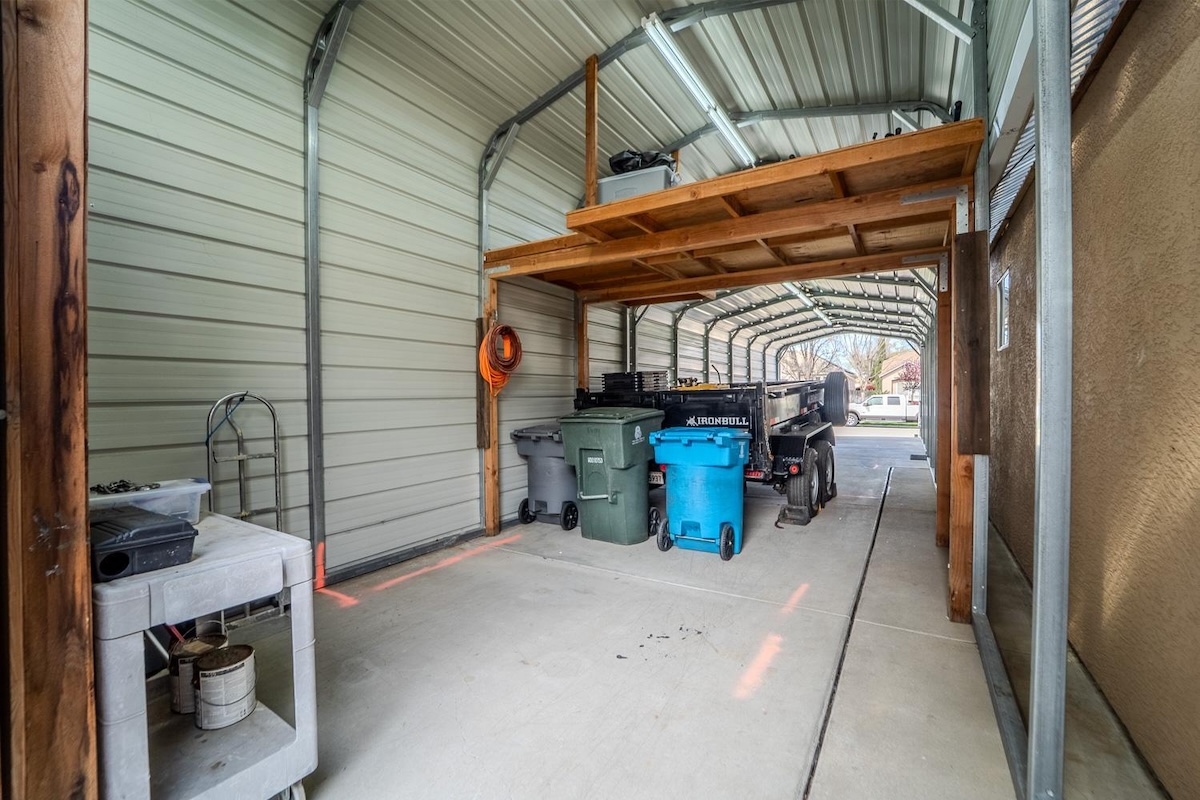
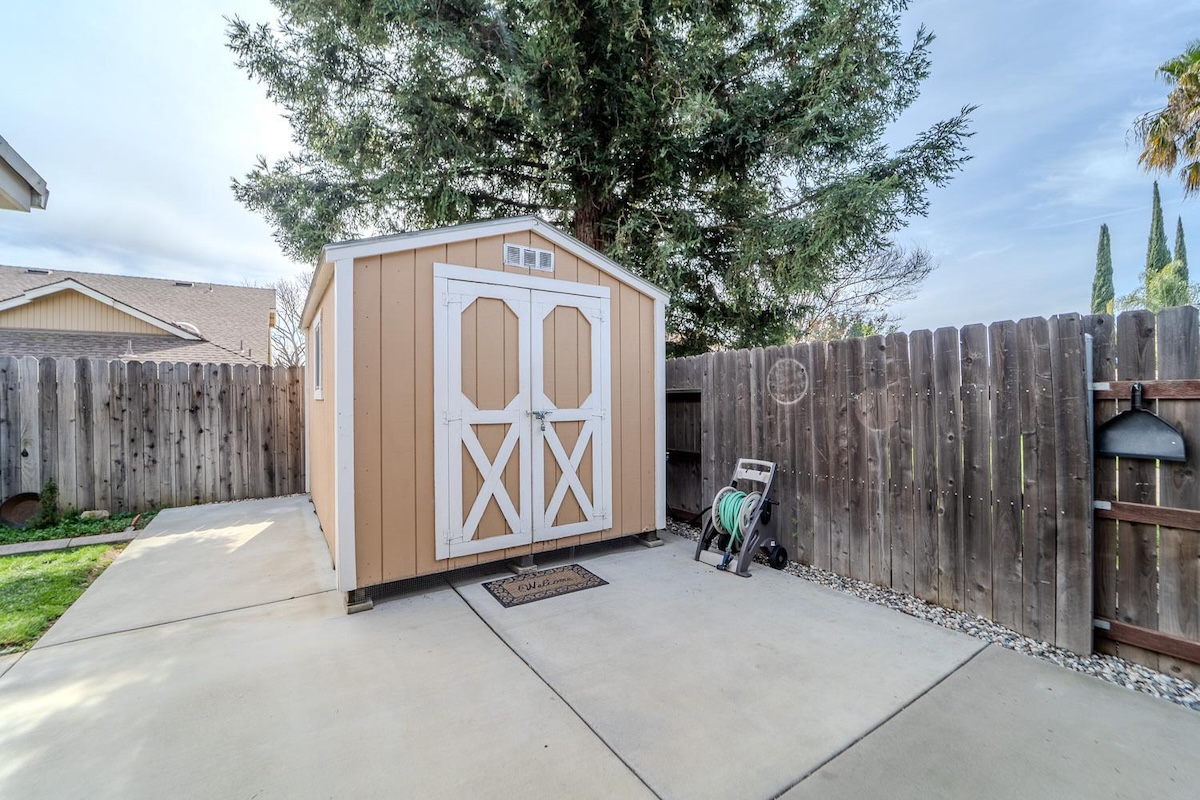
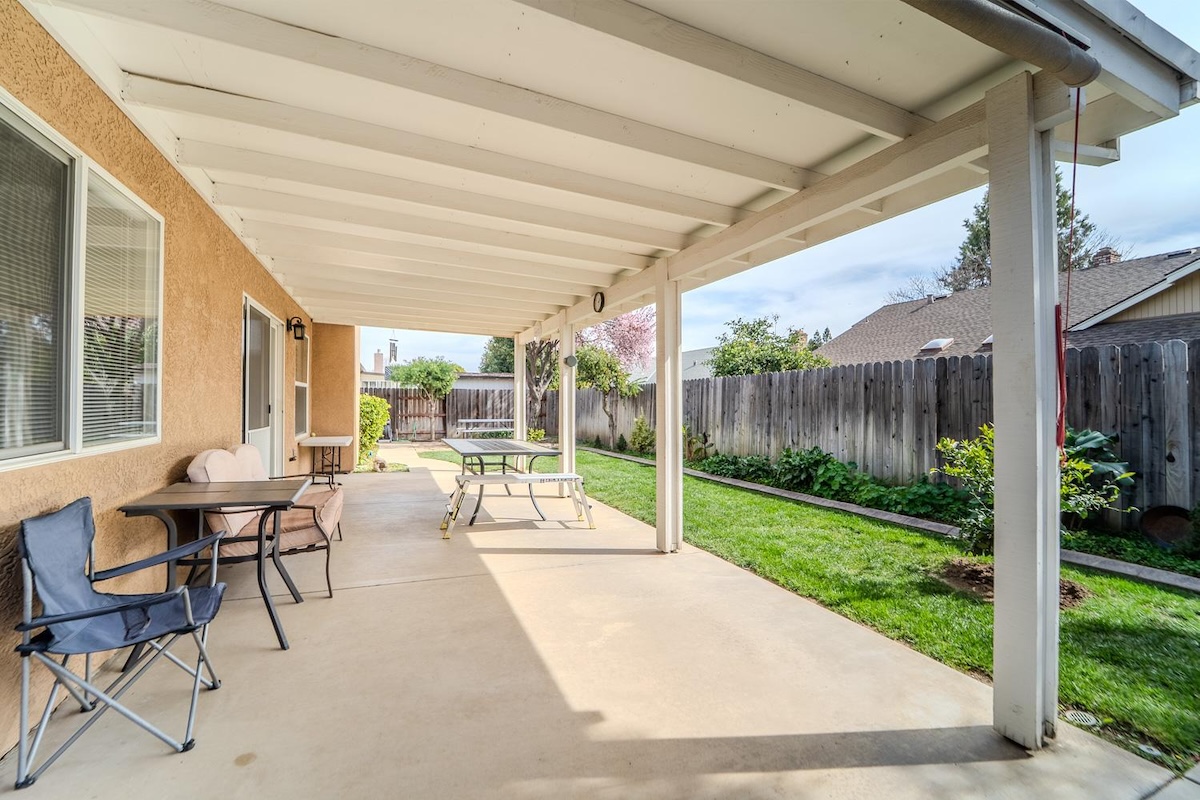
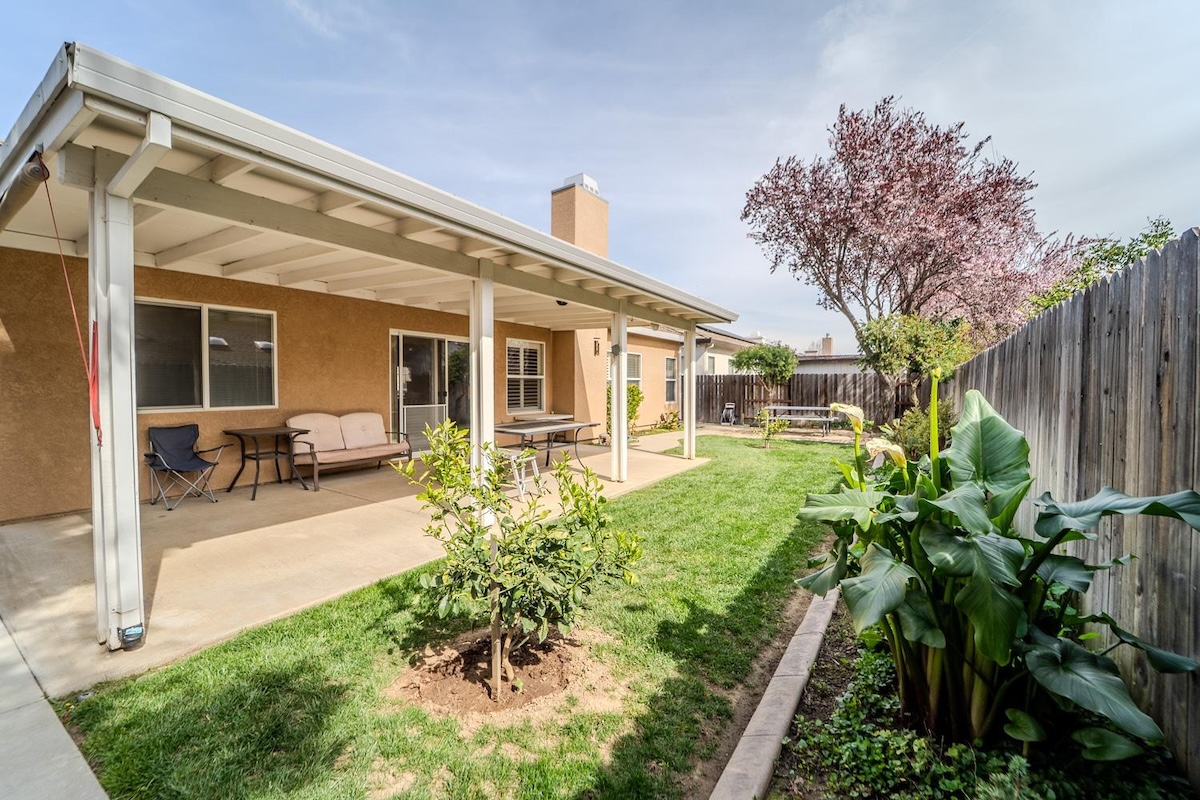
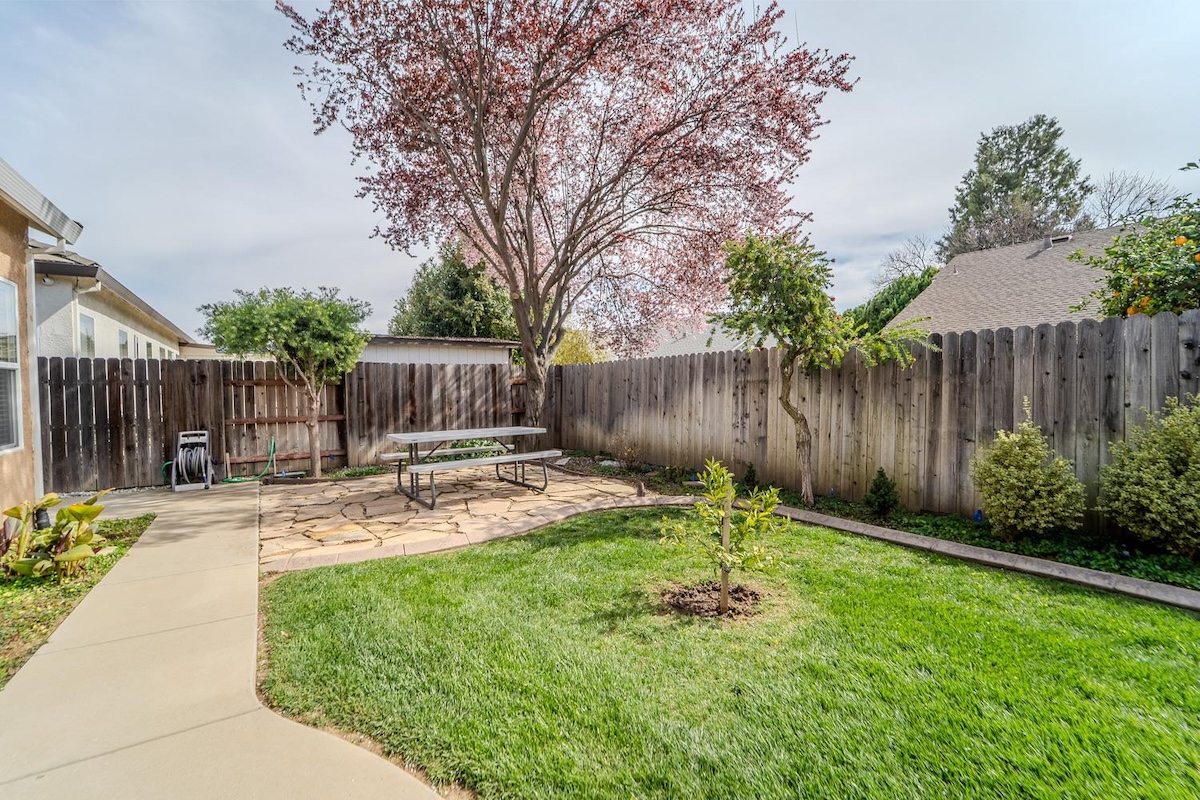
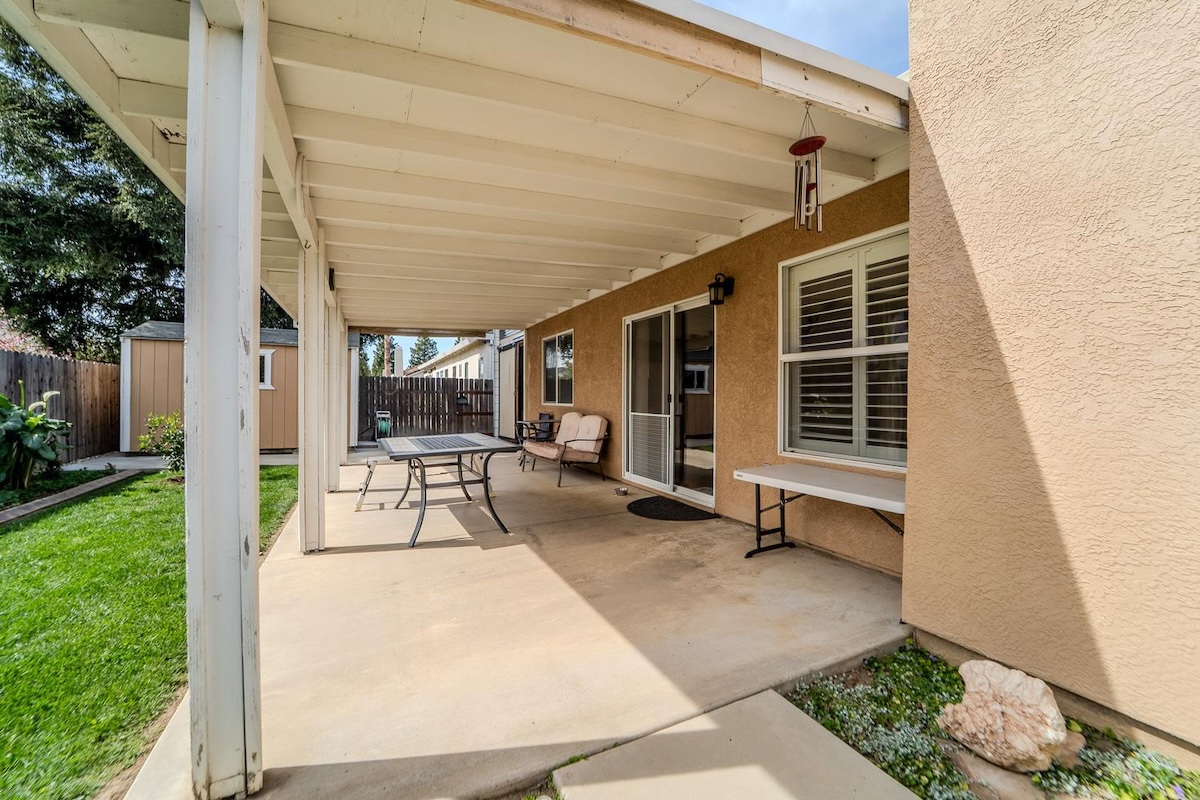
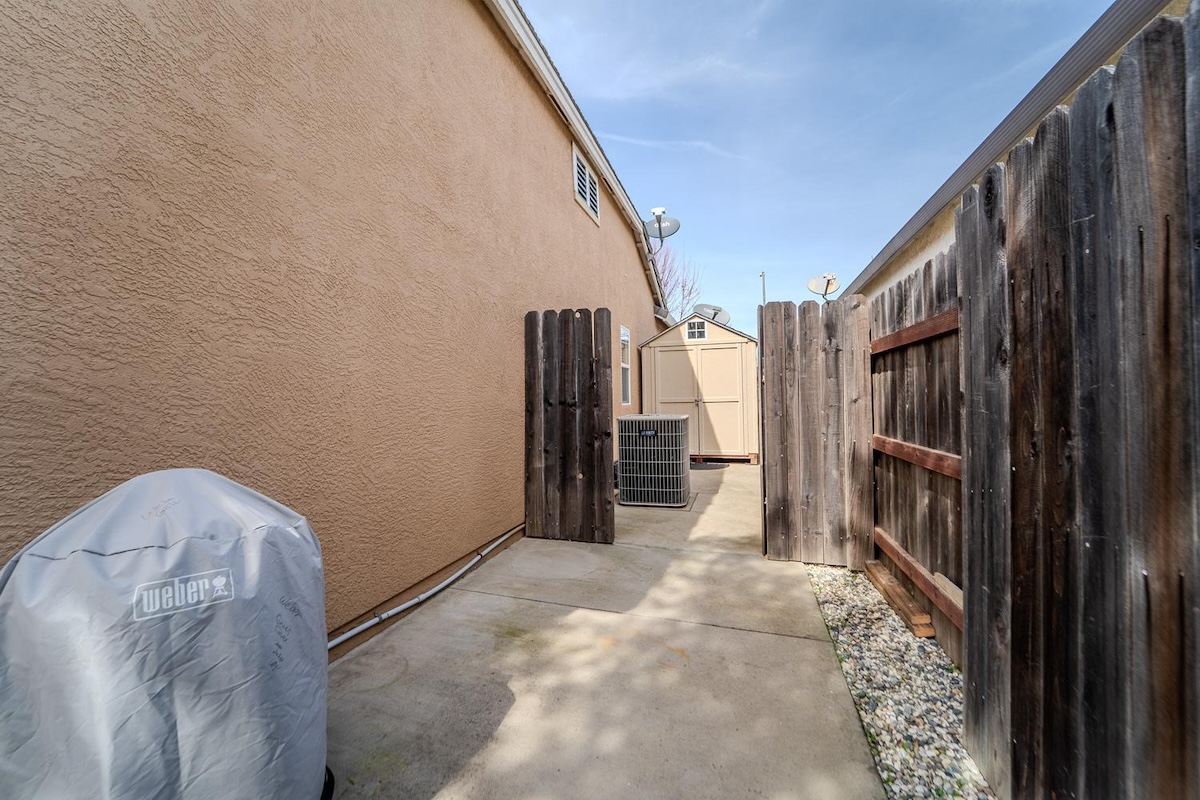
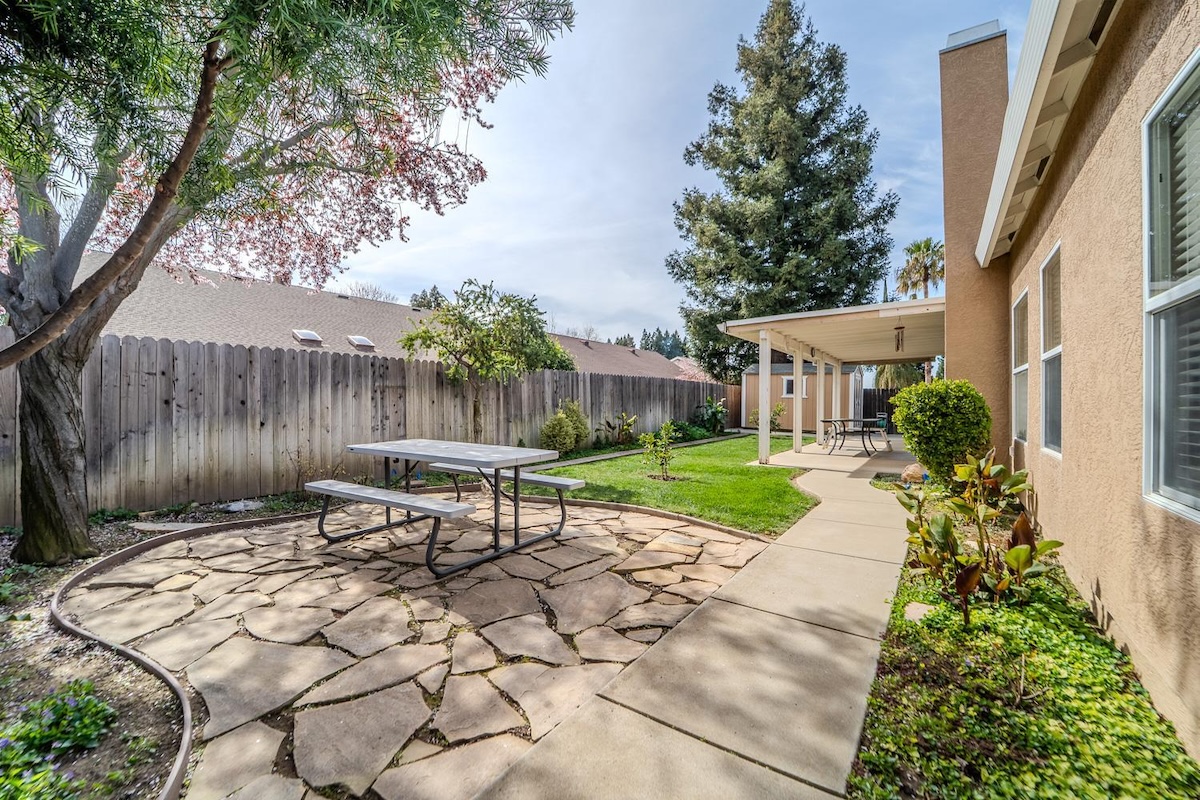
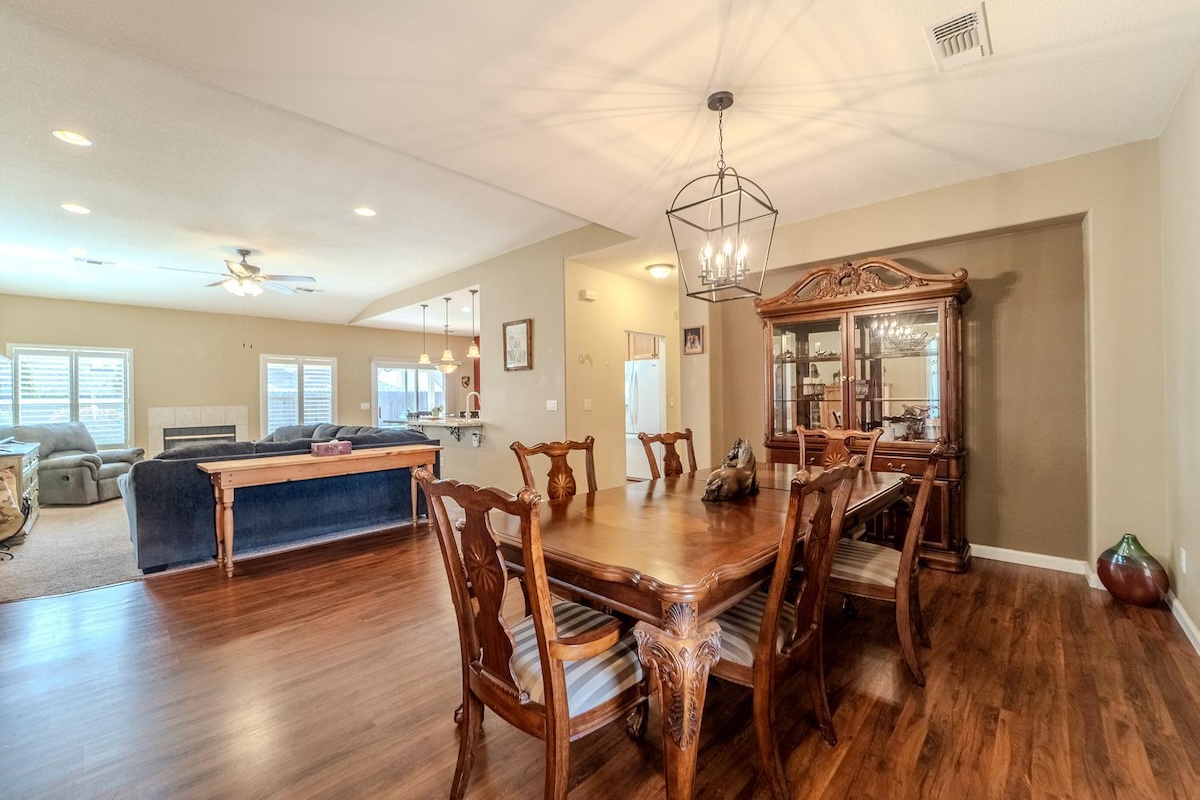
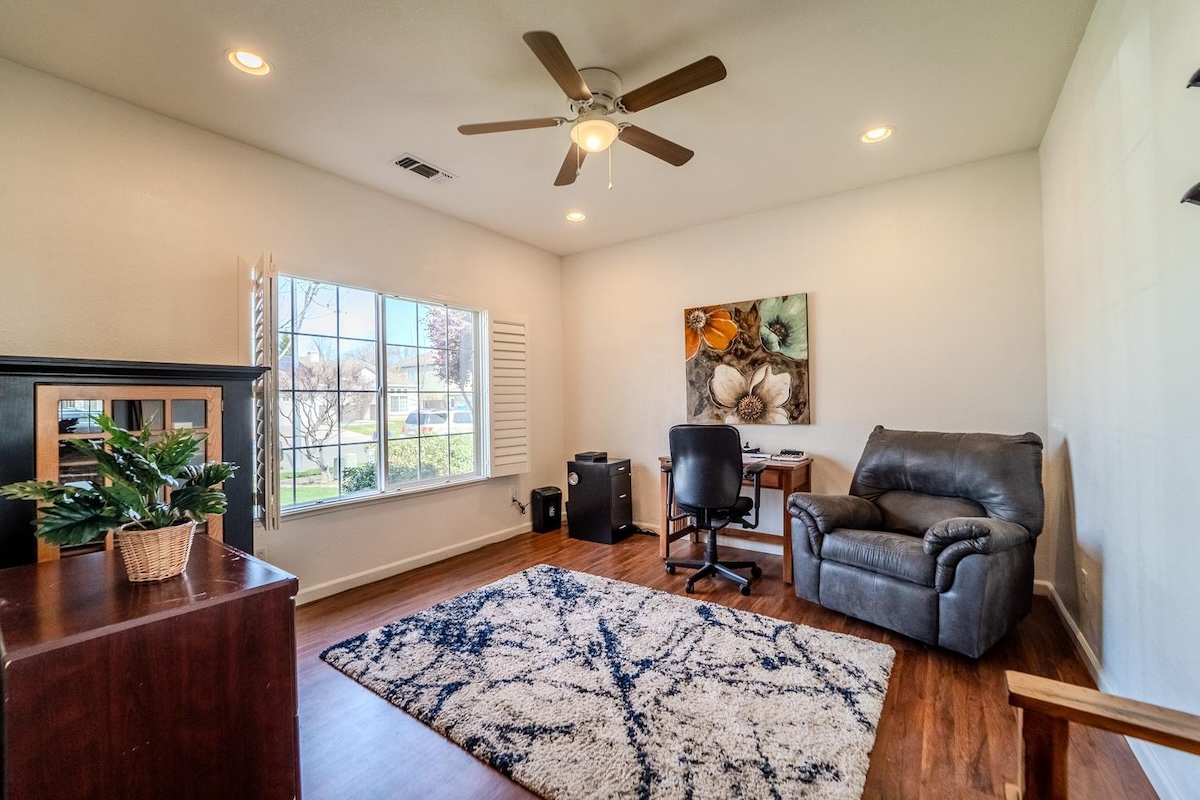
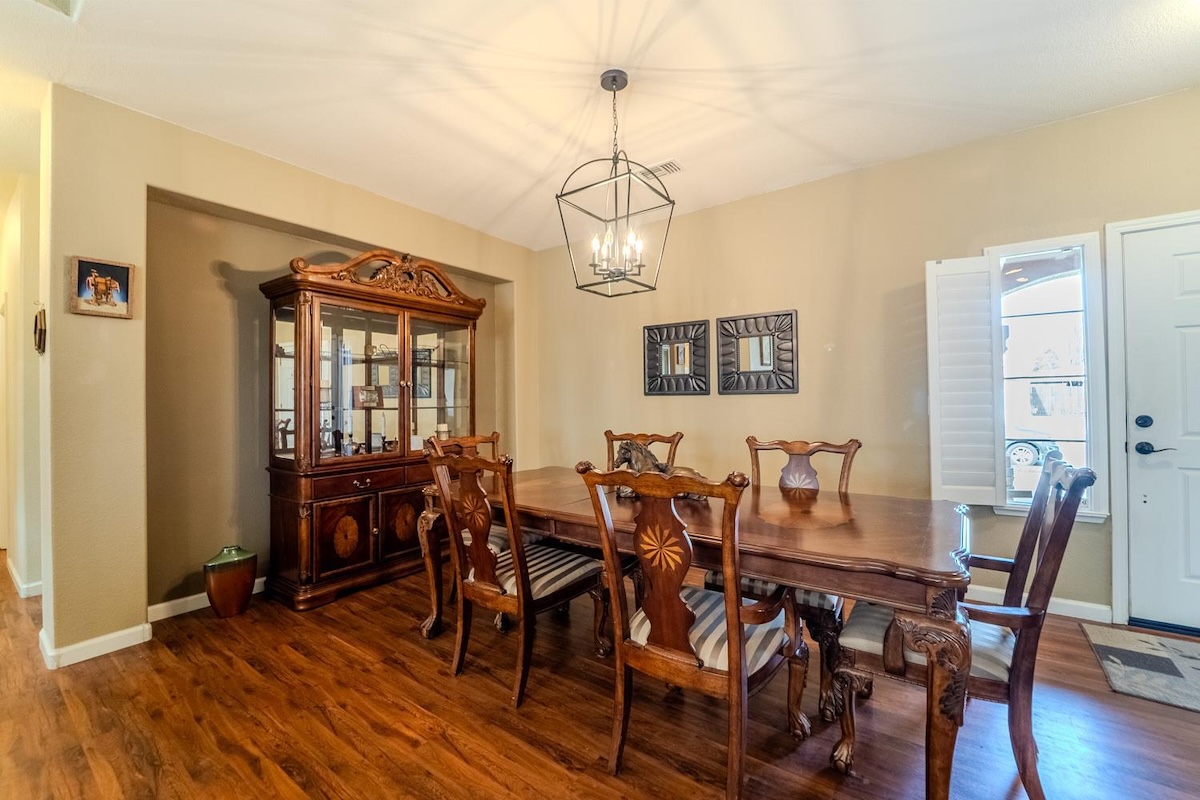
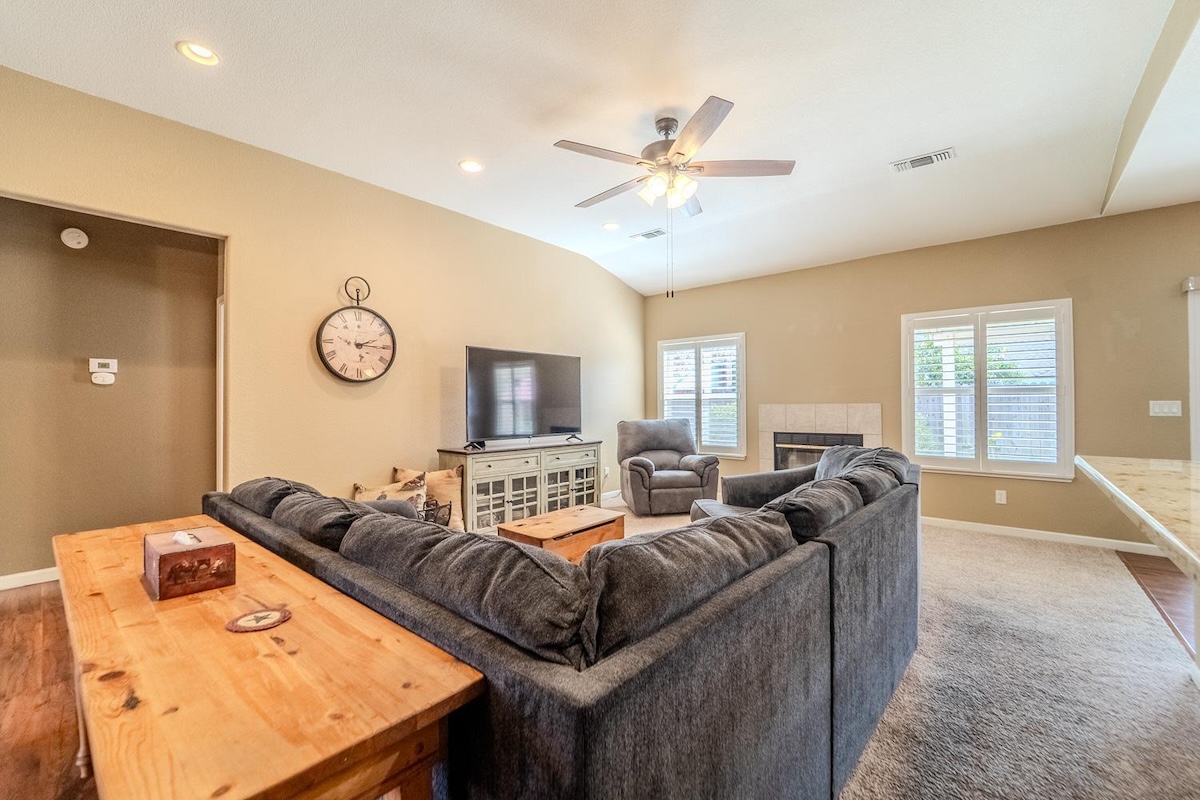
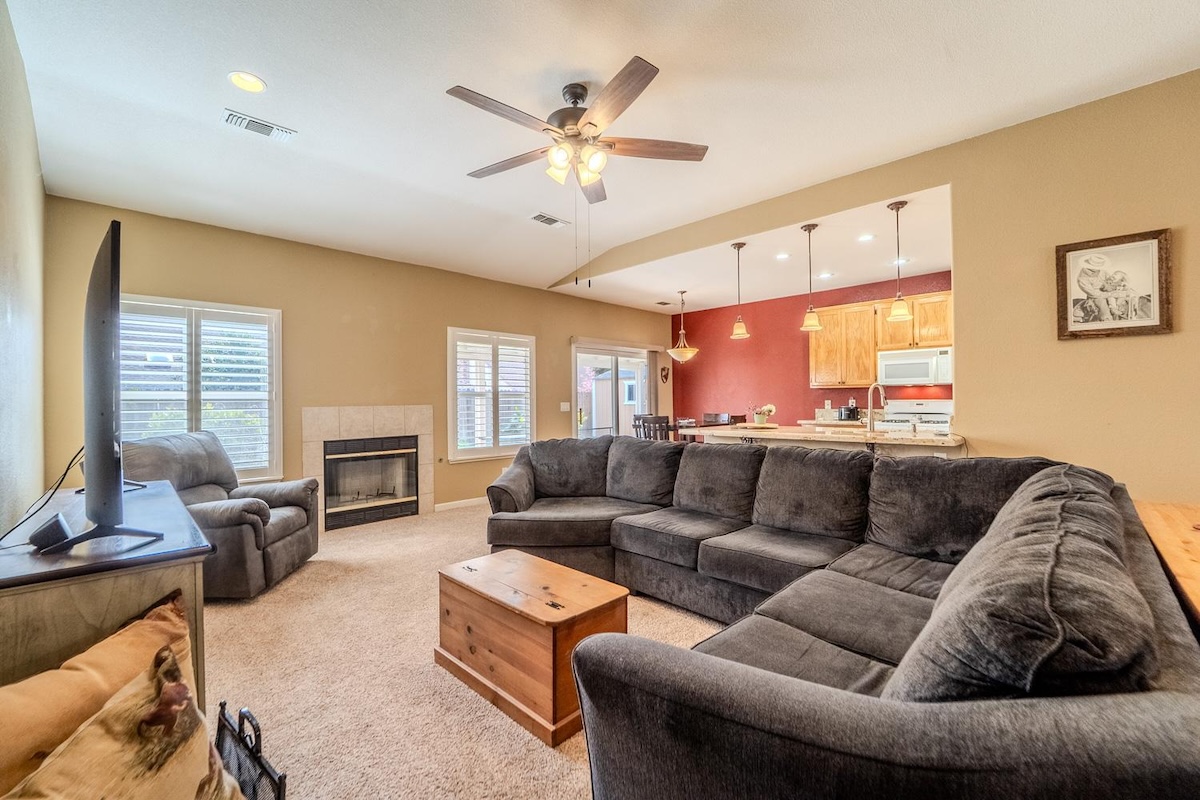
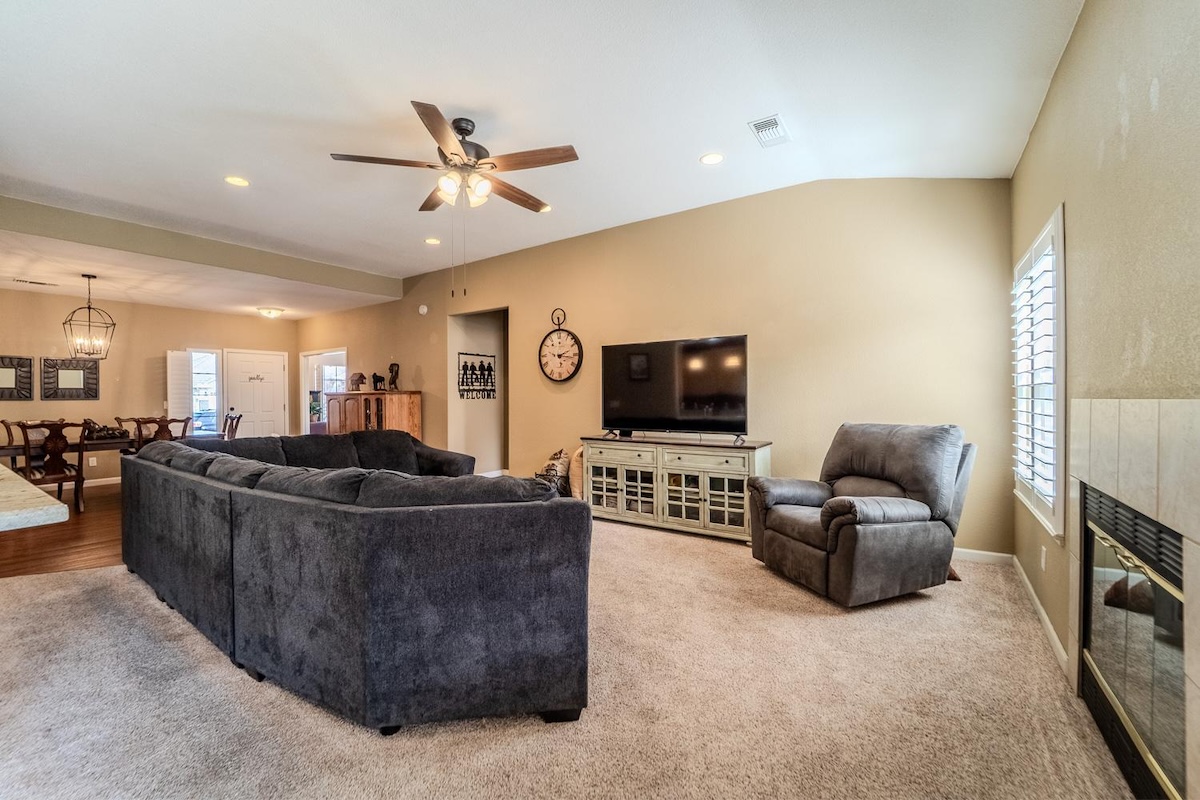
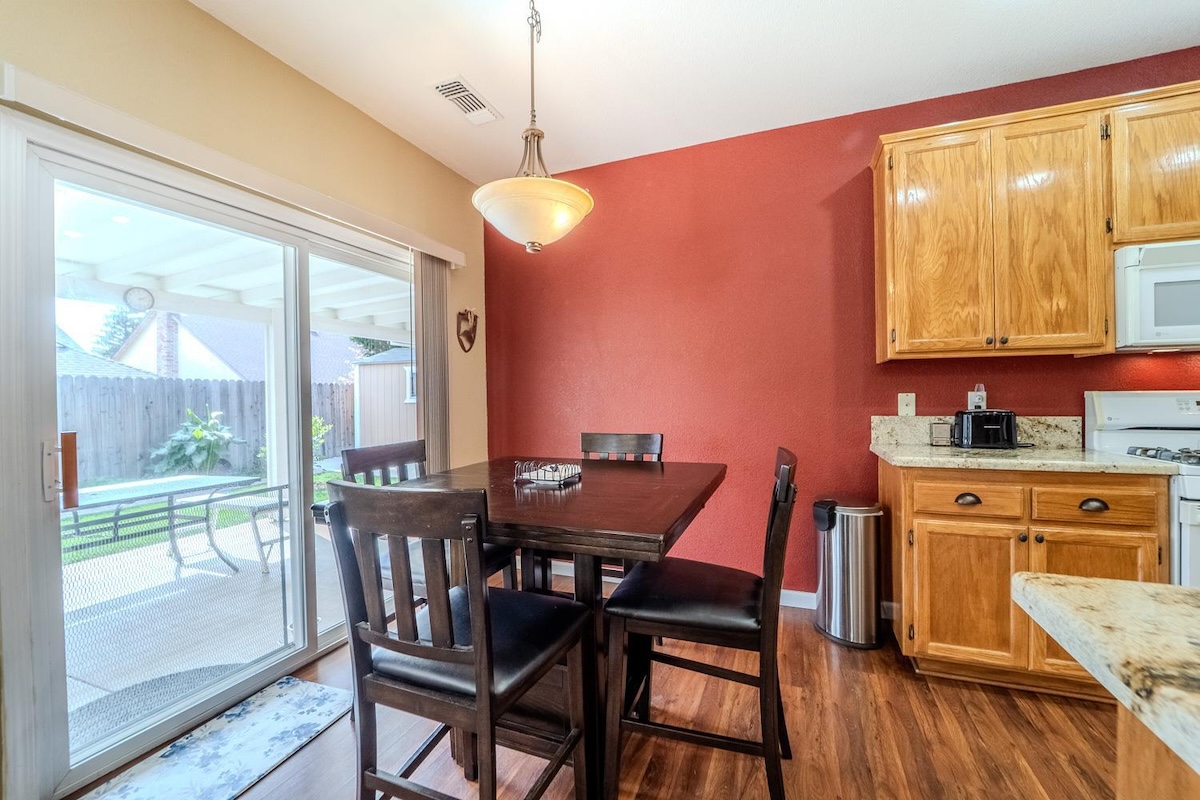
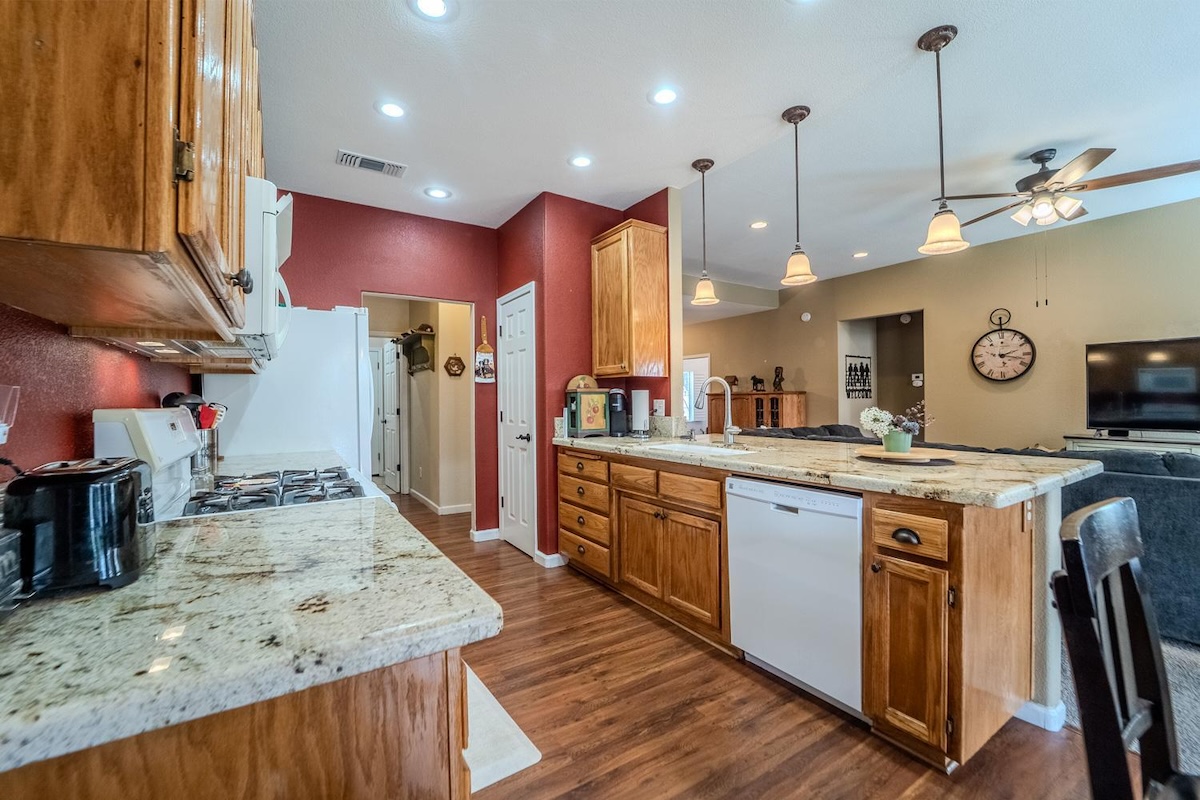
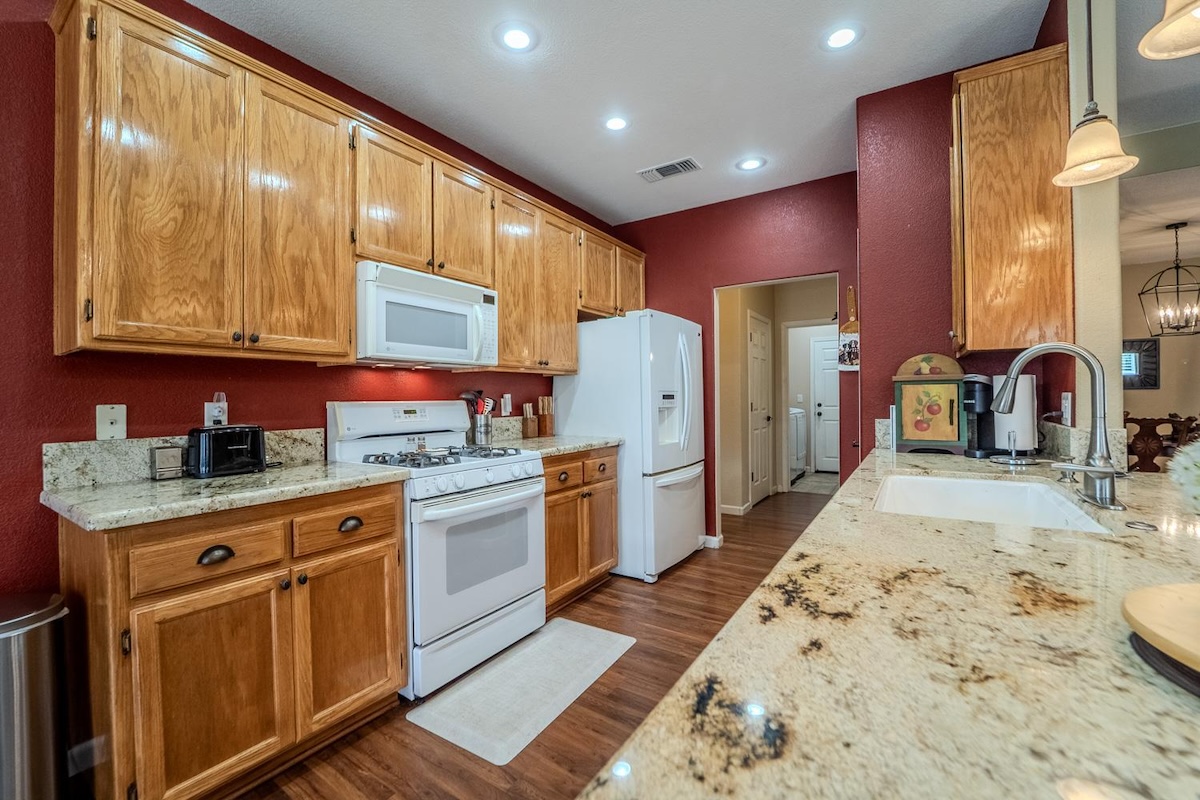
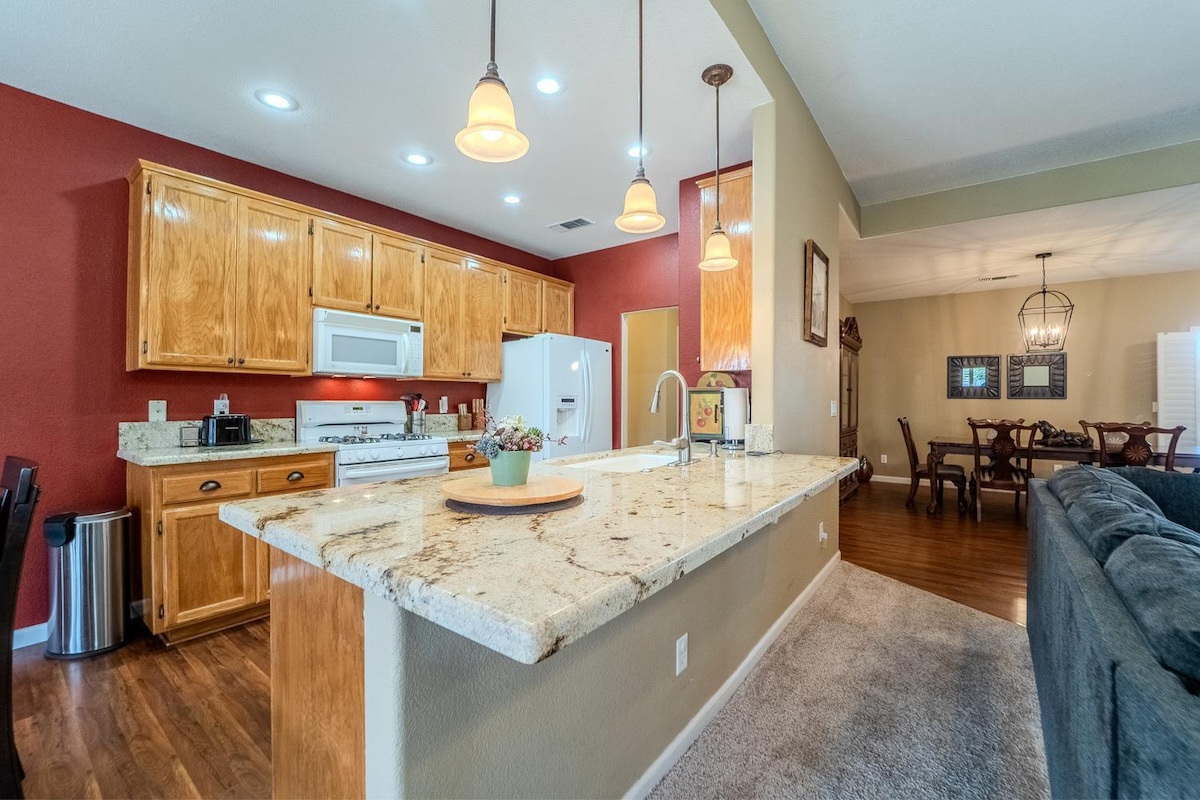
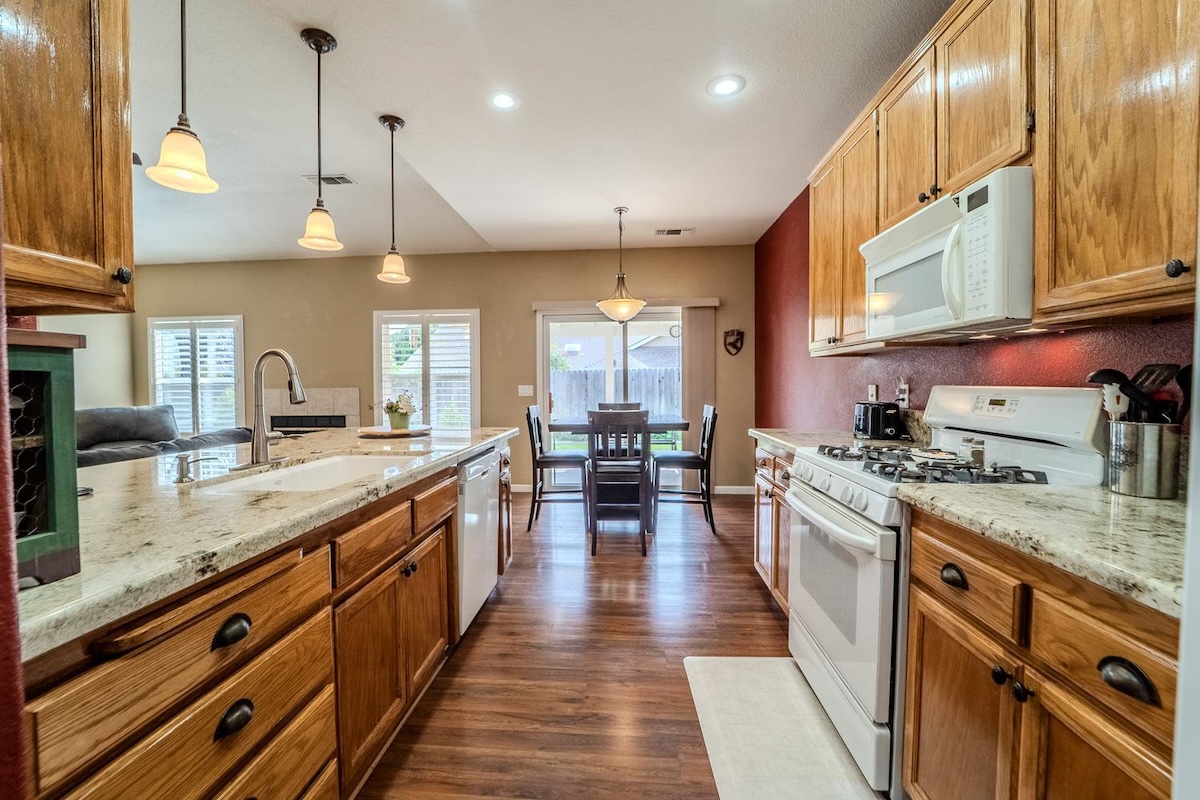
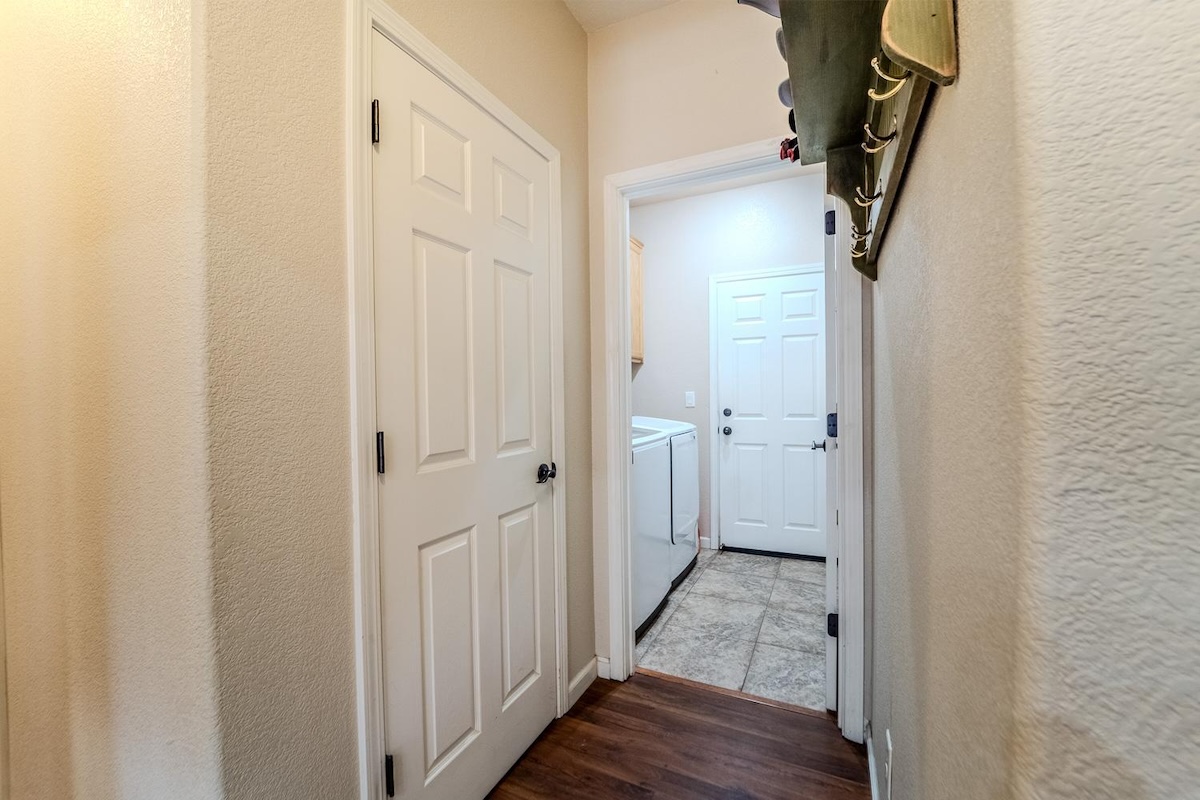
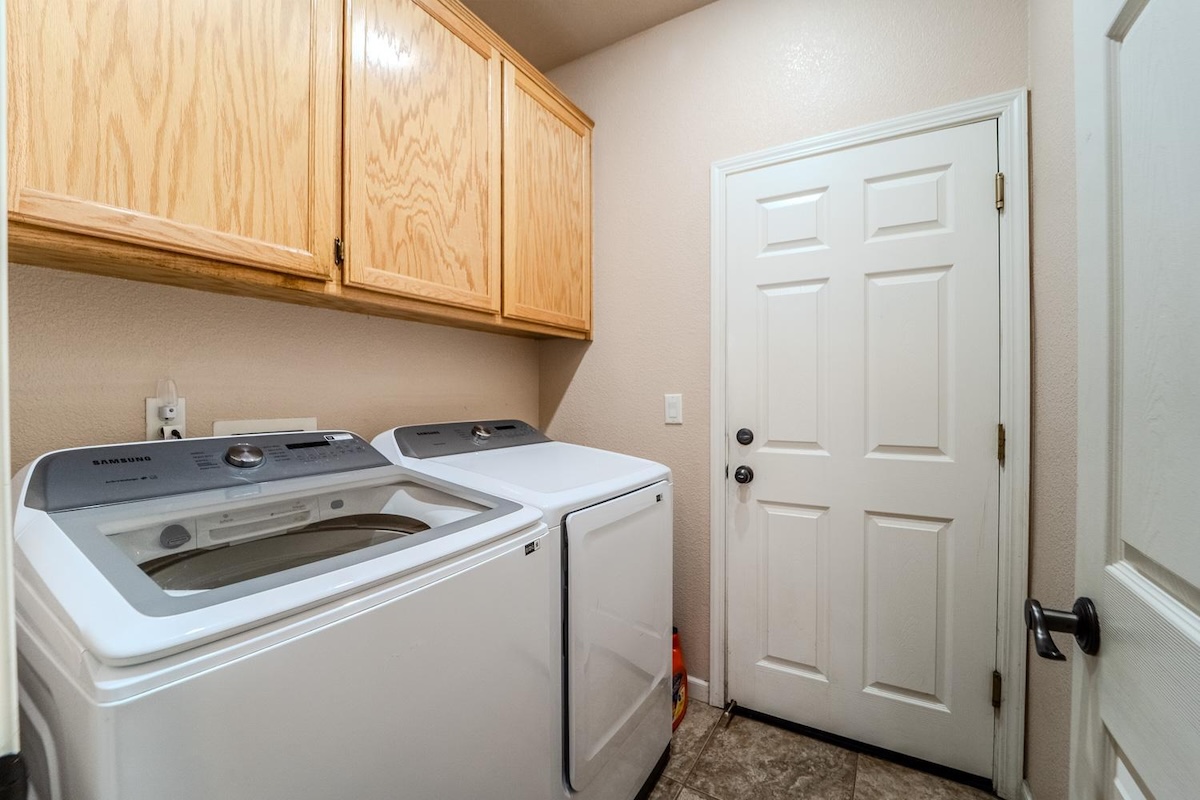
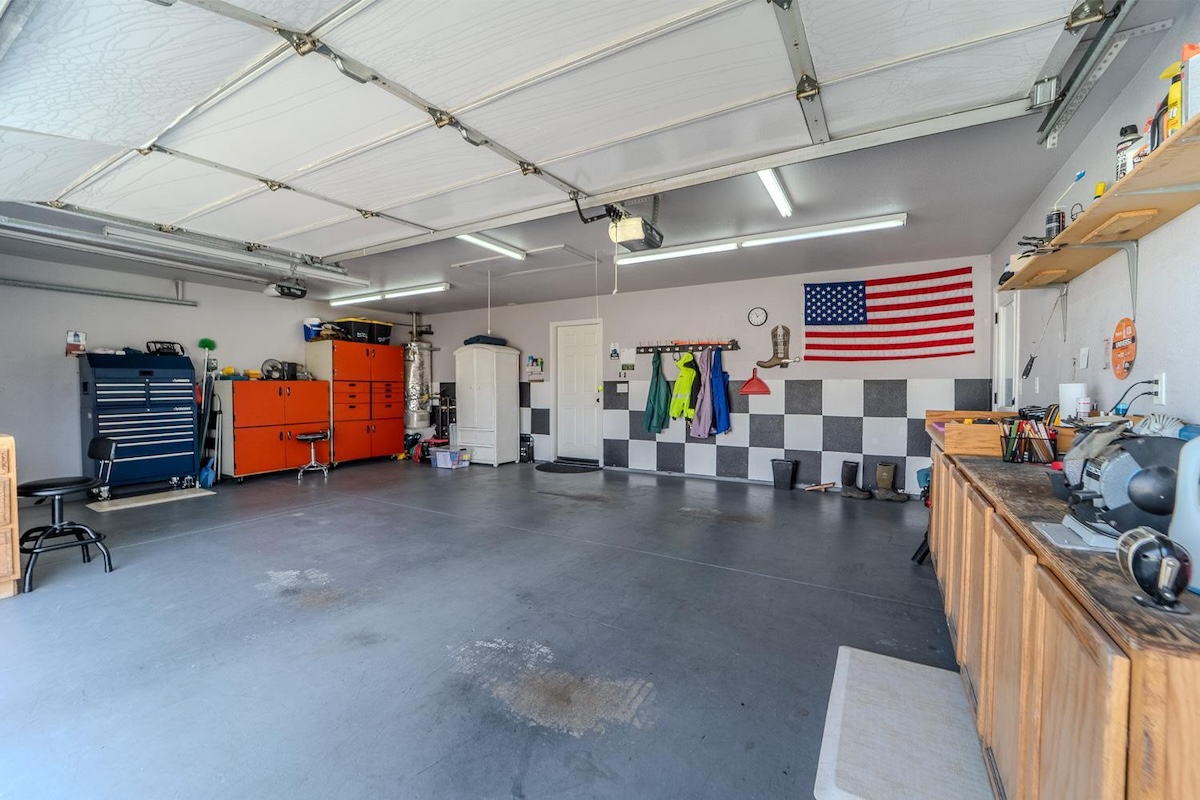
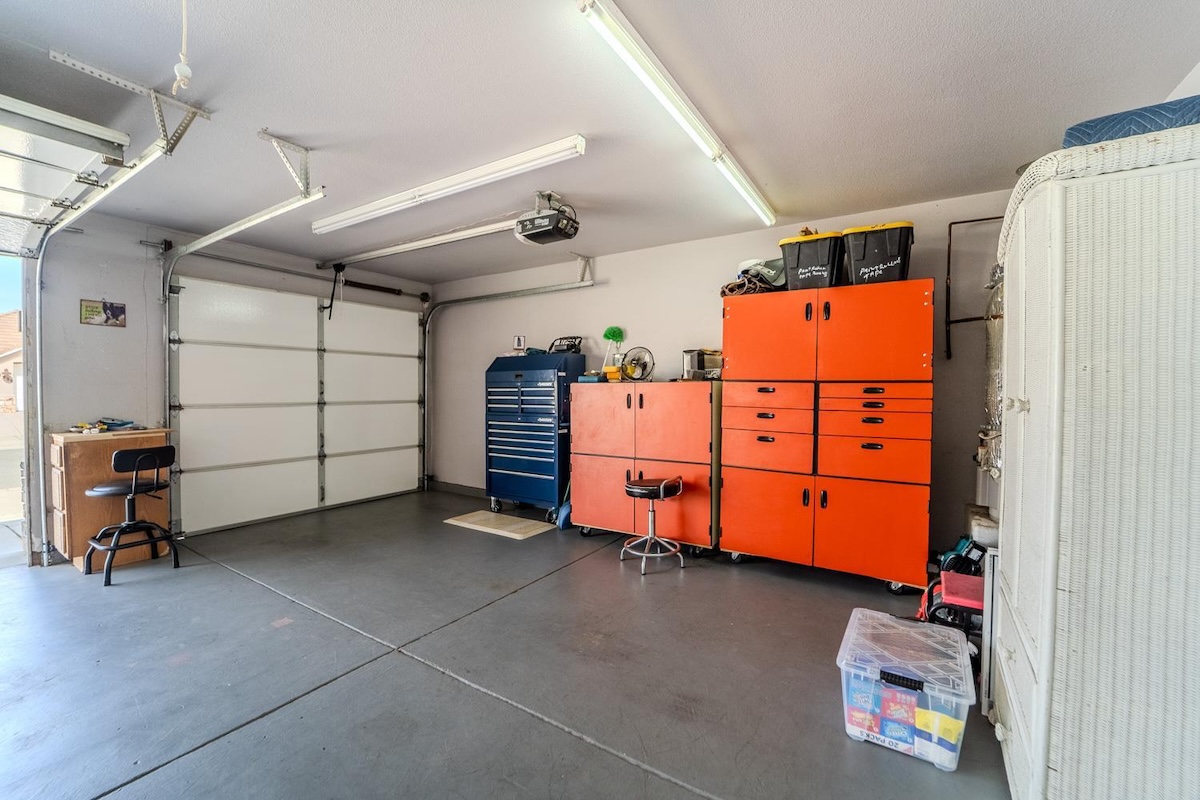
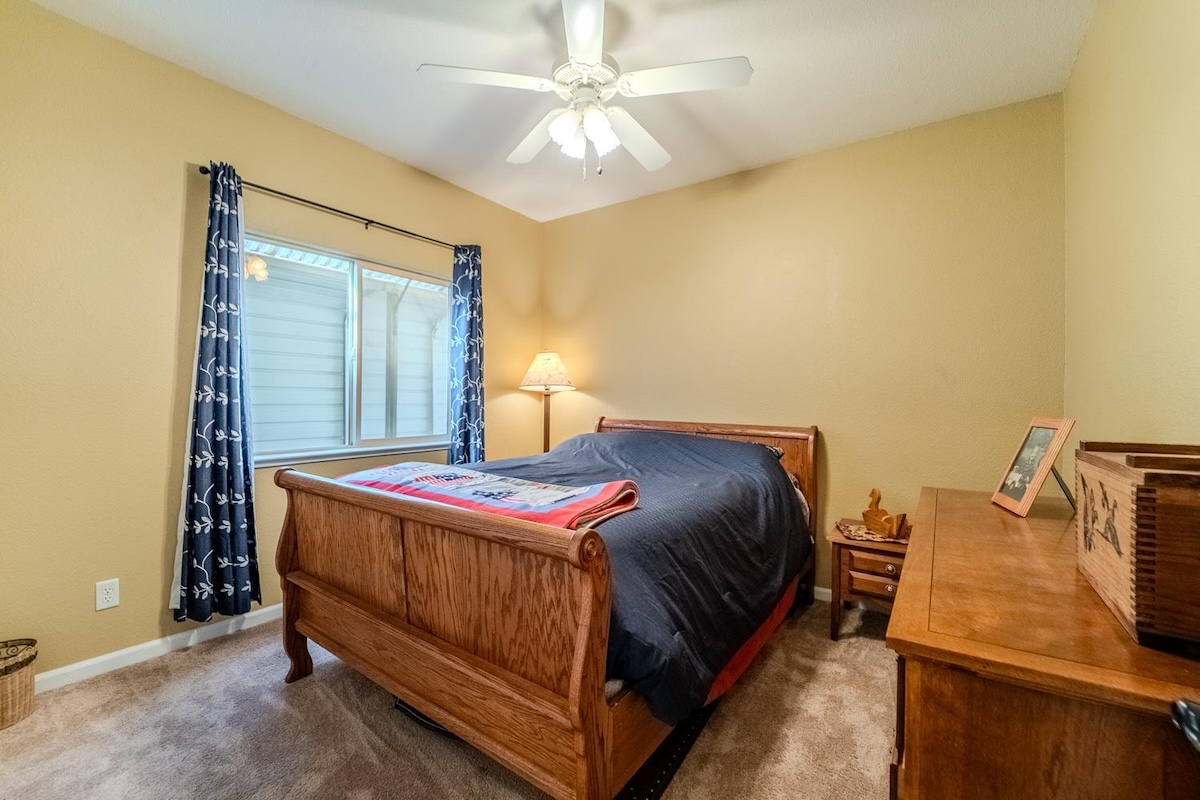
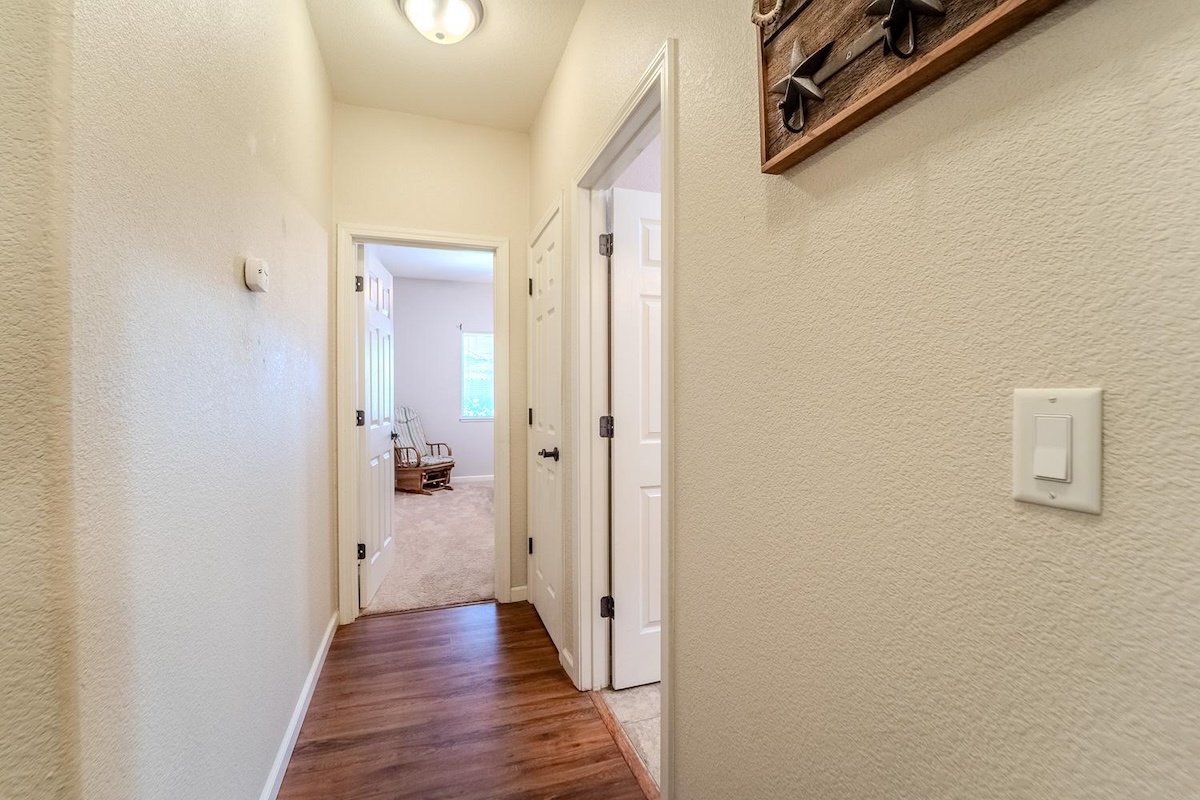
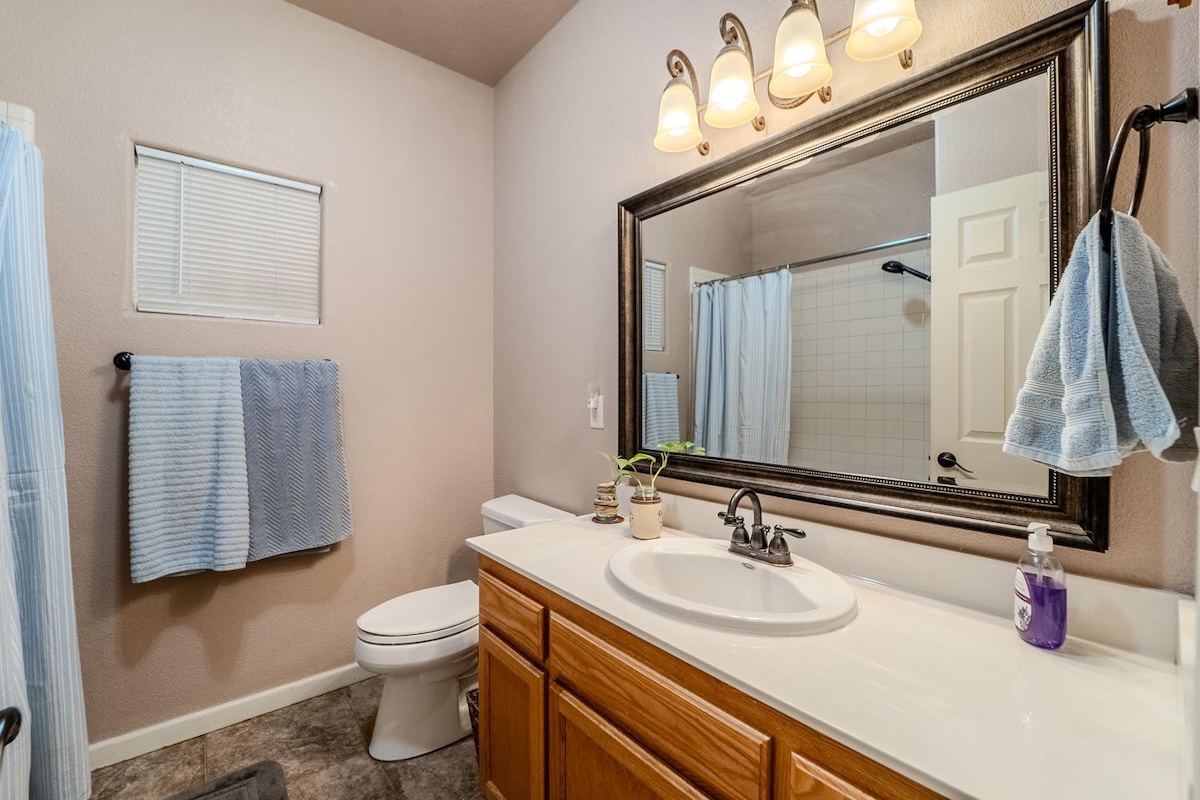
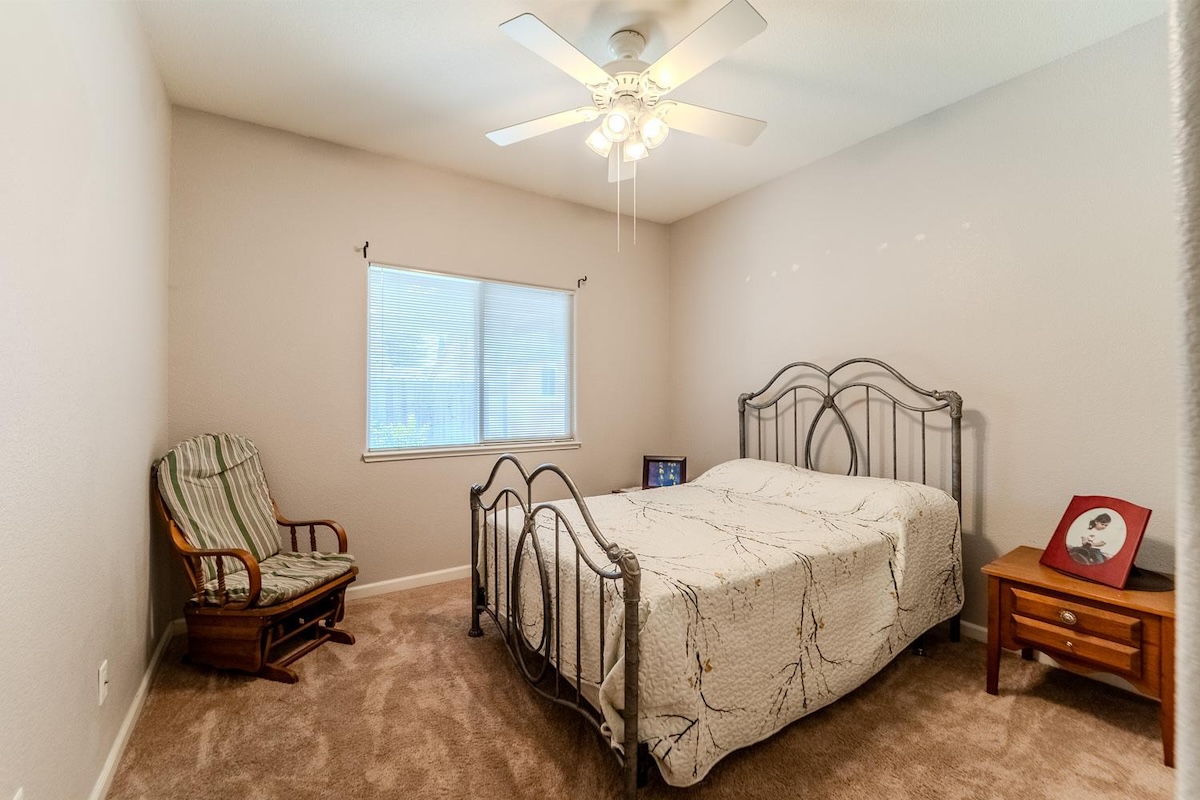
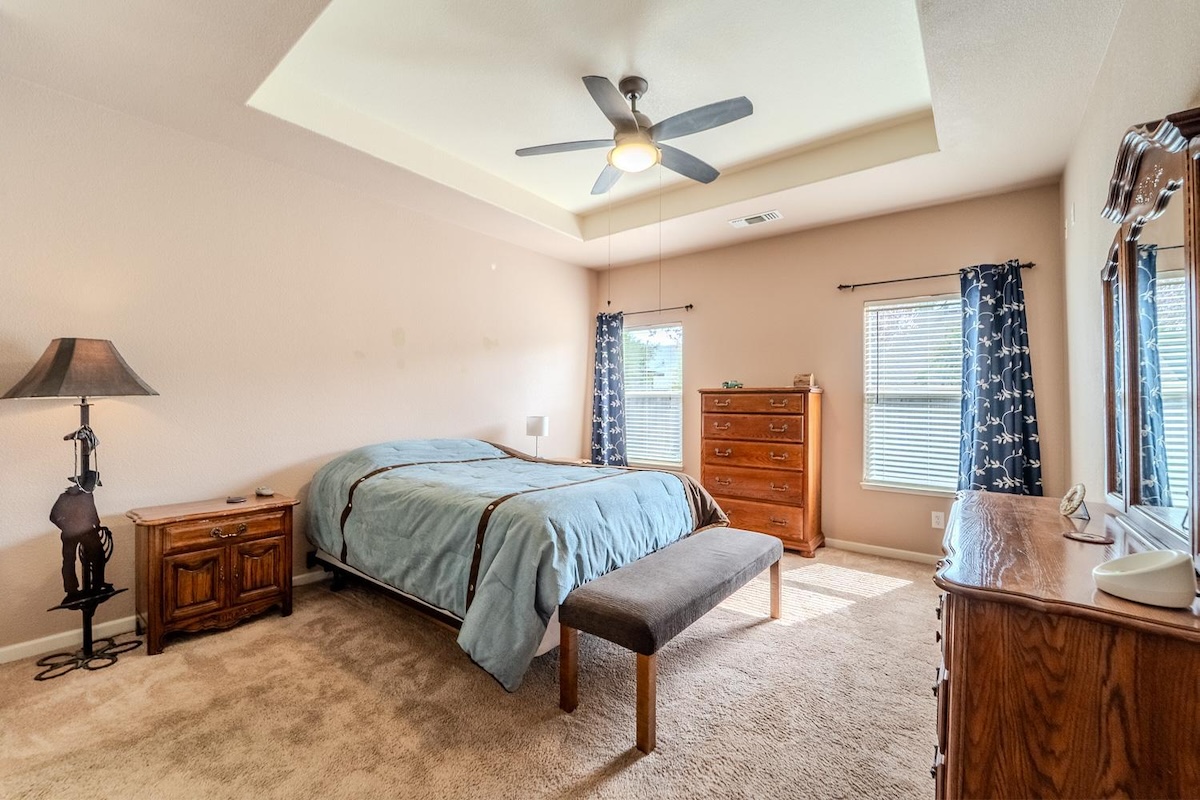
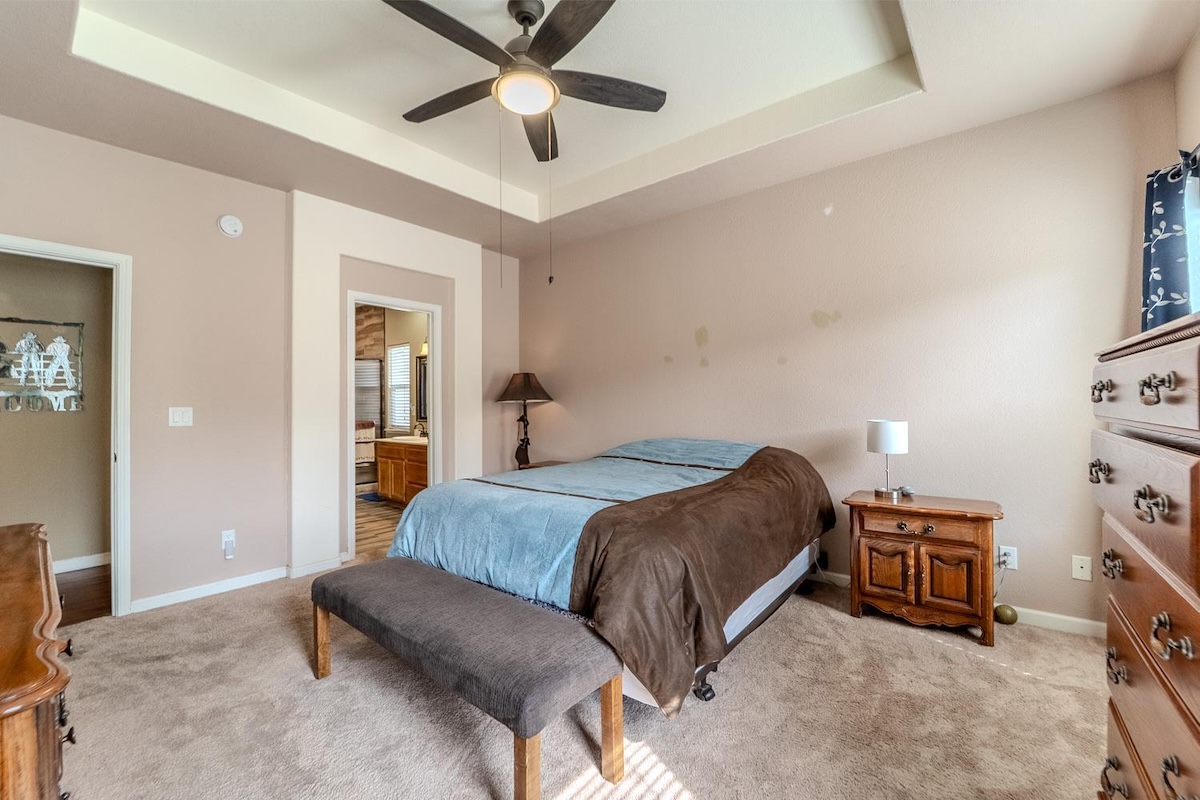
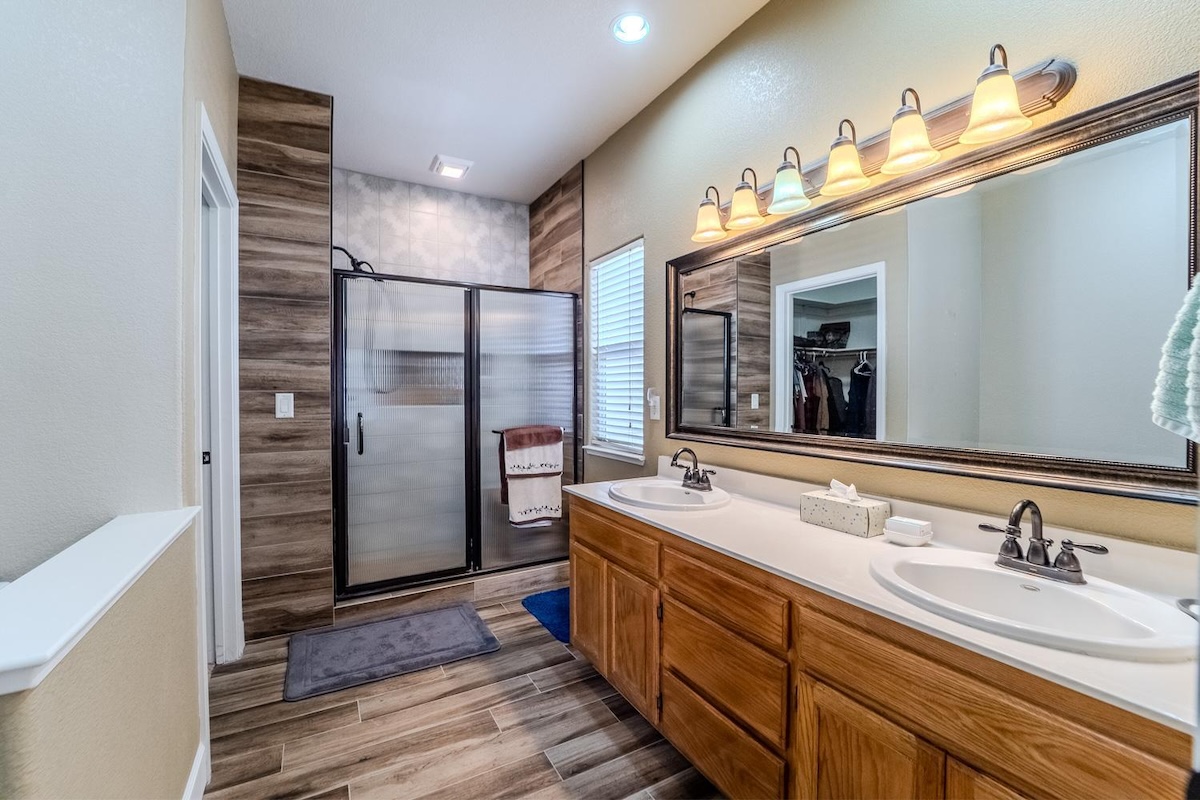
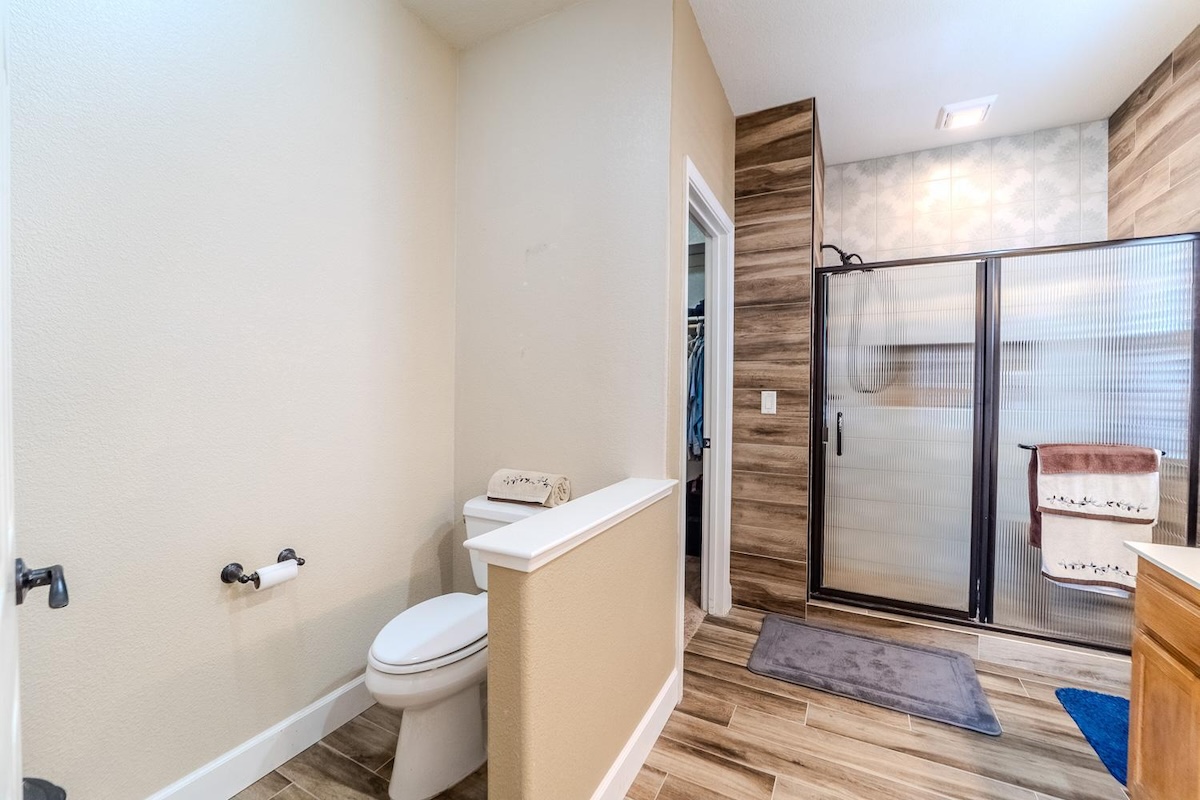
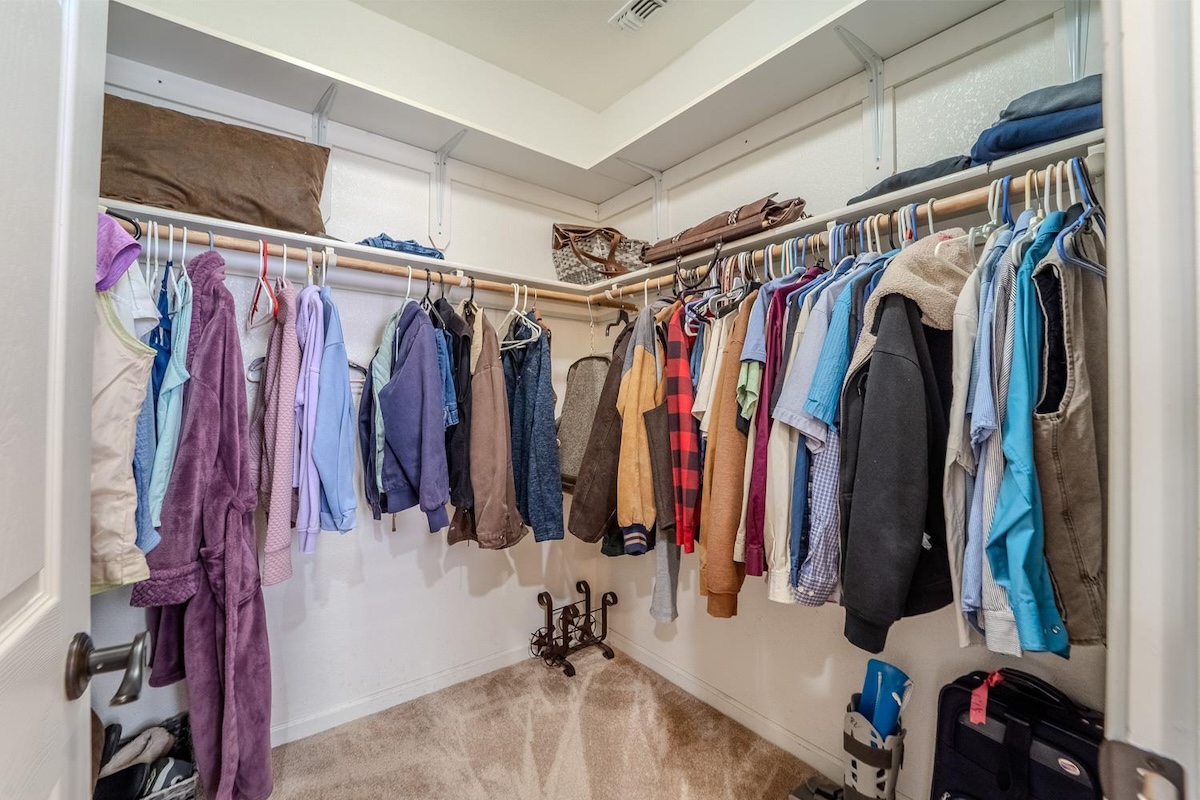
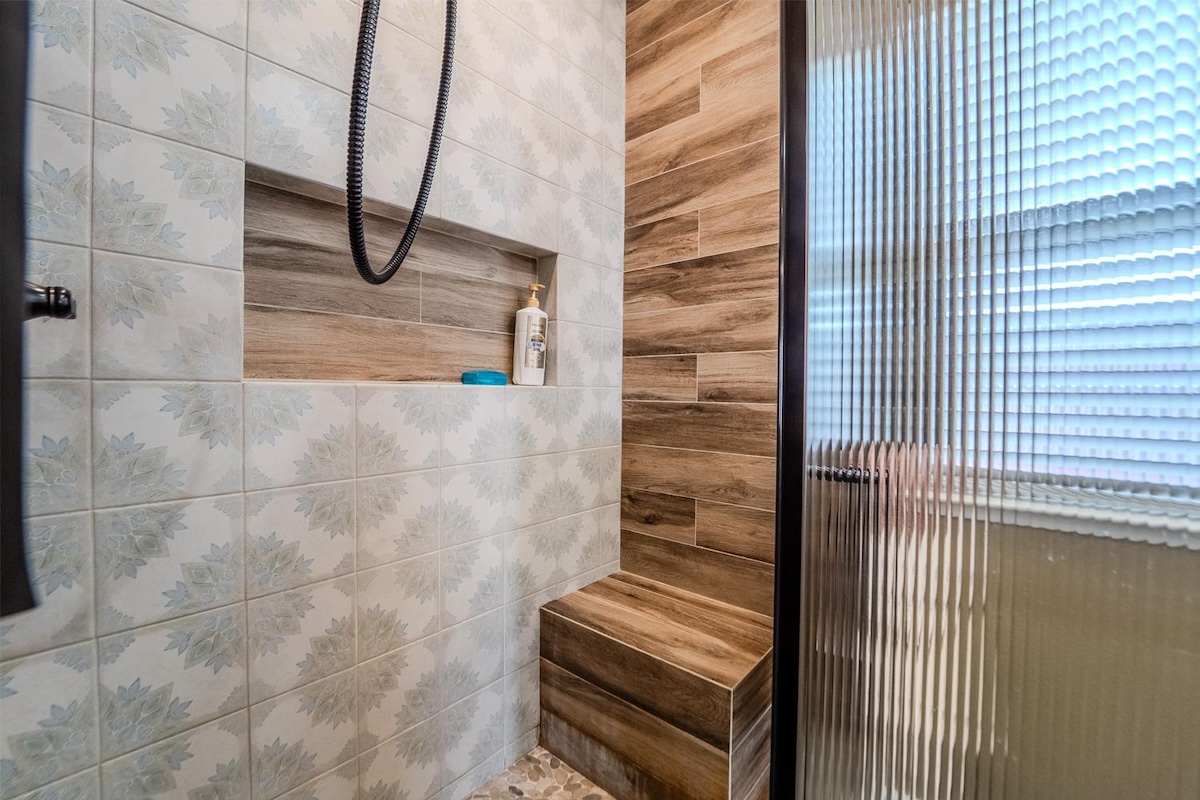

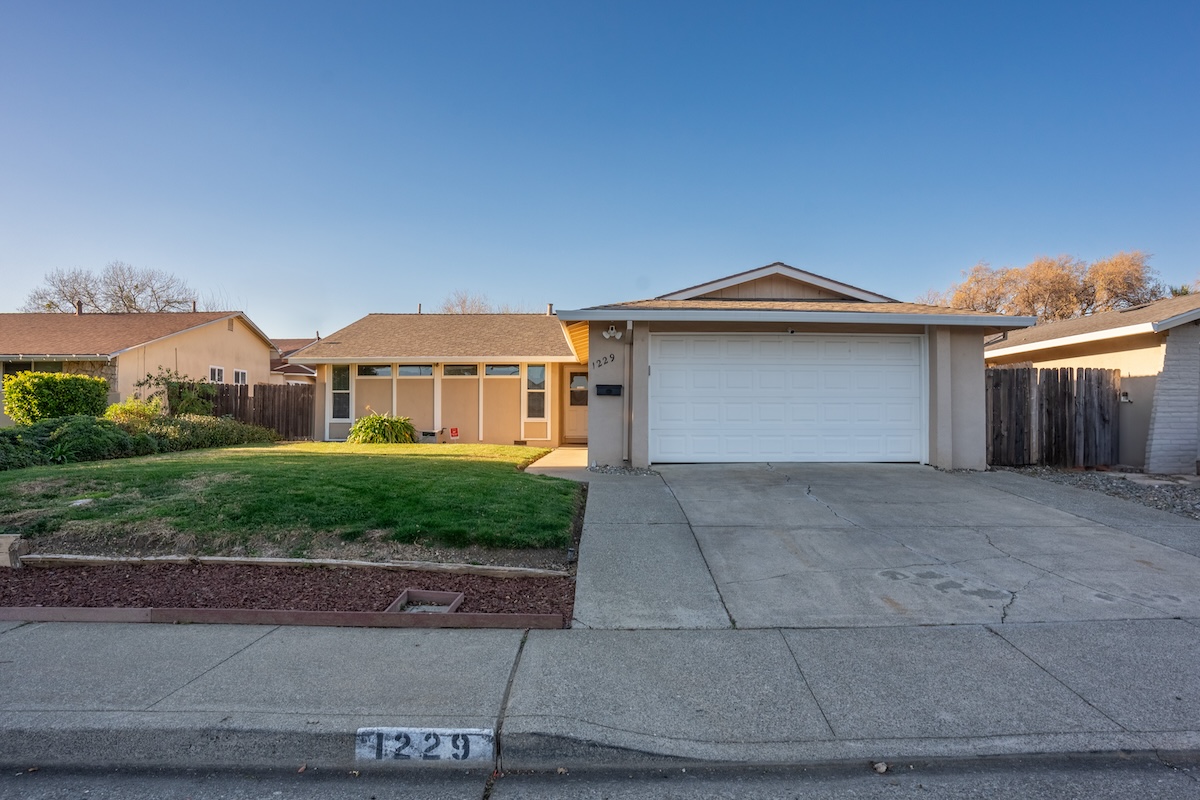
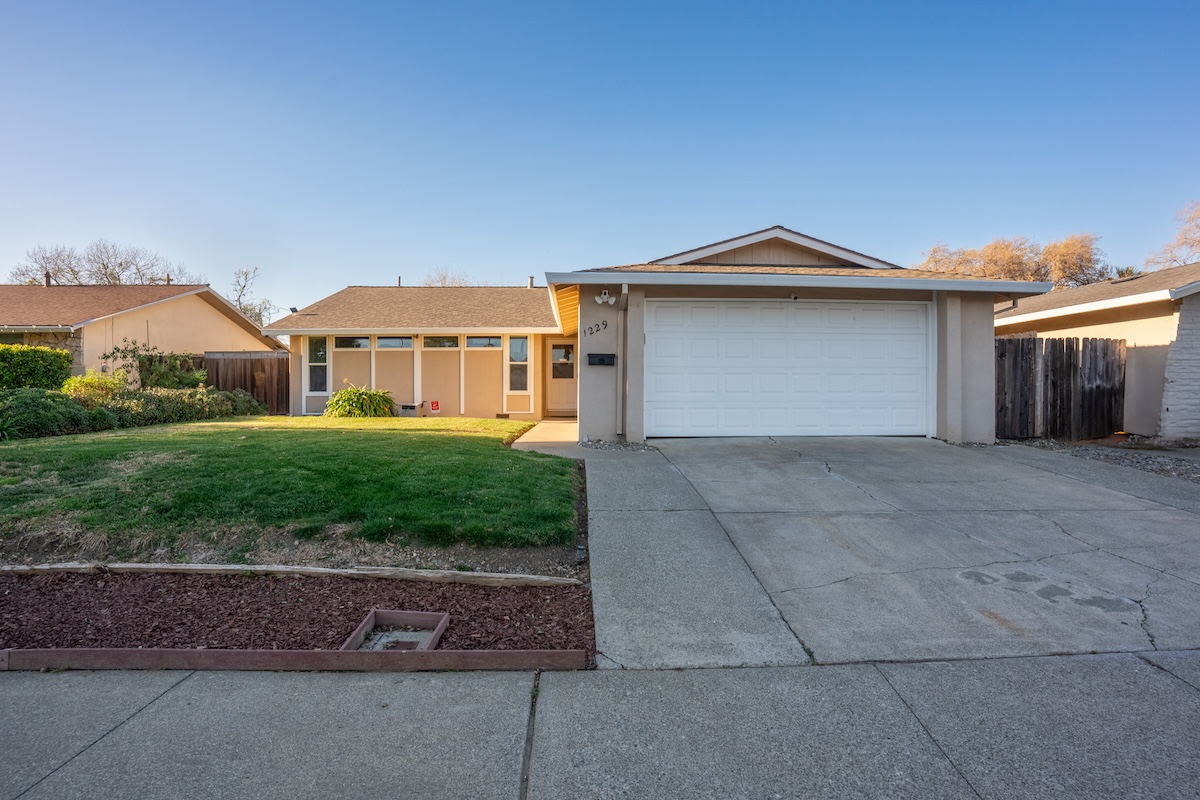
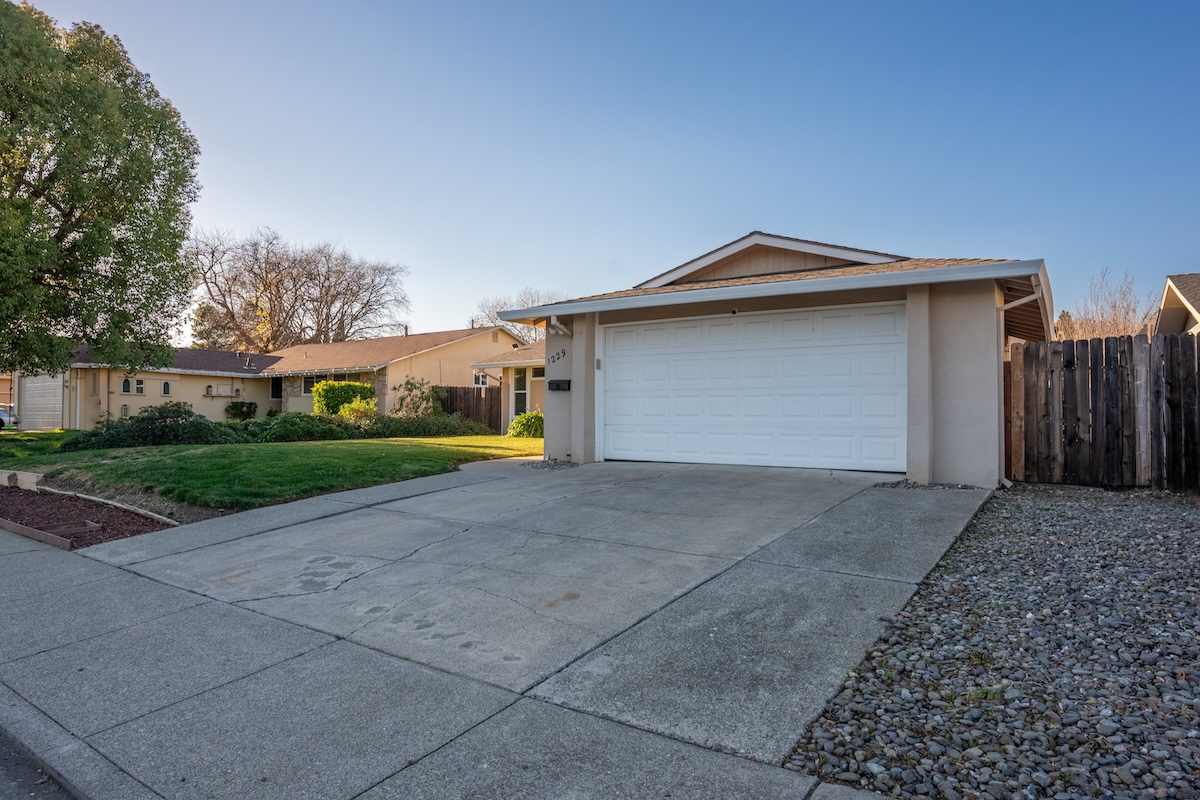
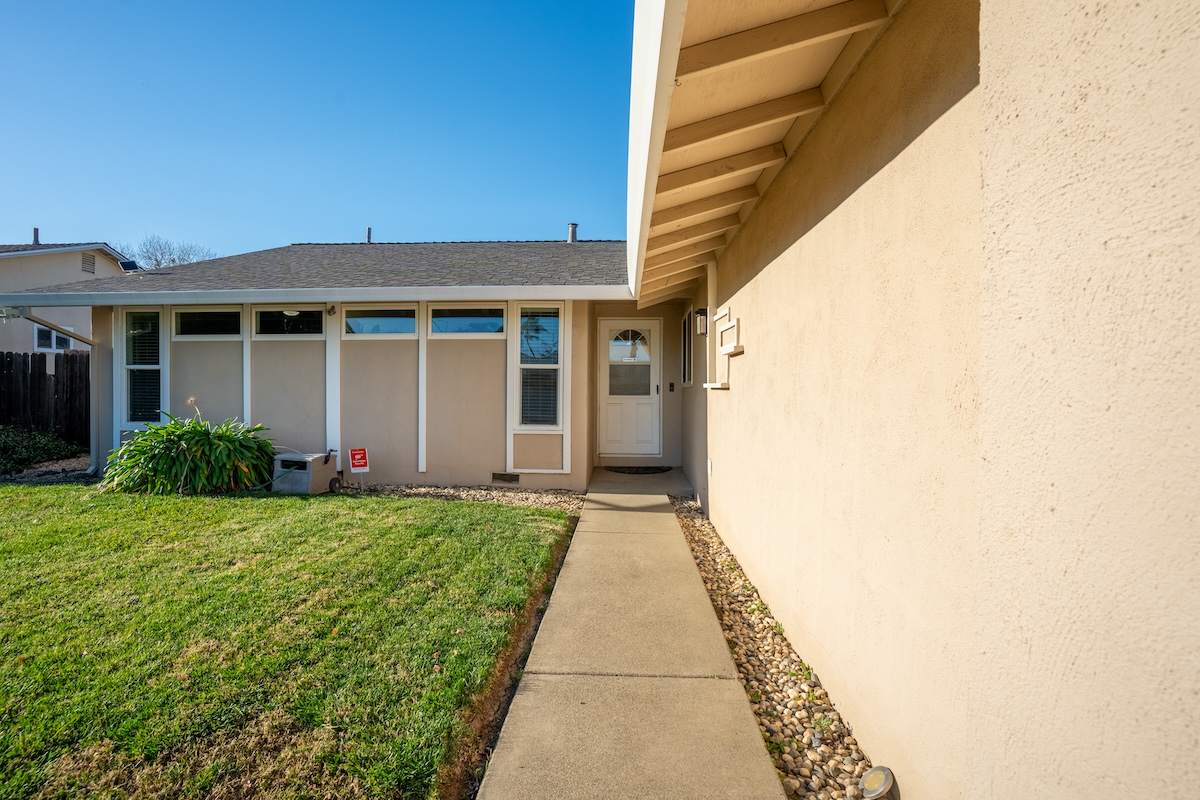
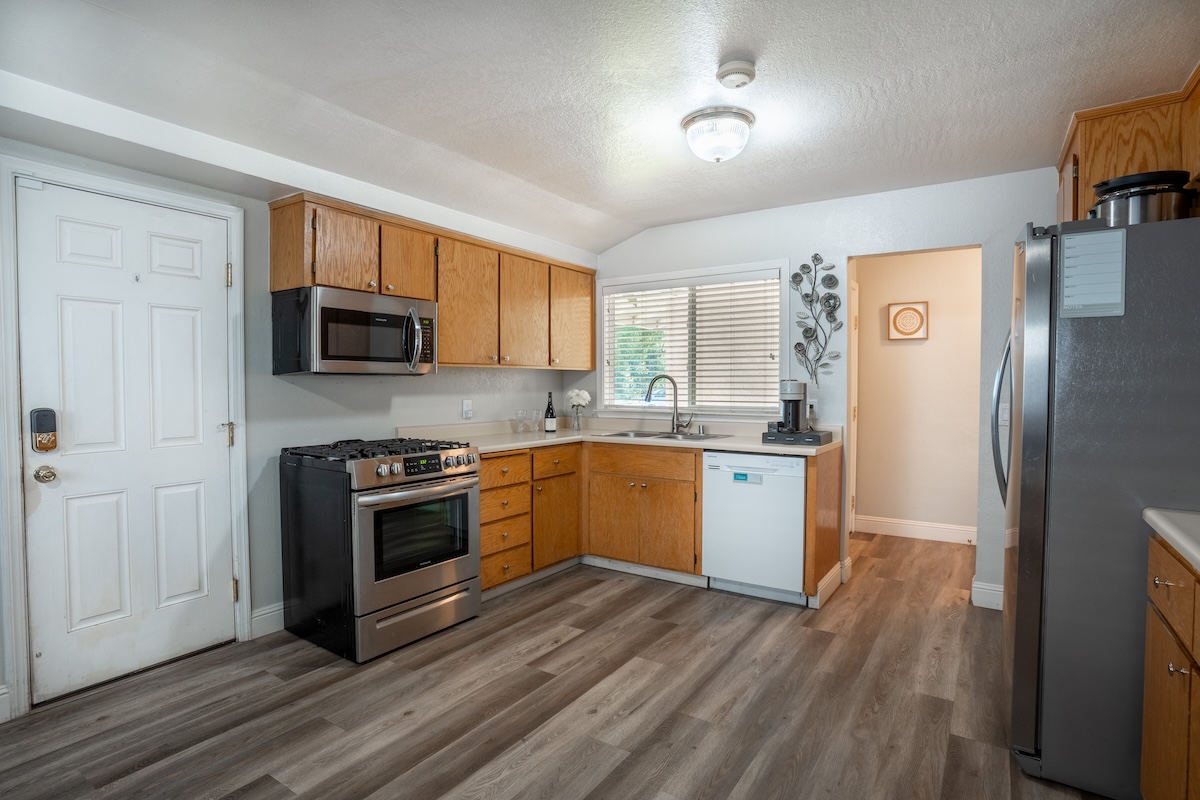
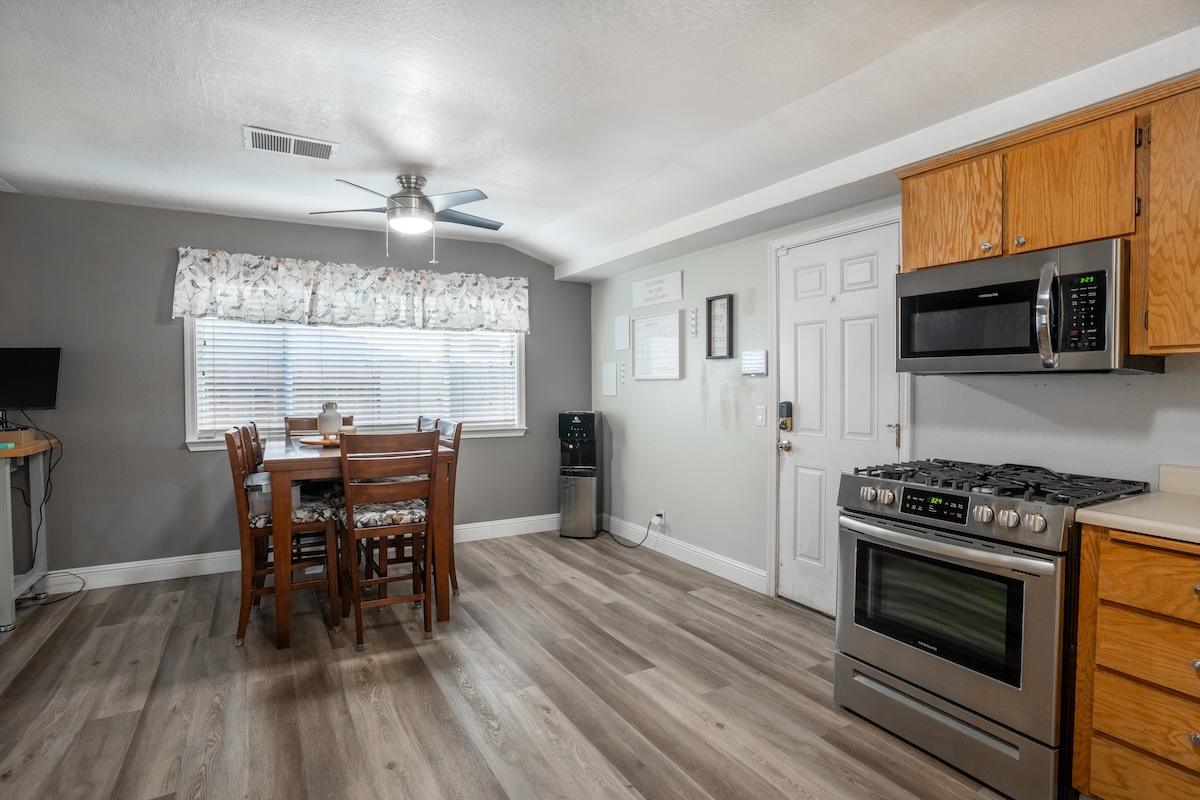
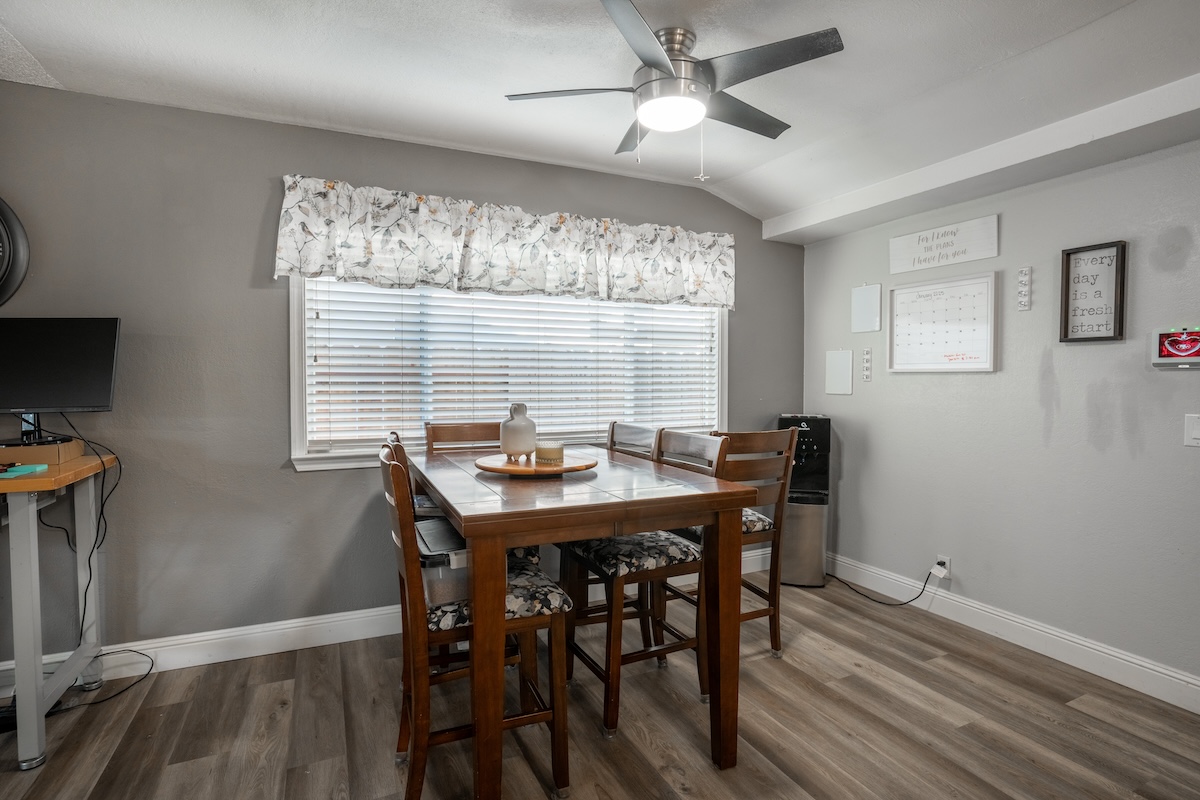
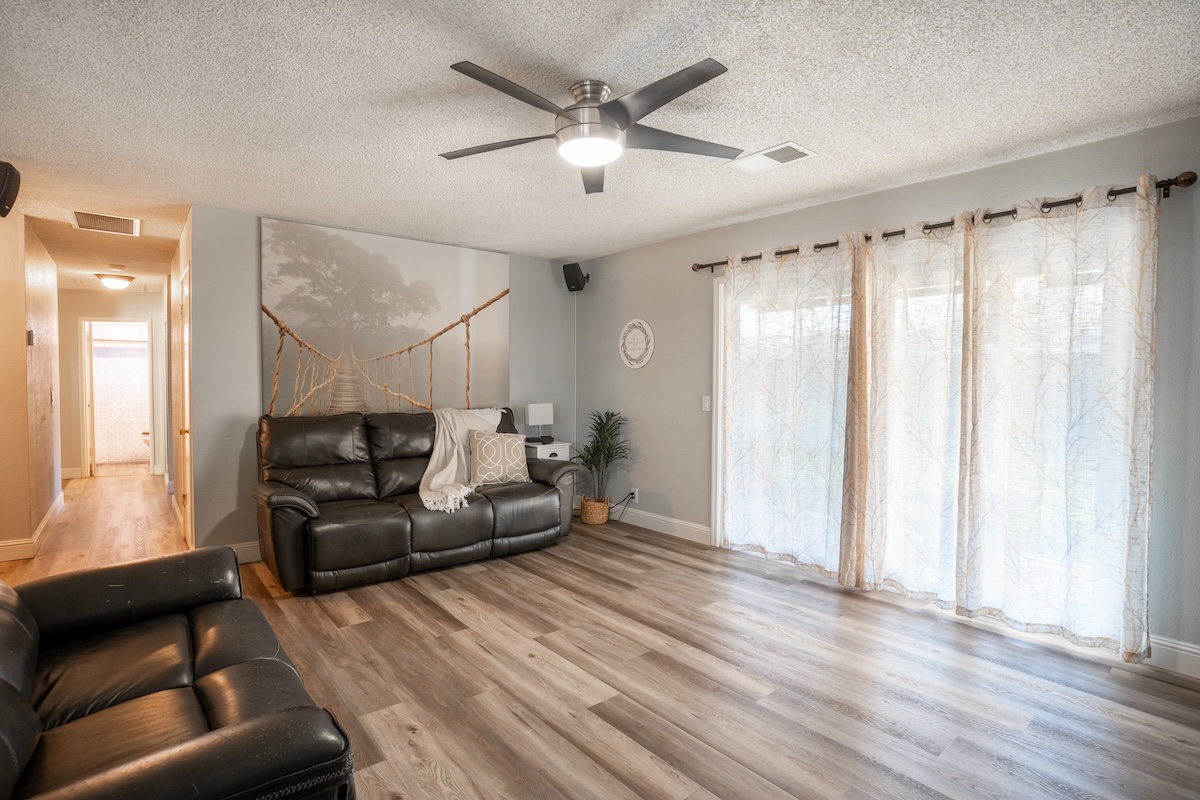
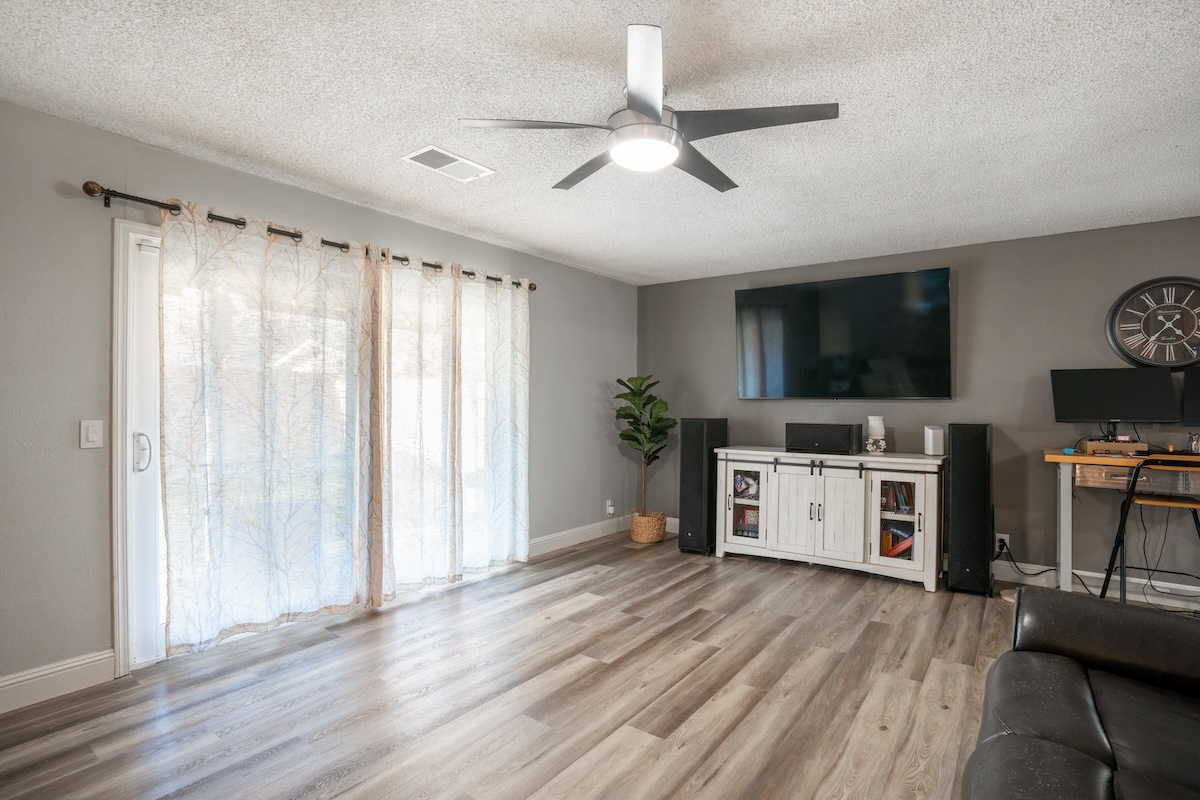
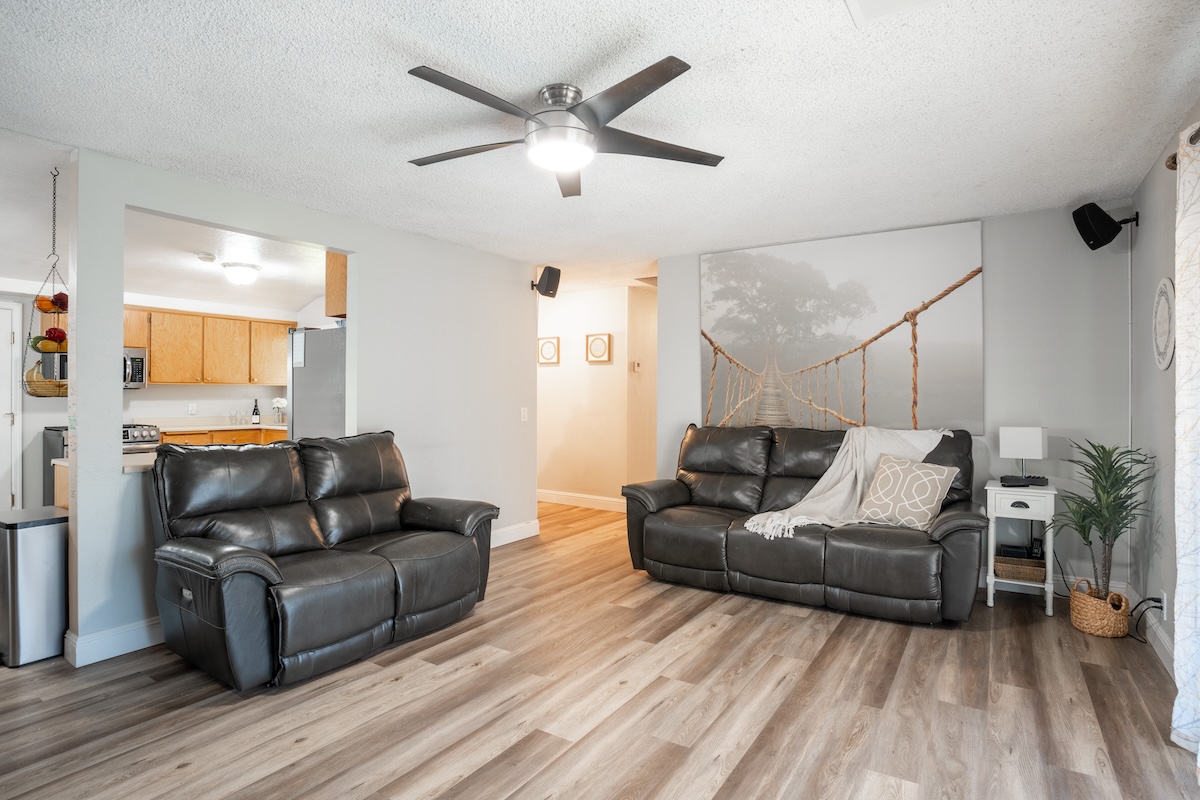
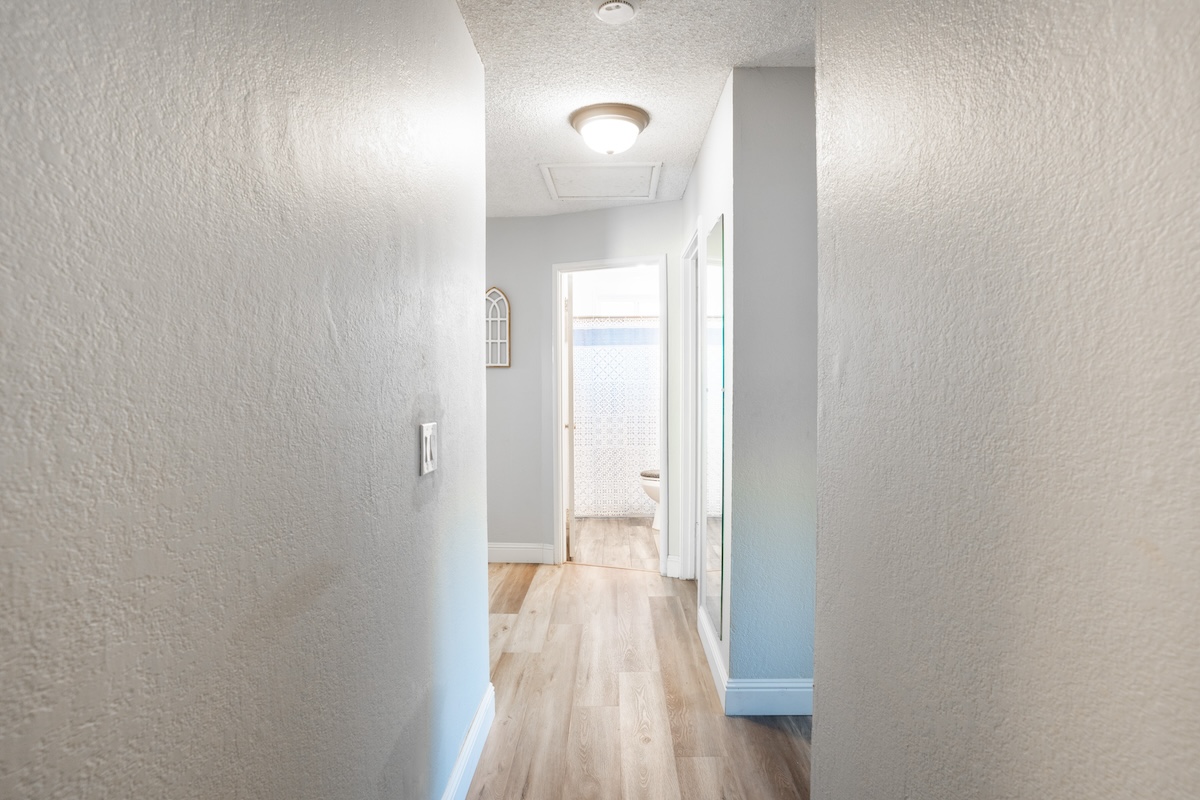
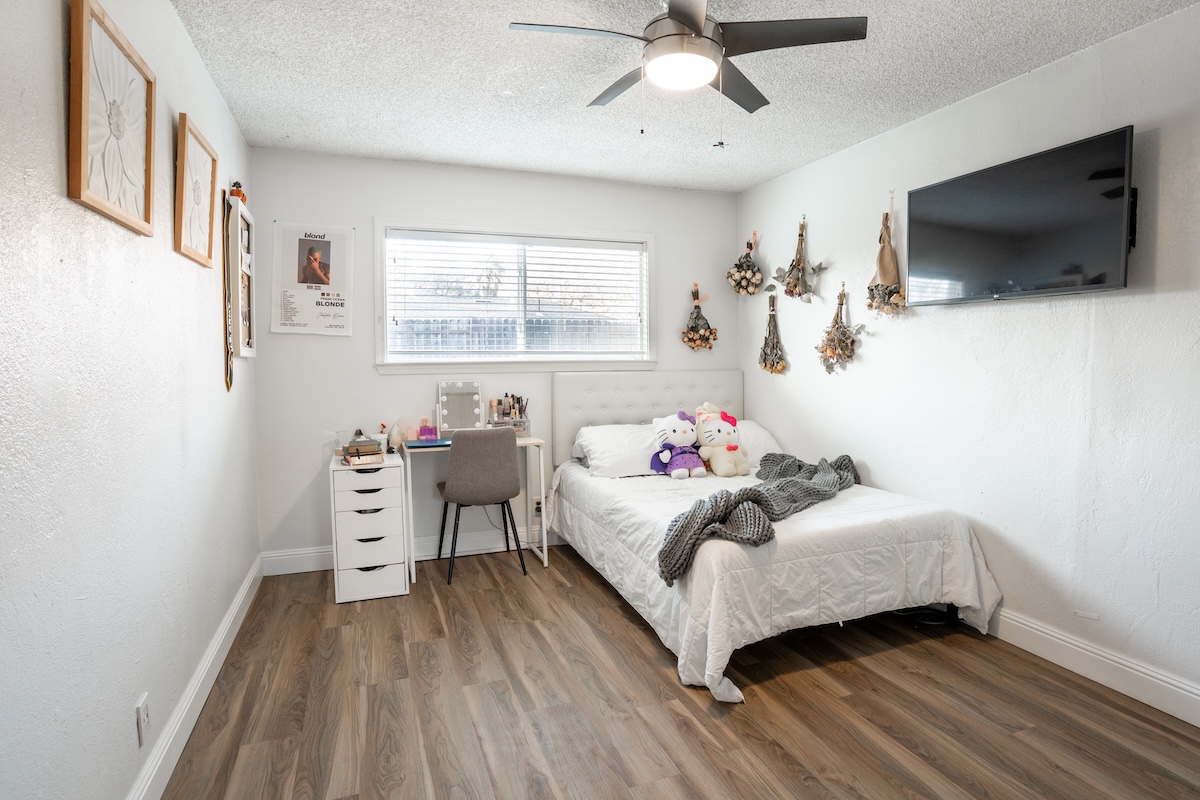
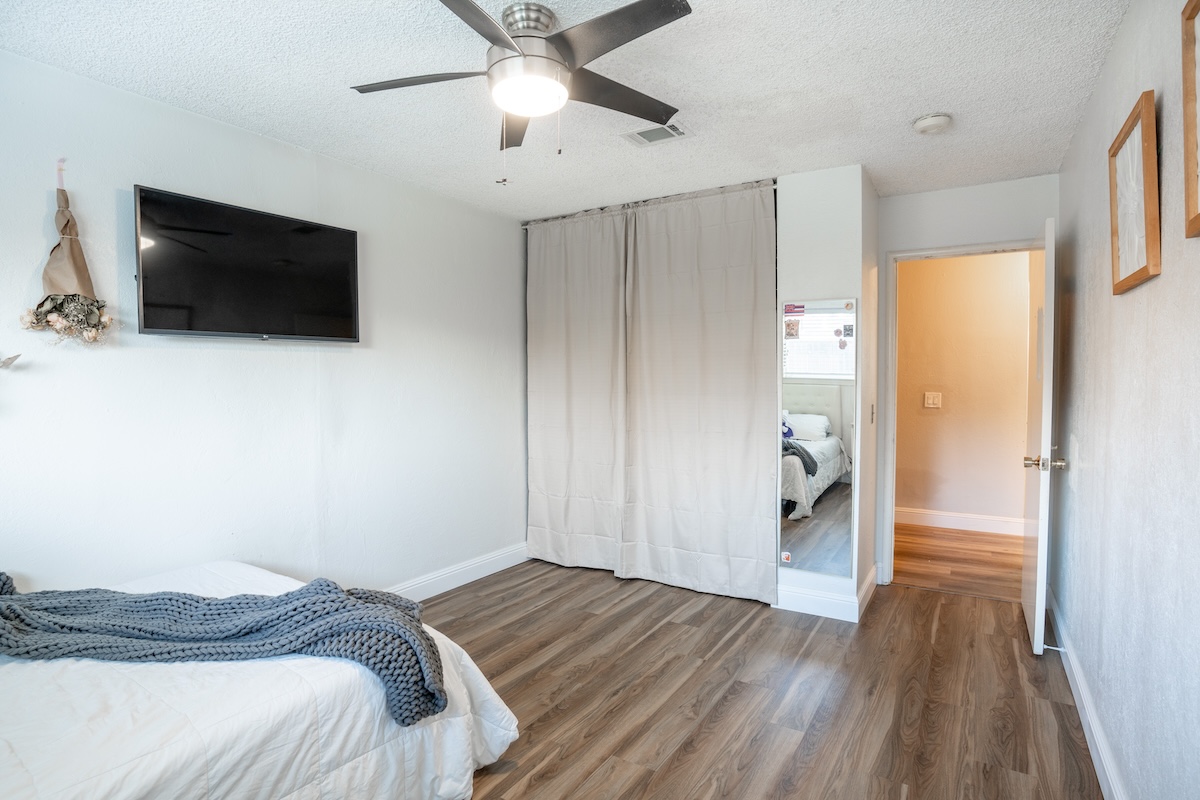
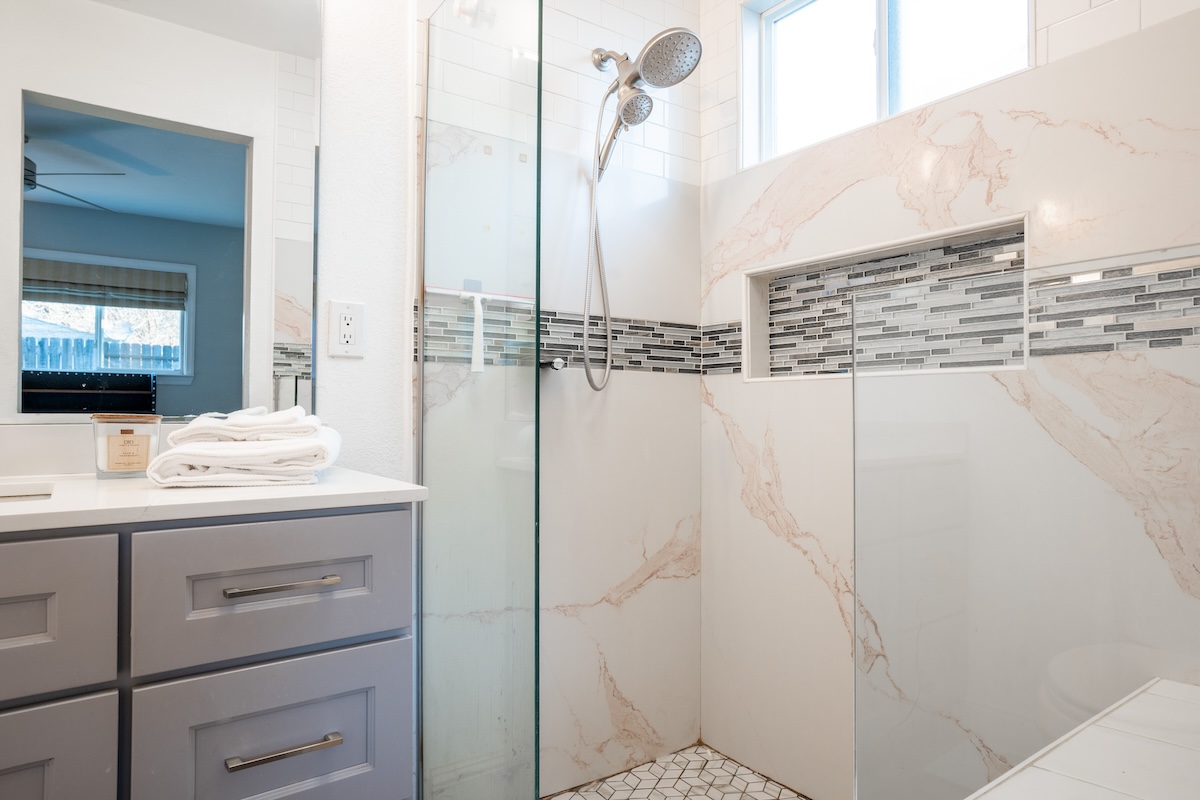
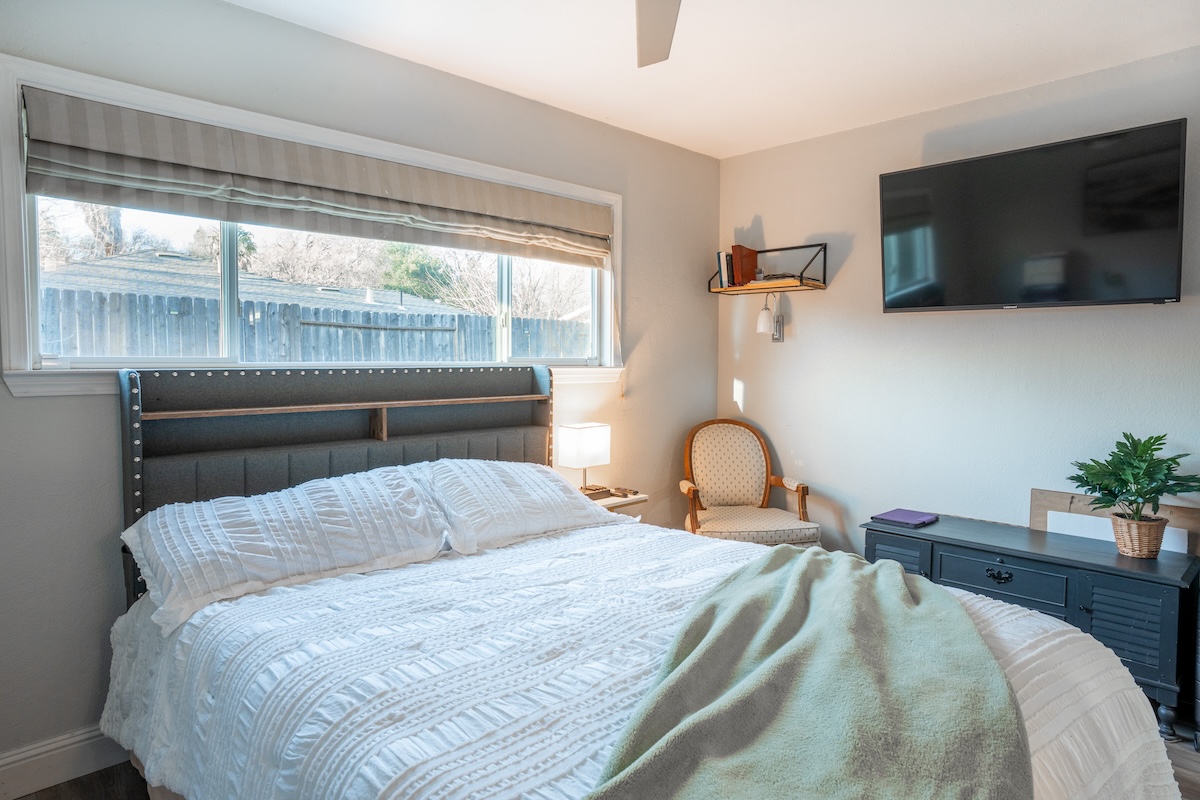
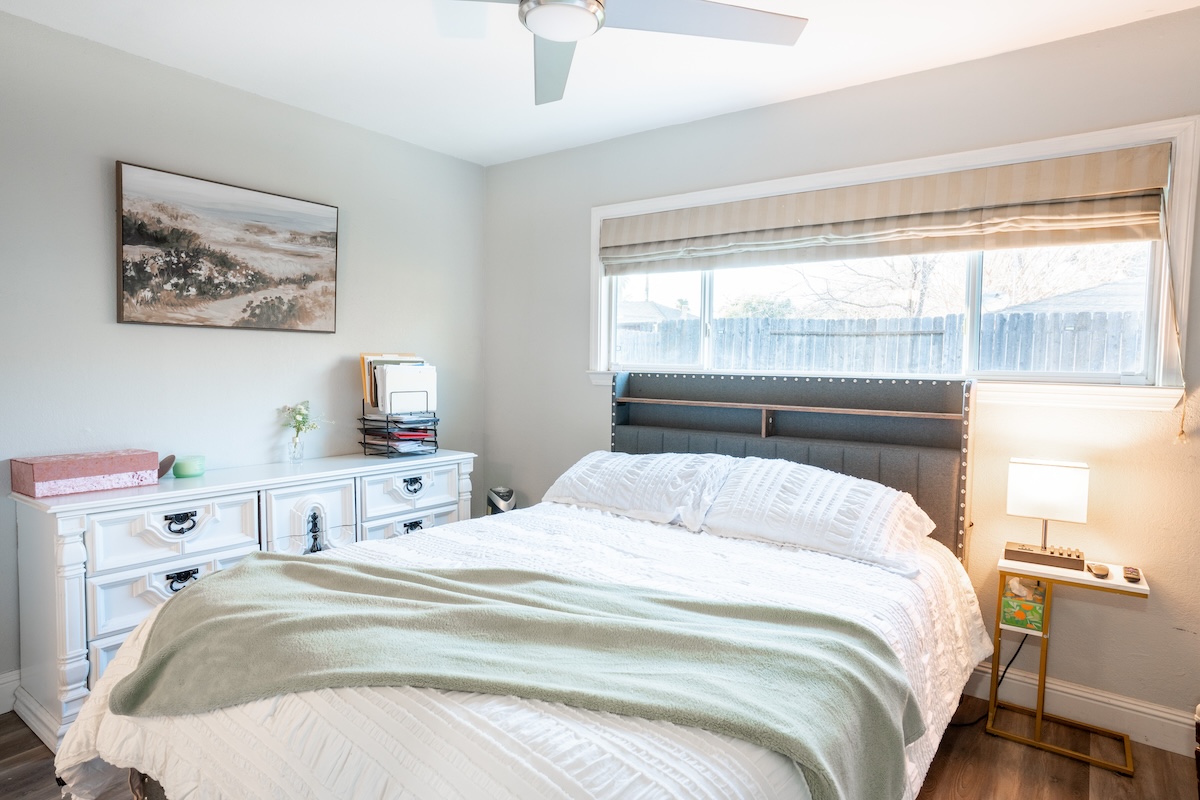
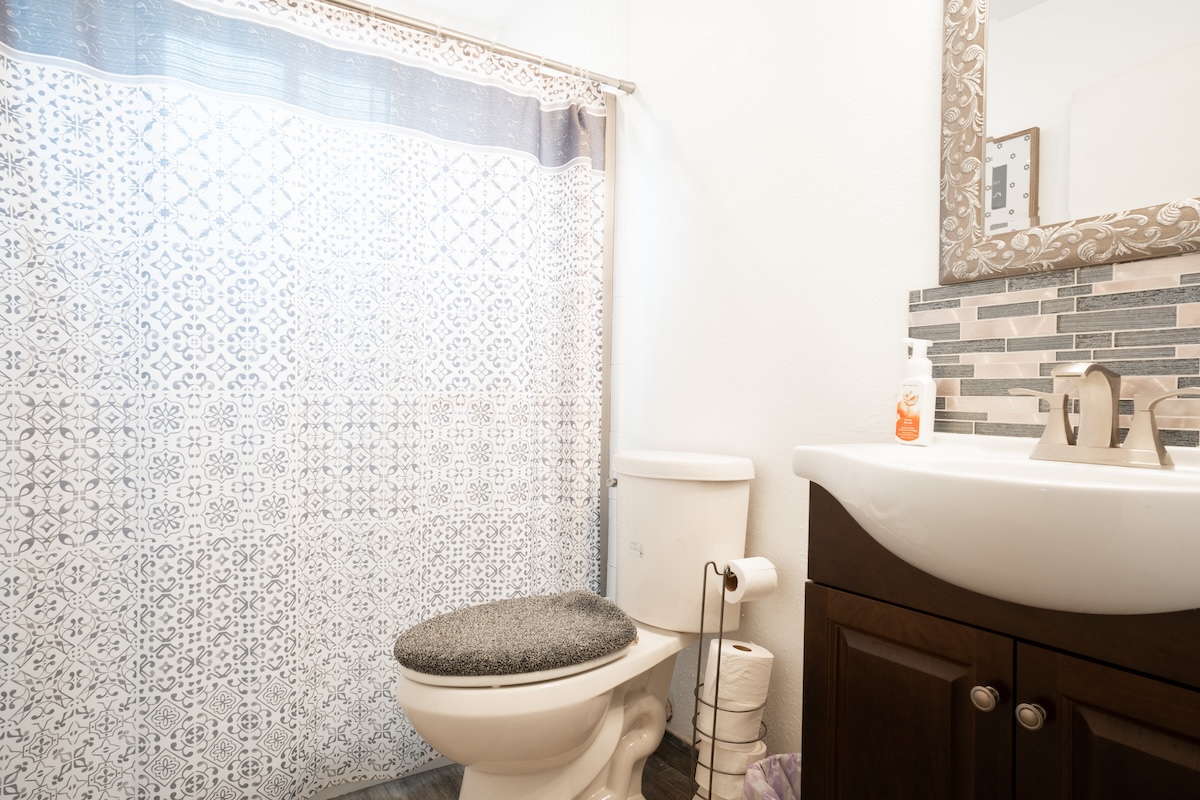
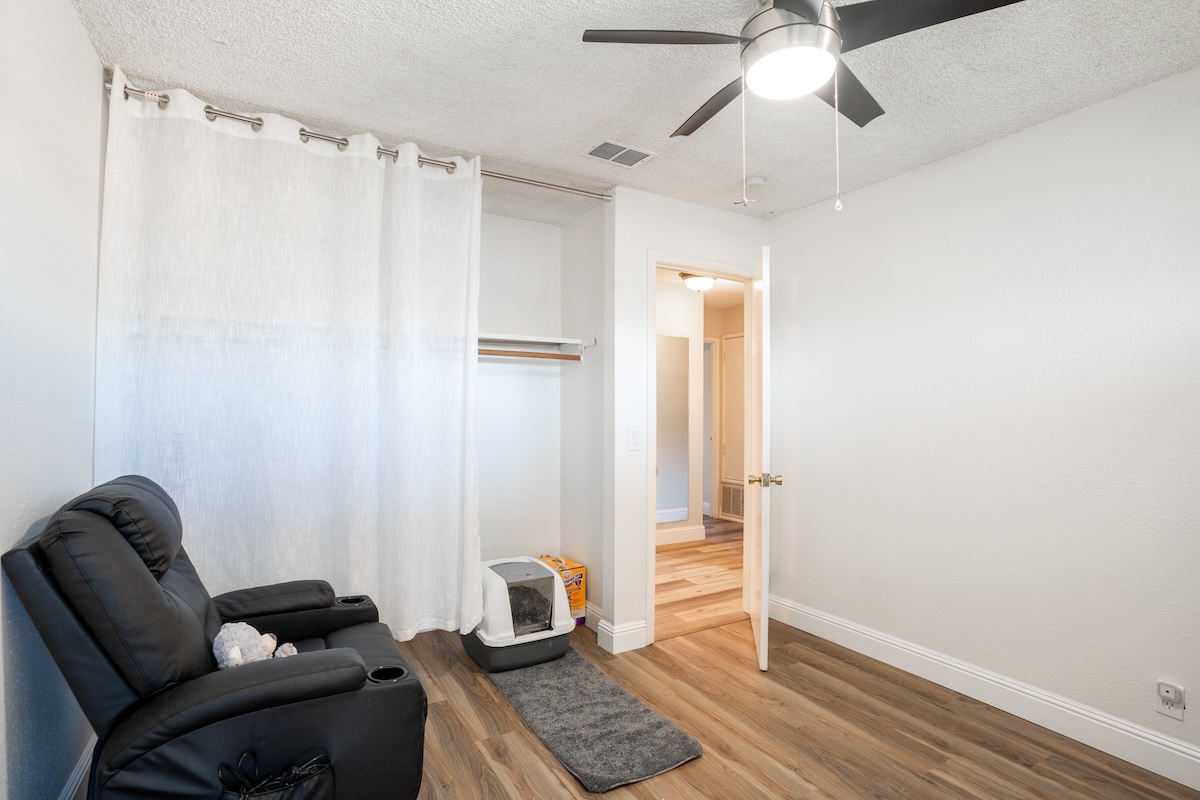
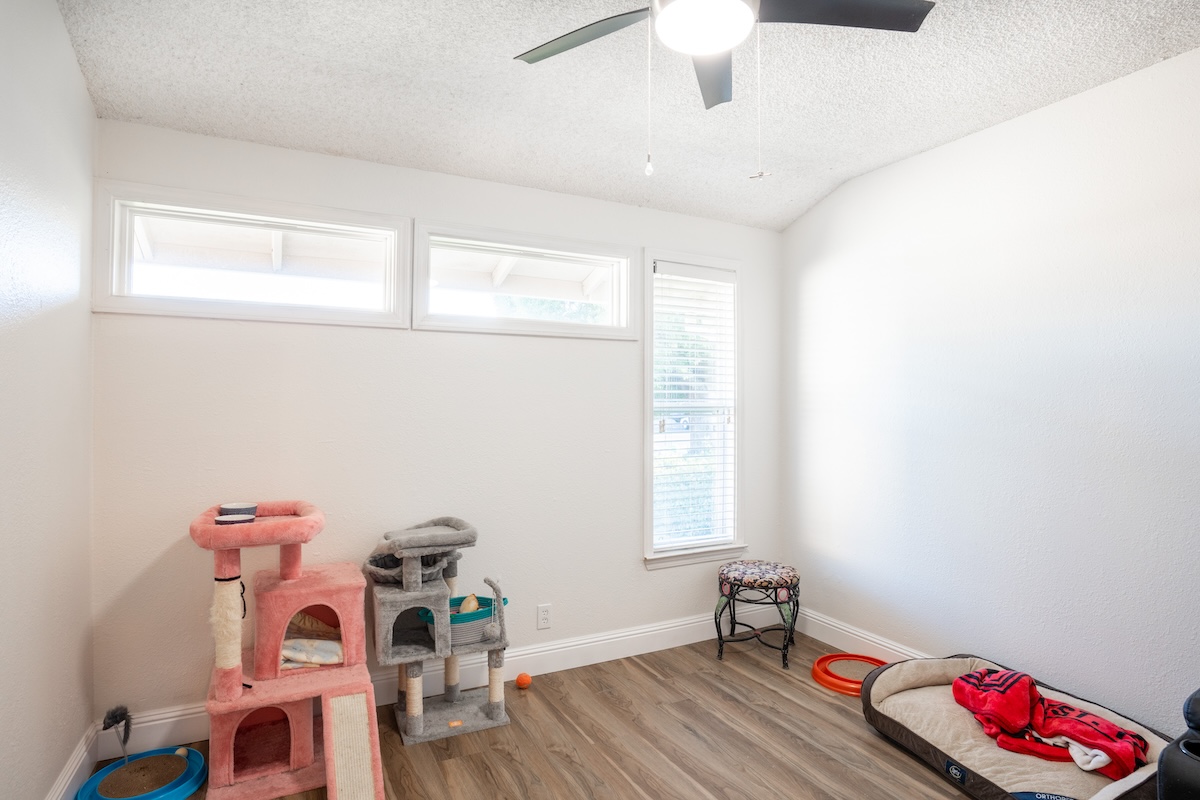
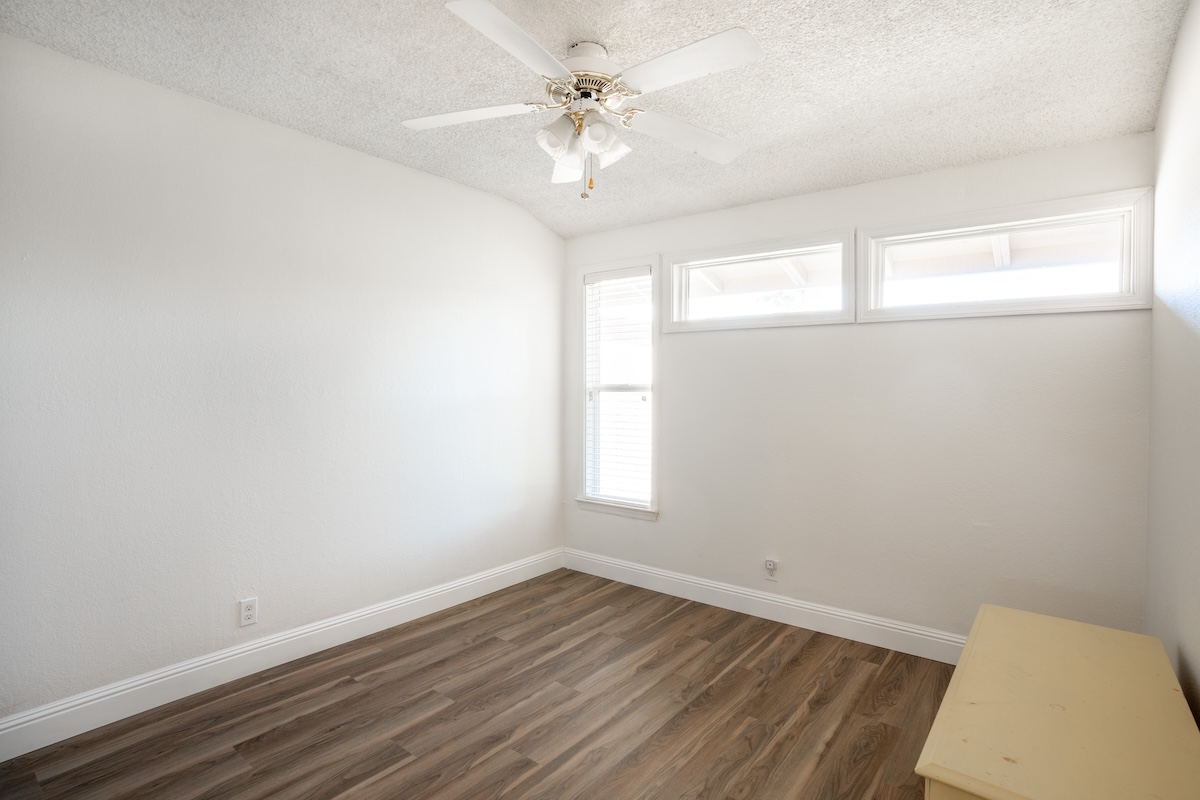
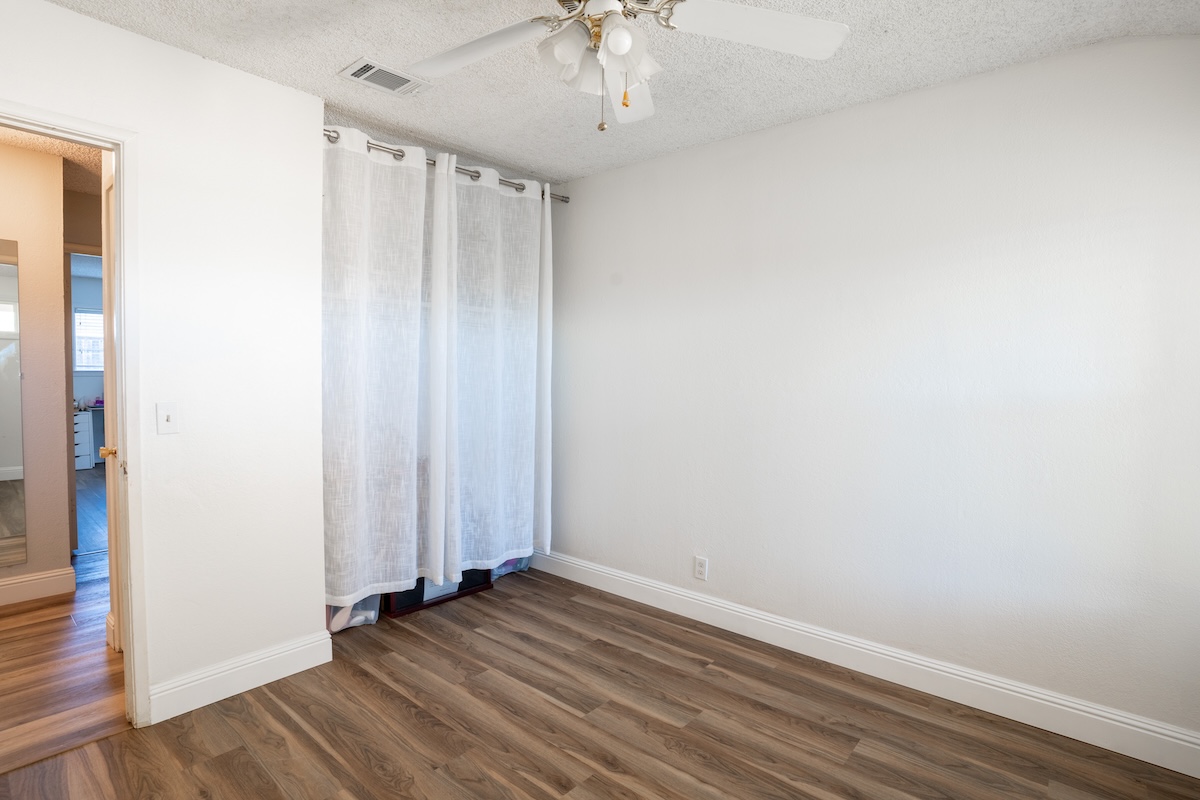
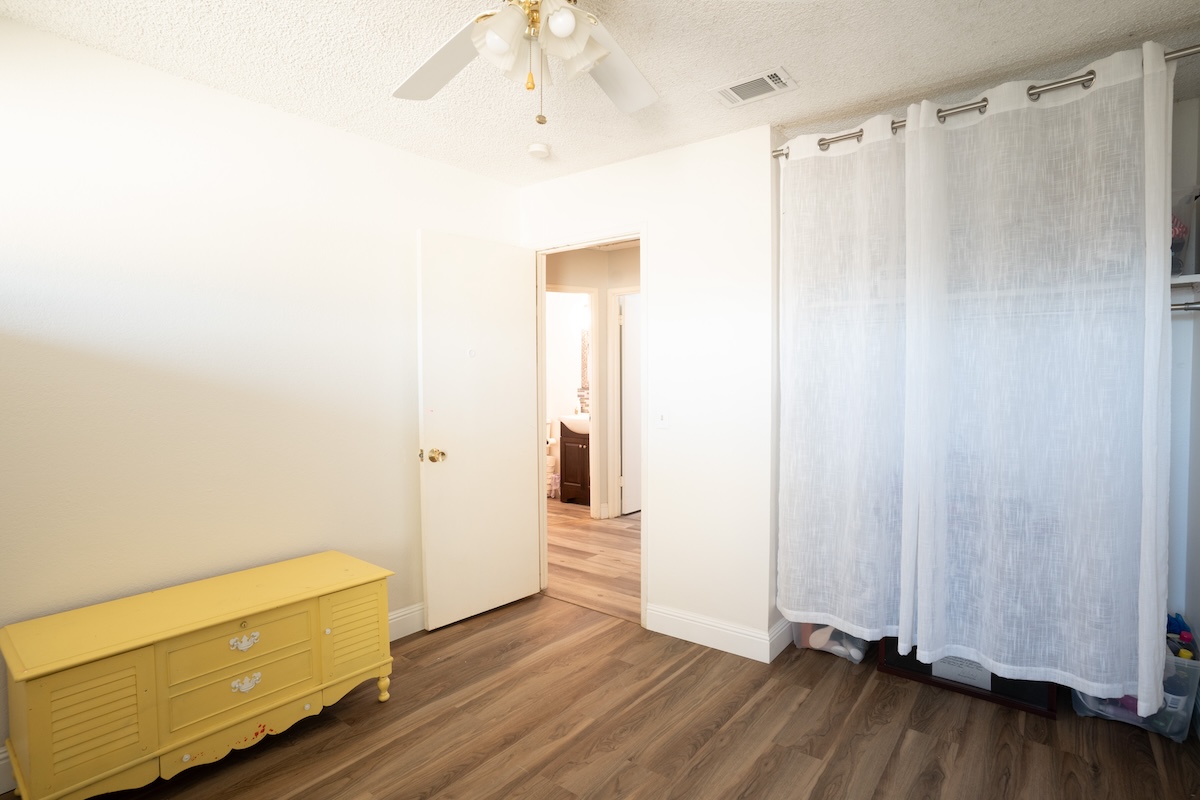
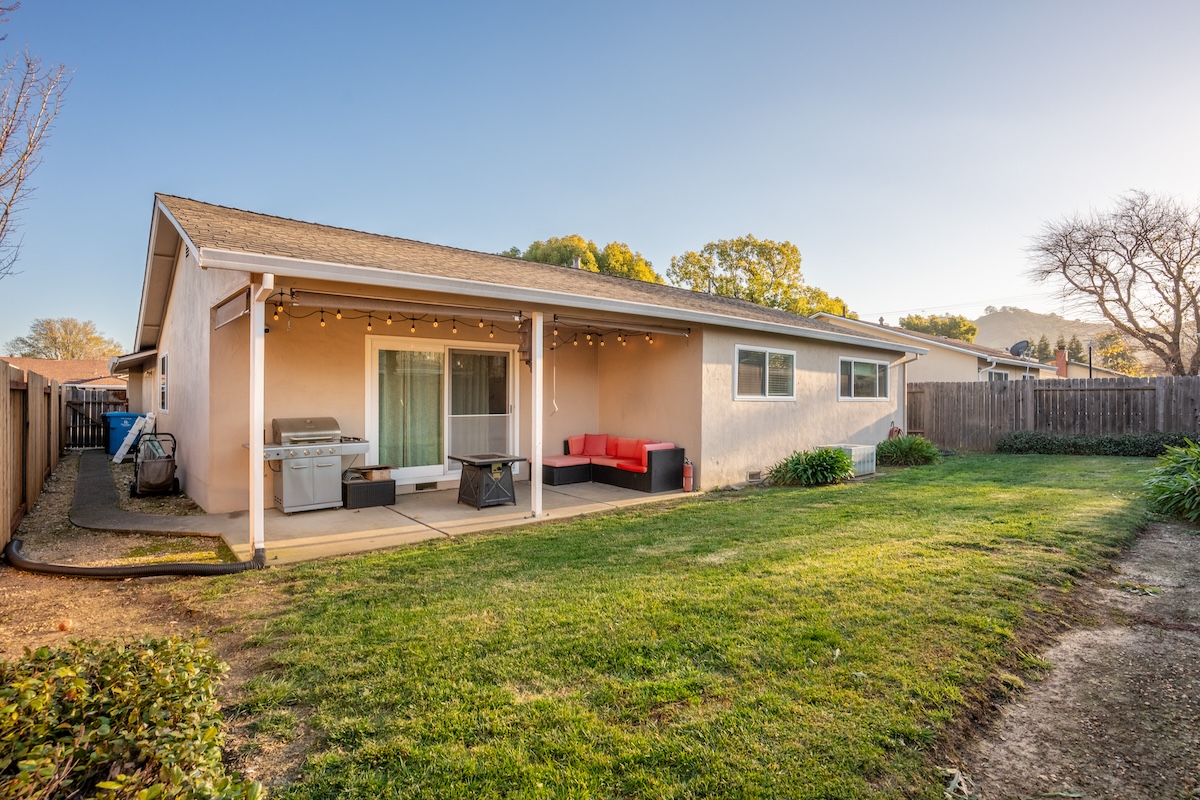
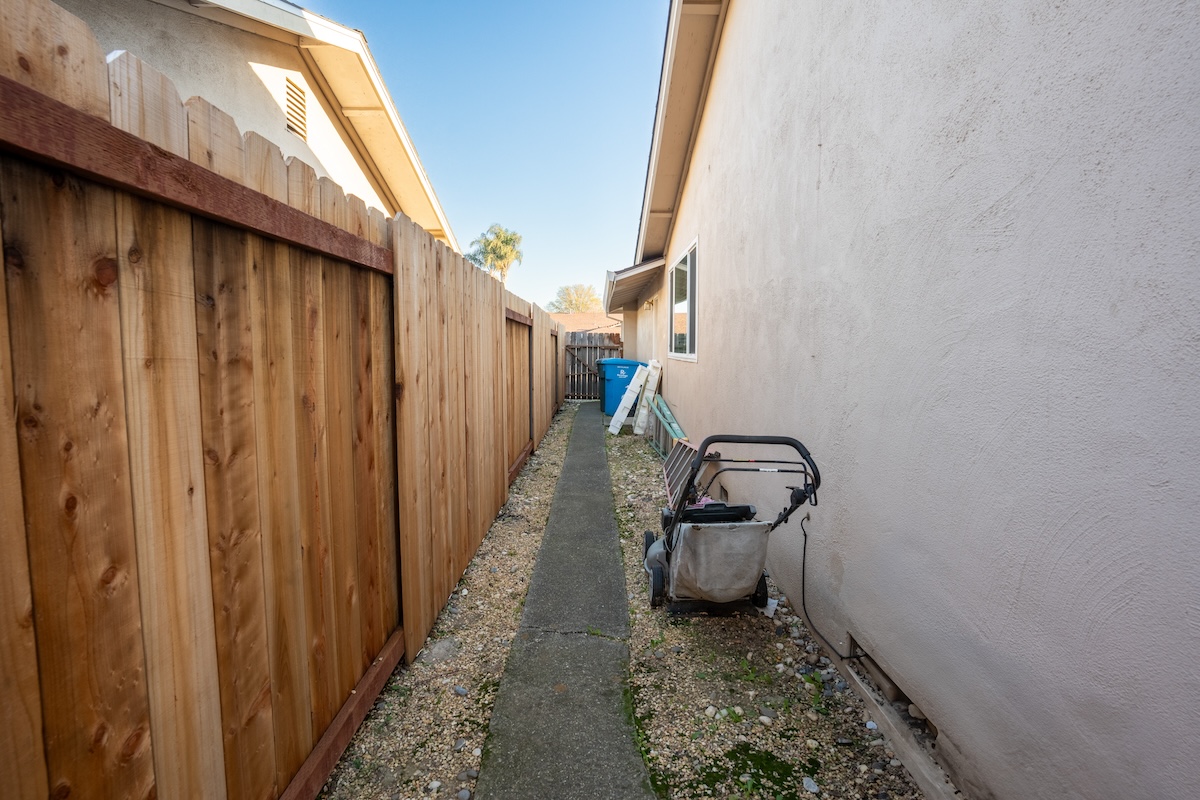
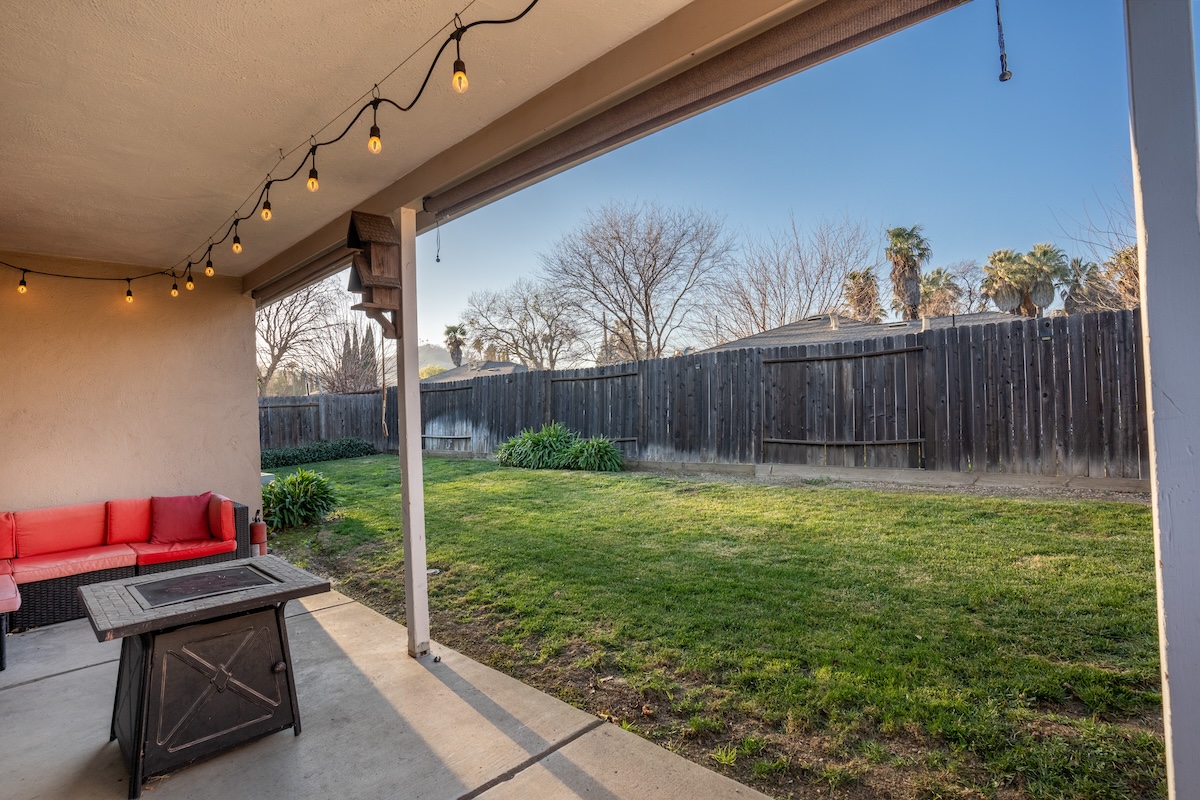
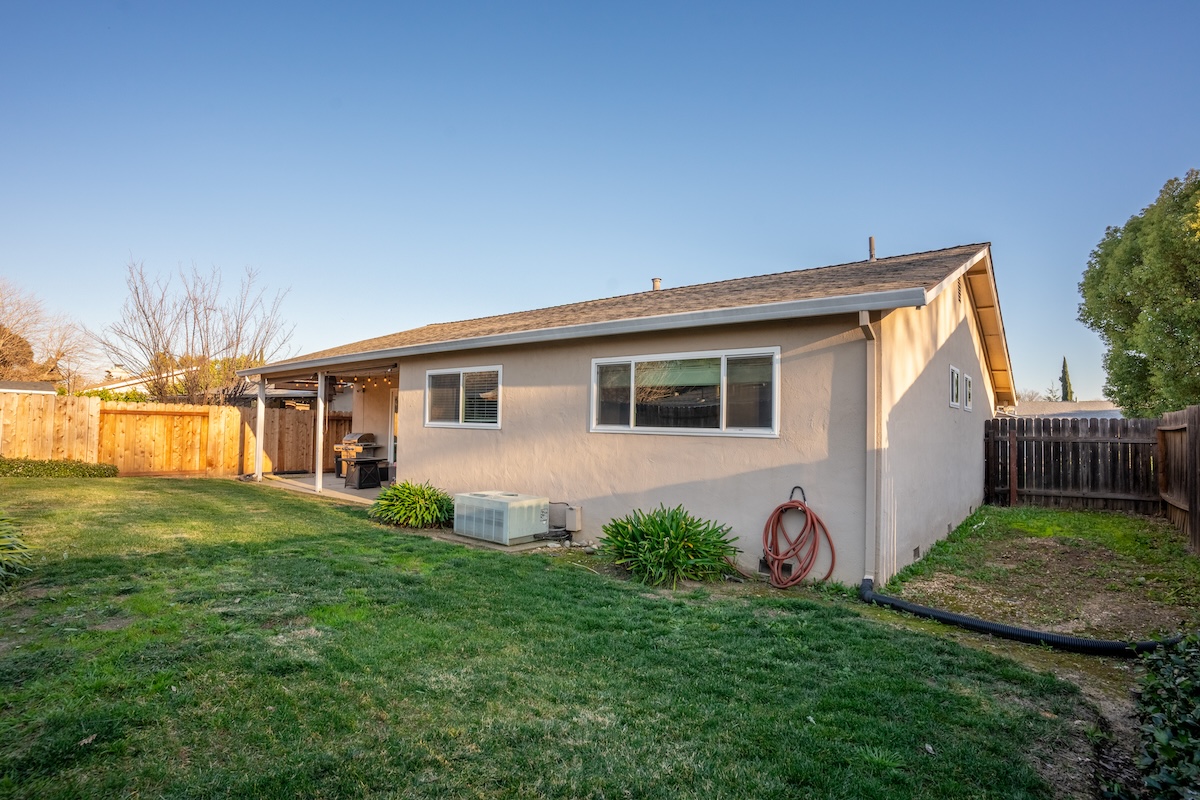
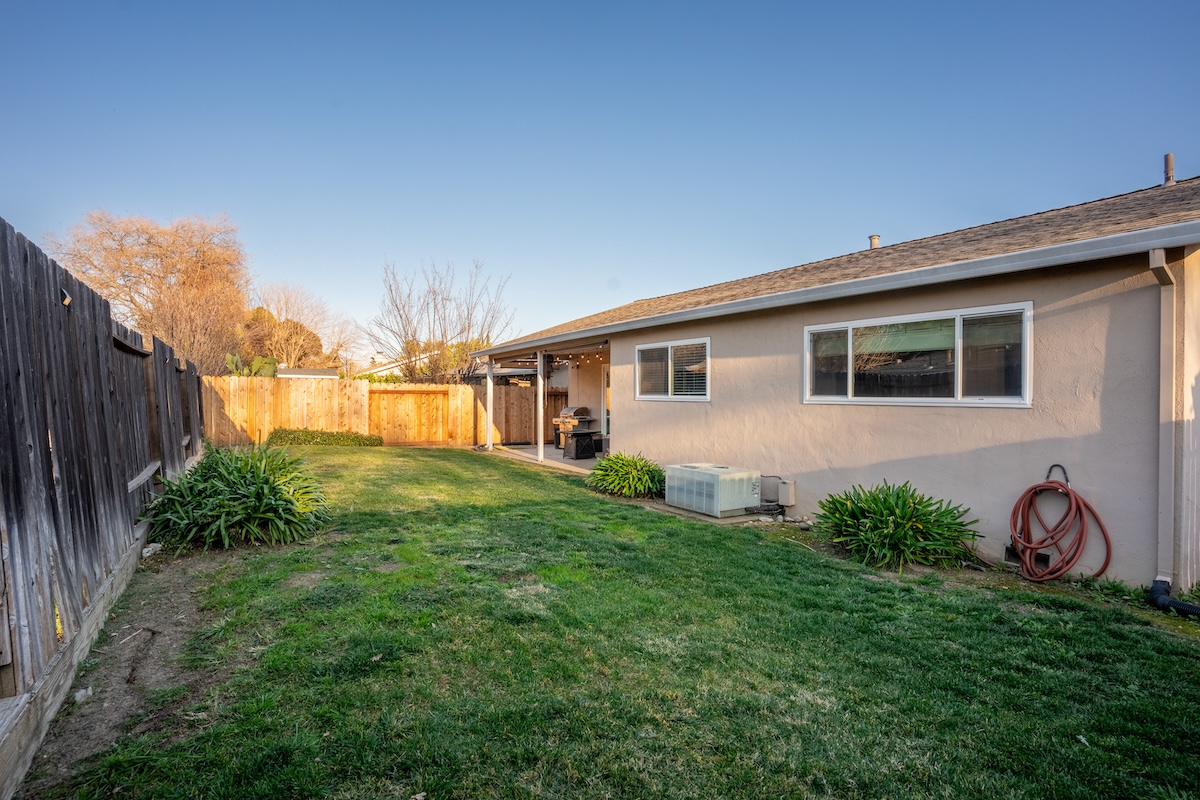
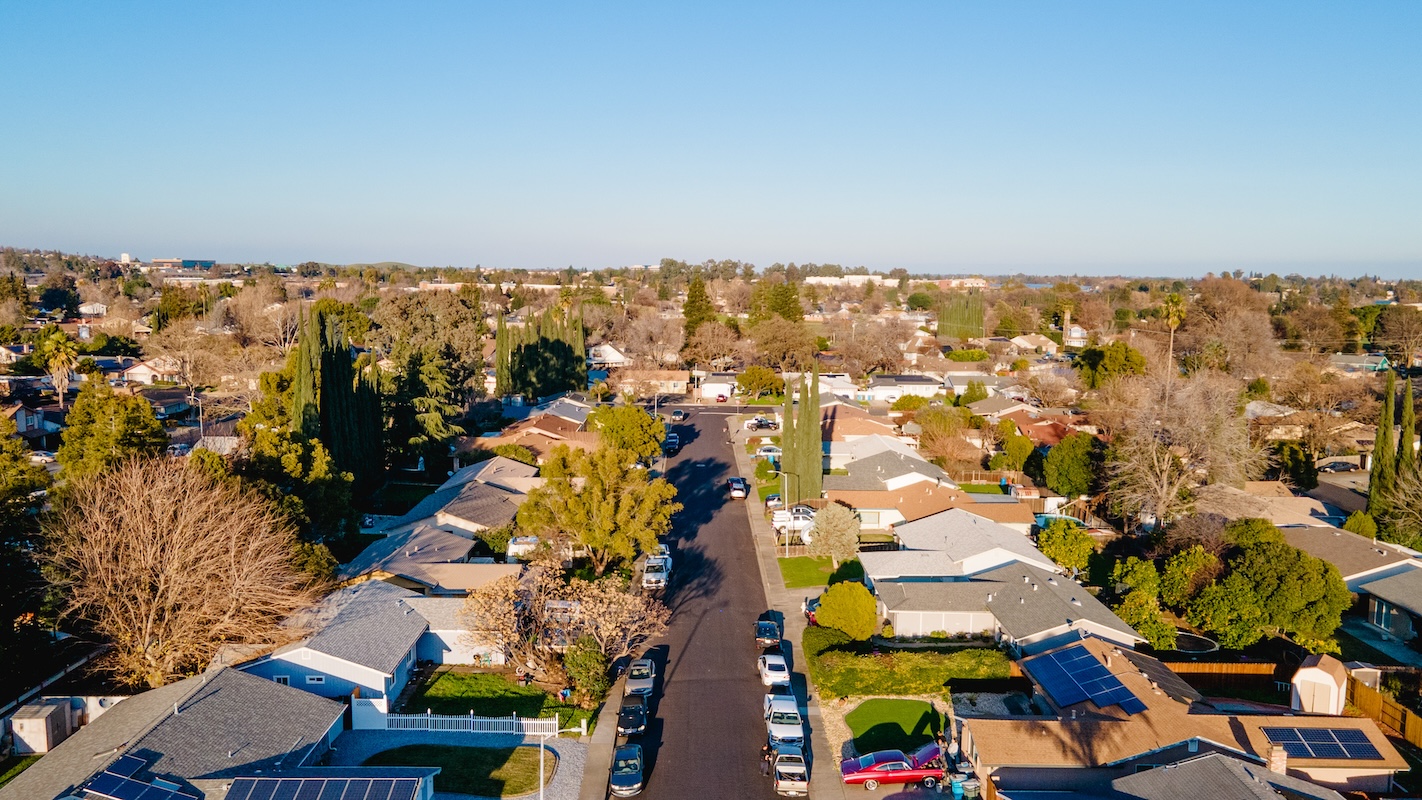
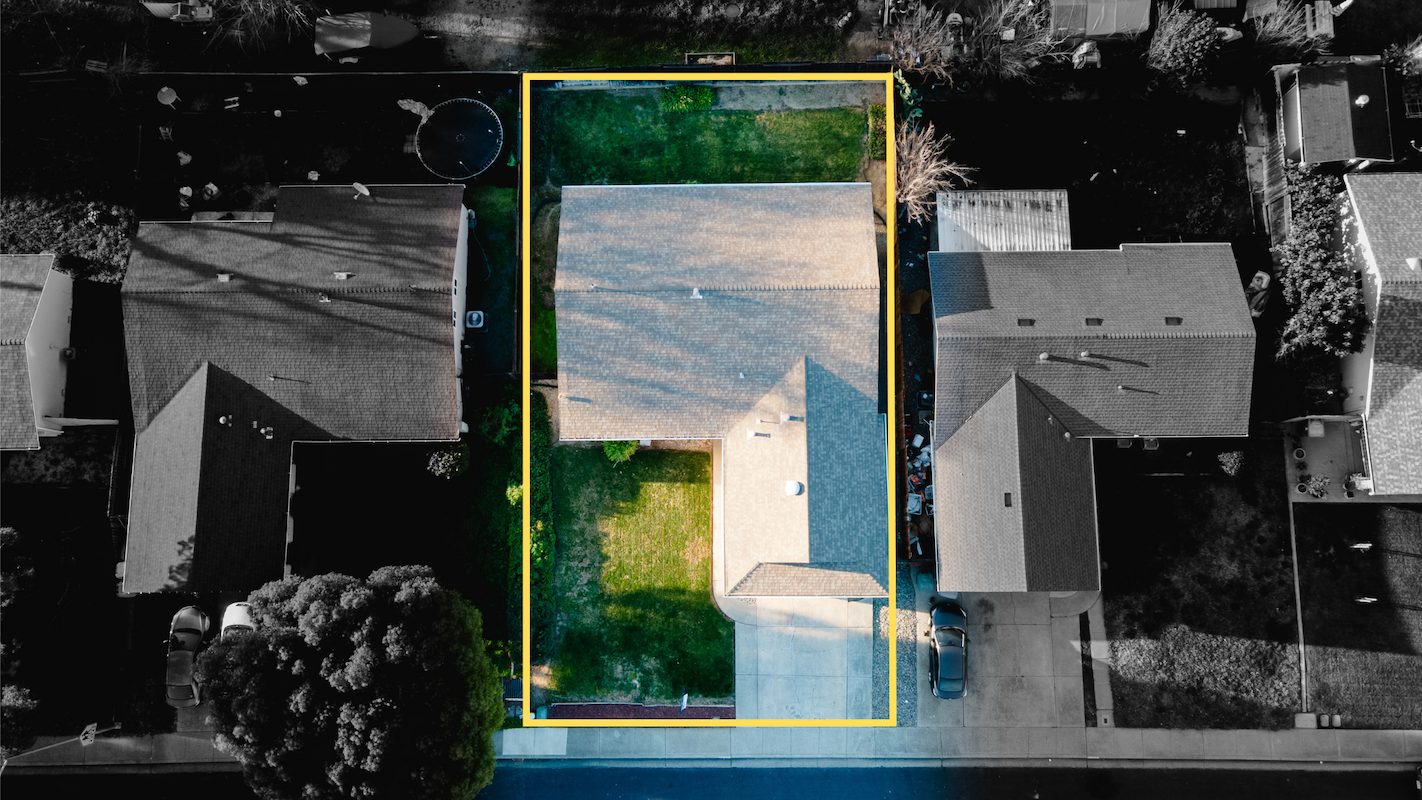


 What Are My Staging Options?
What Are My Staging Options?



